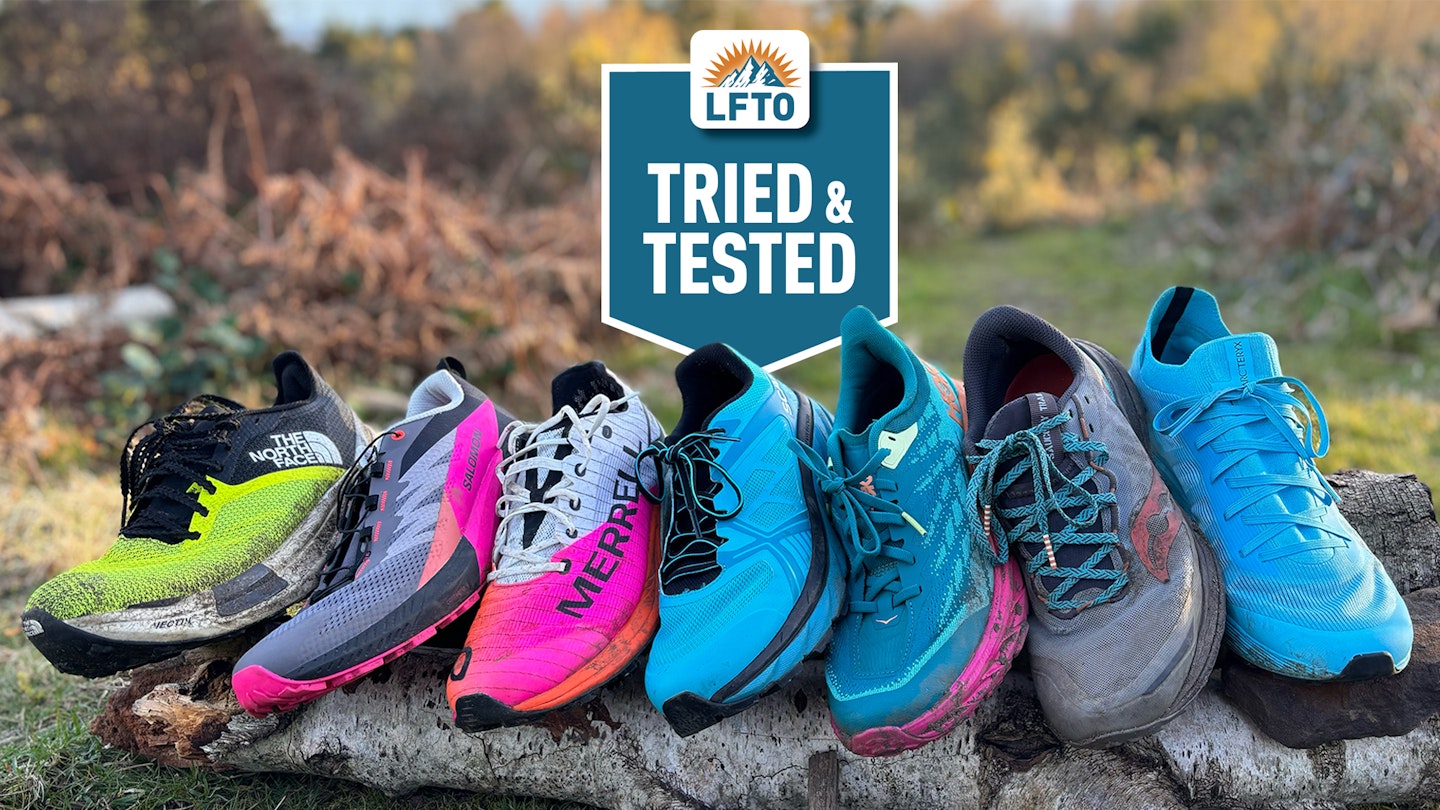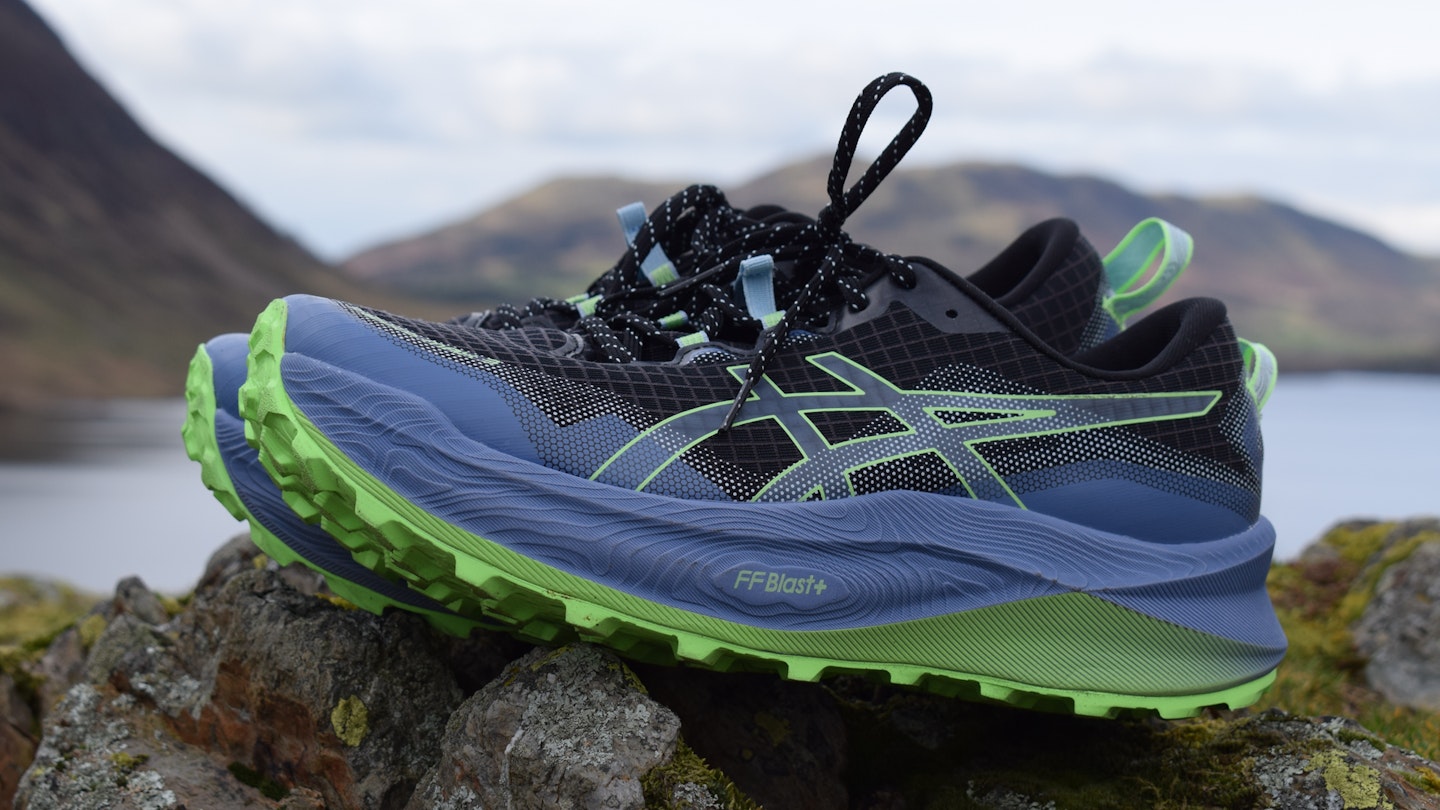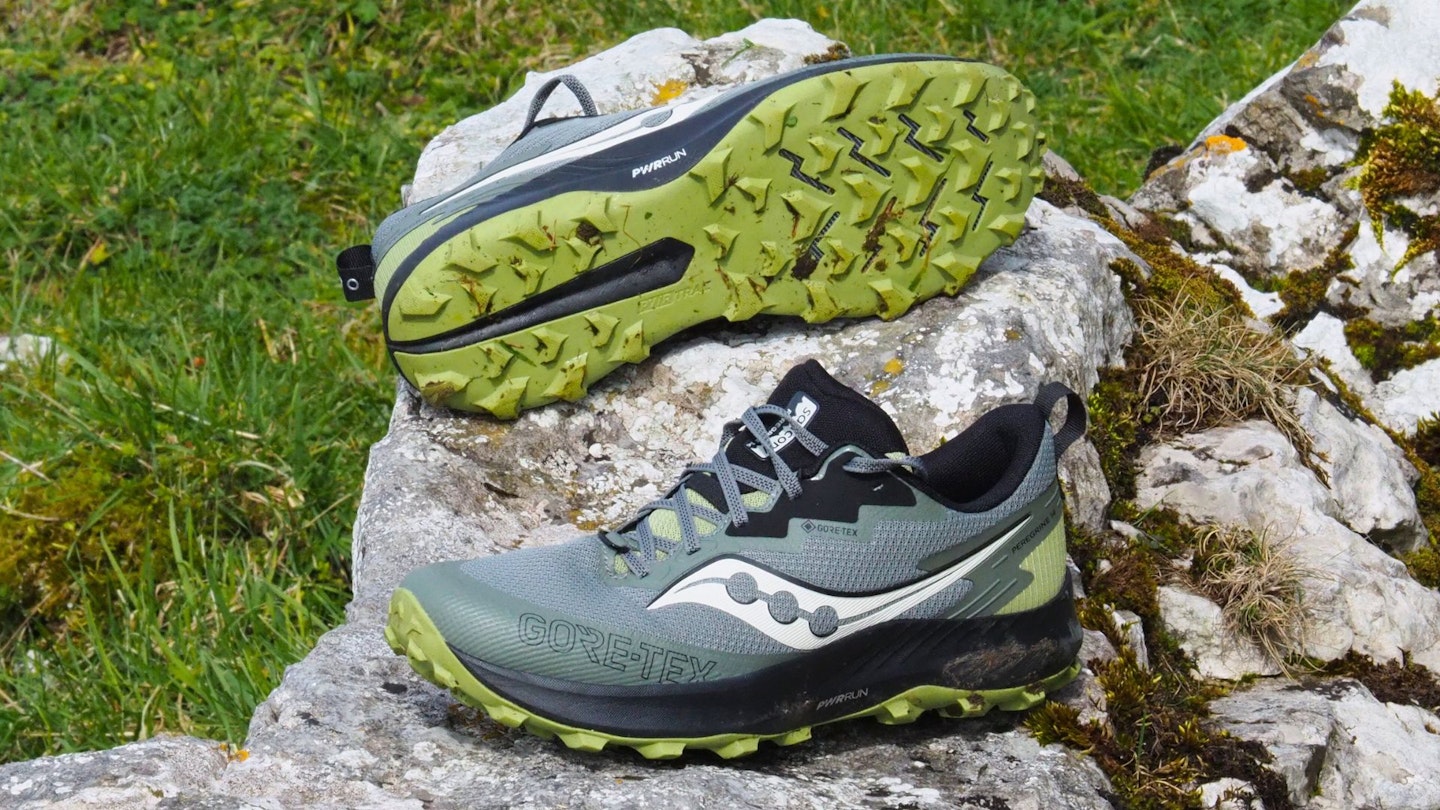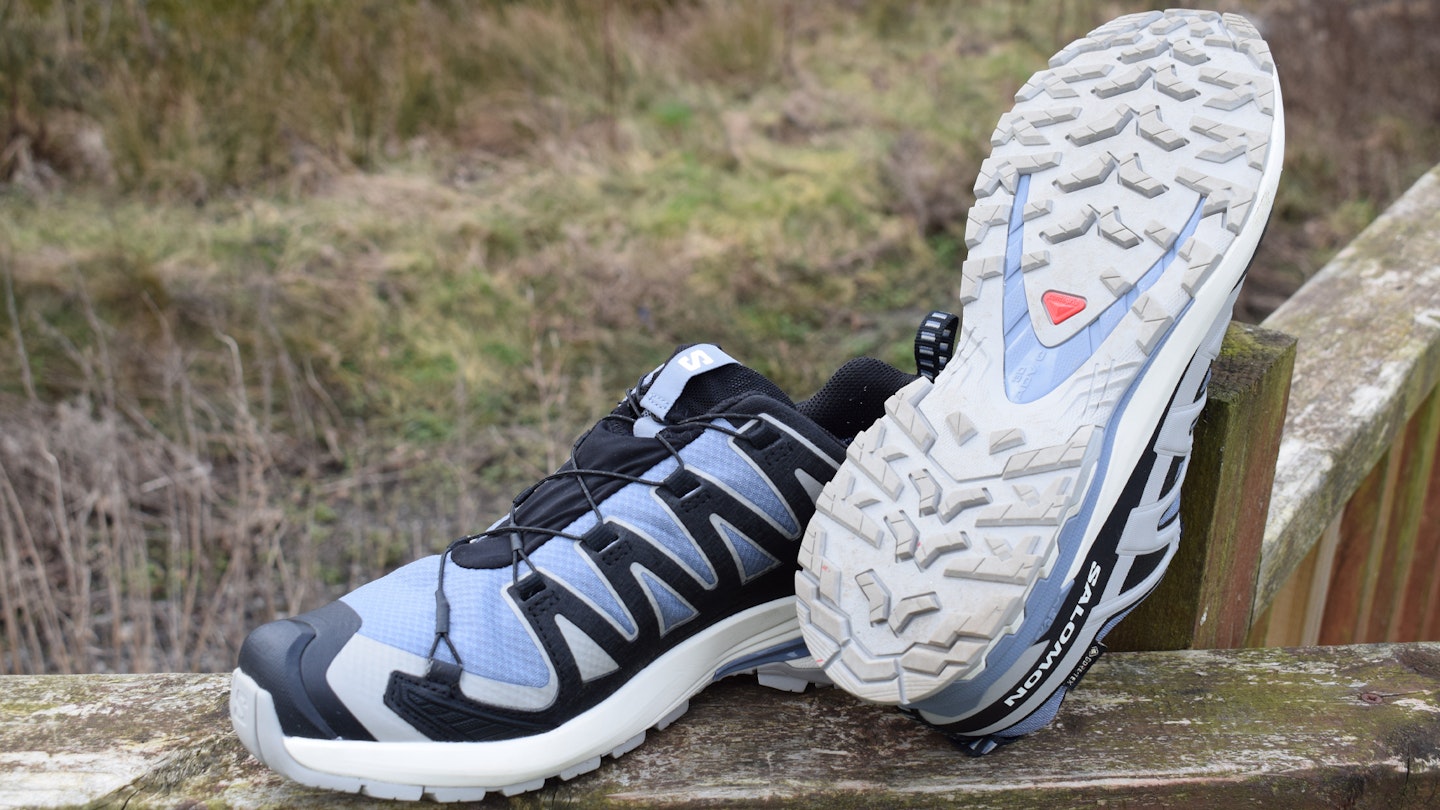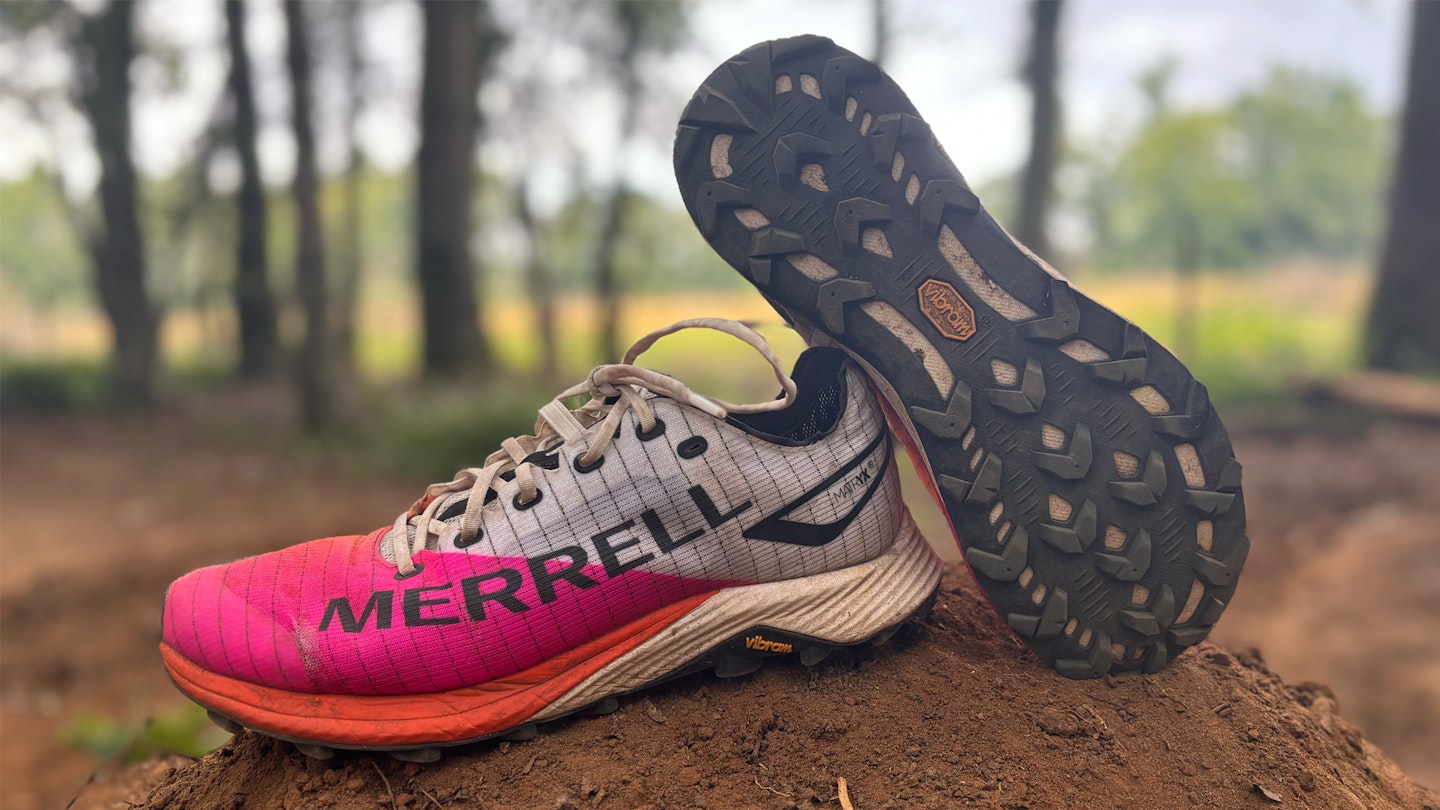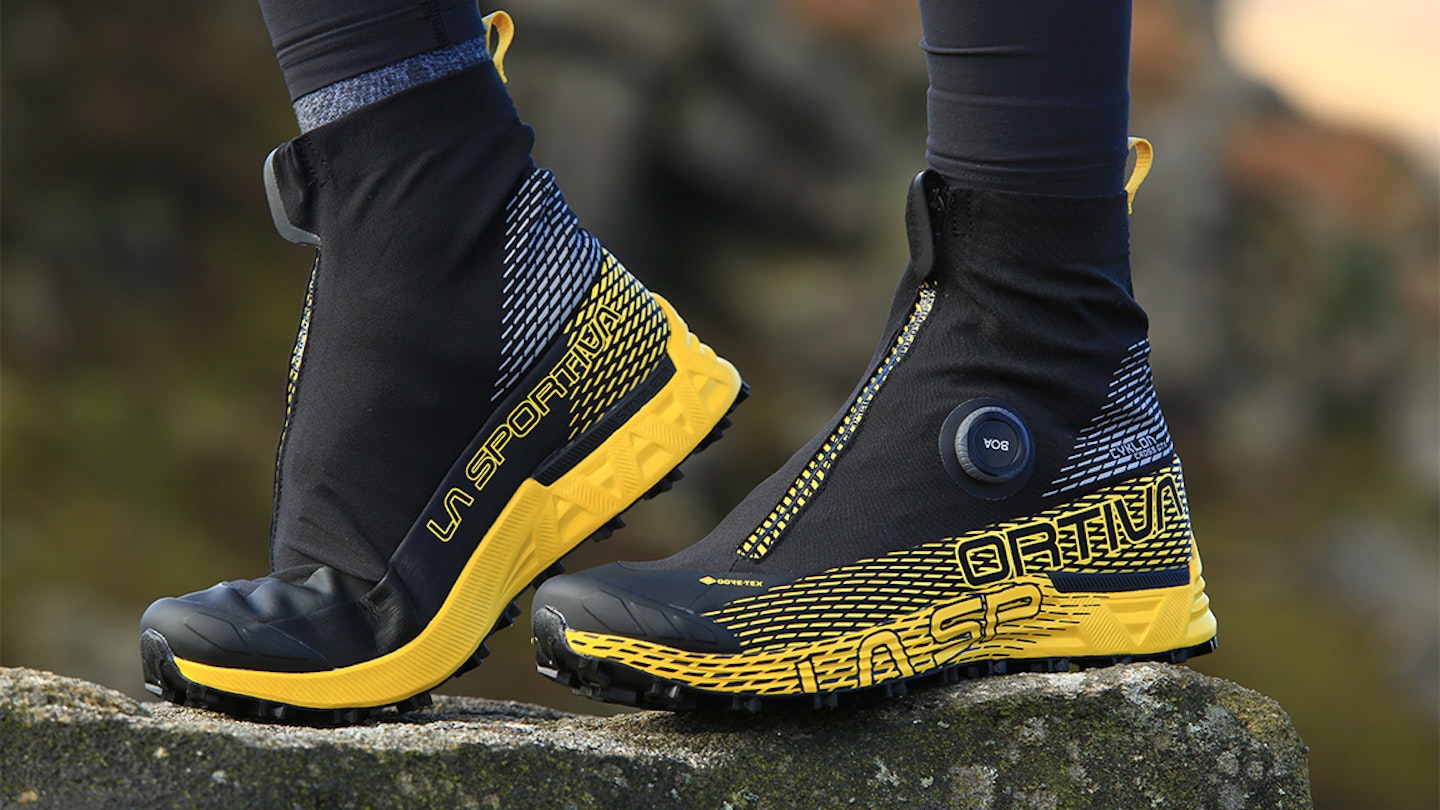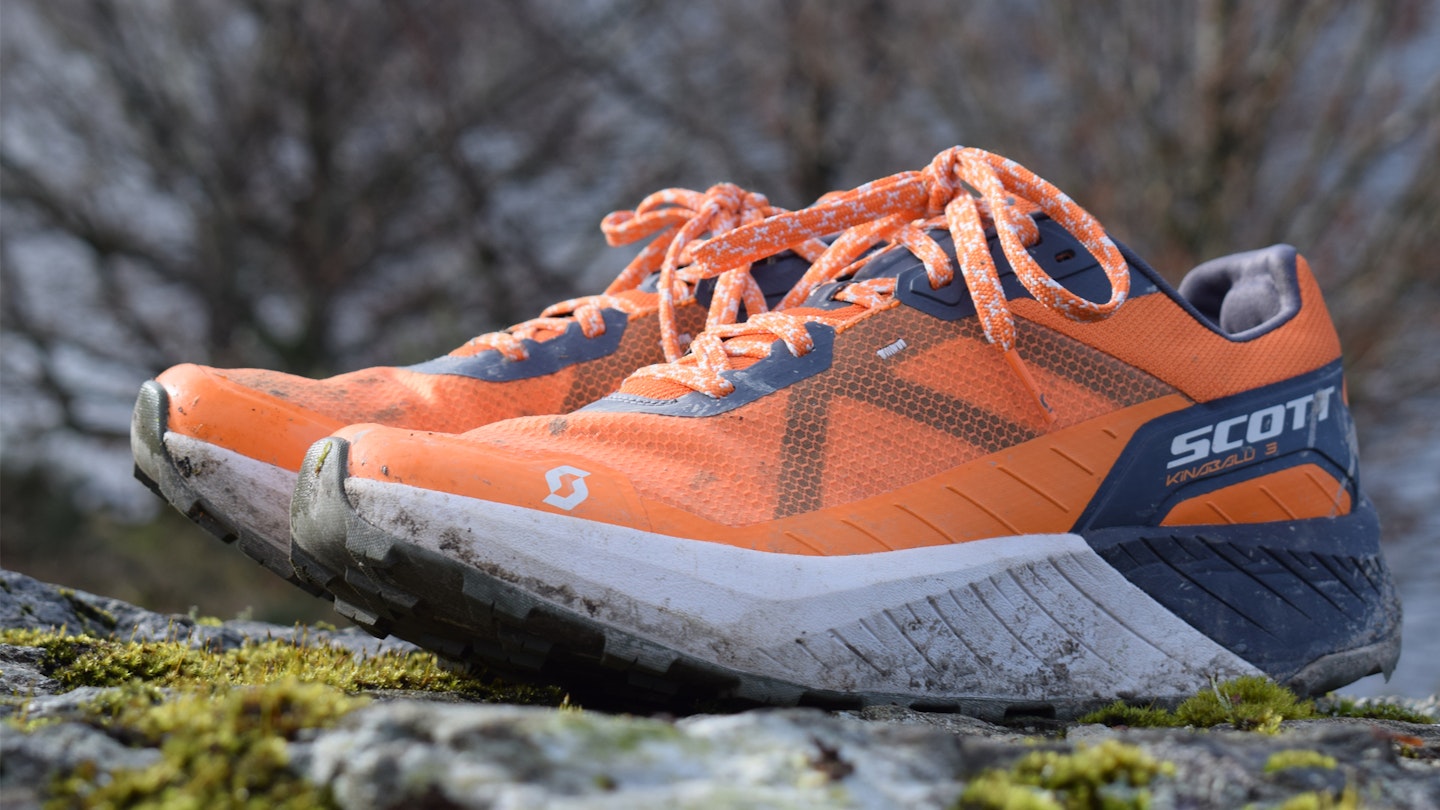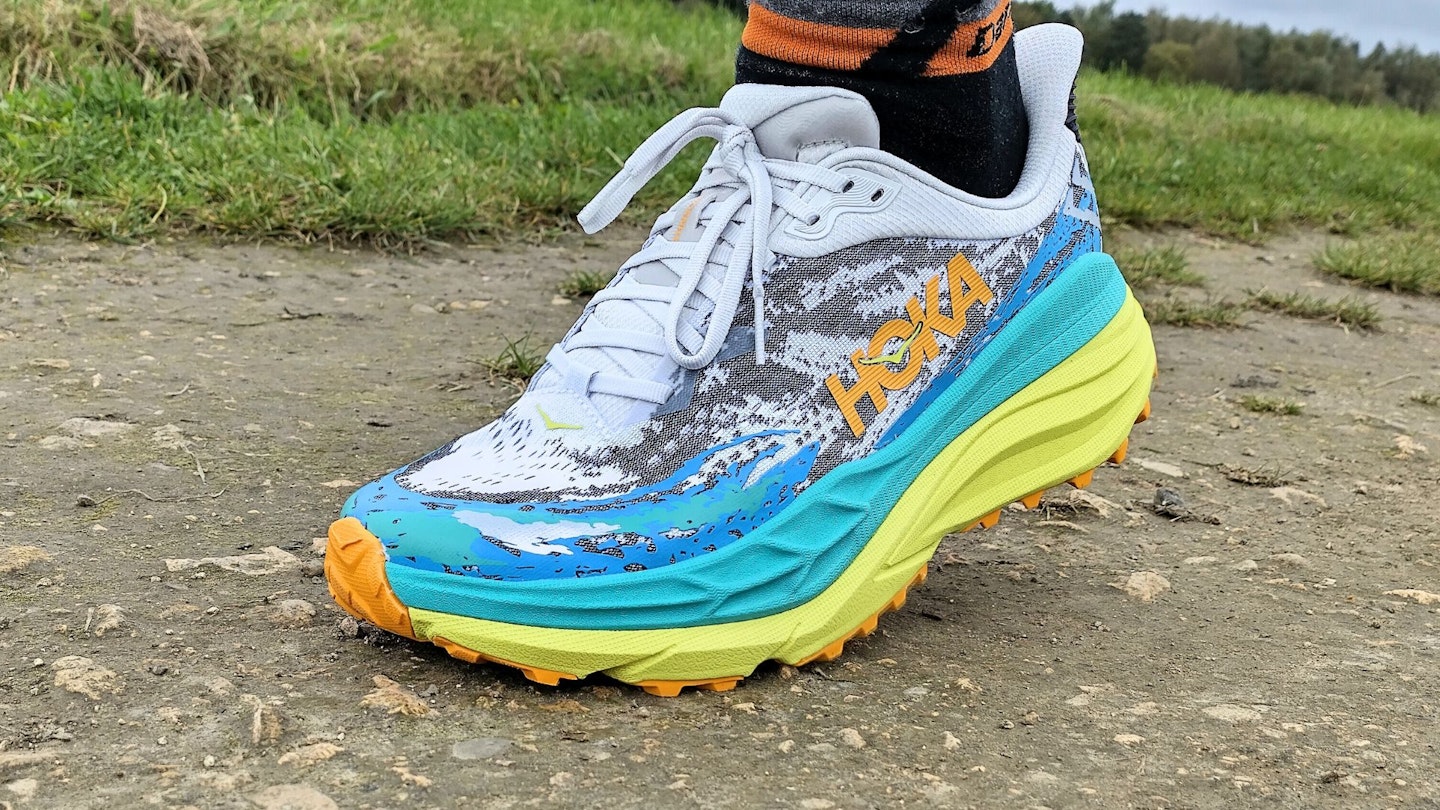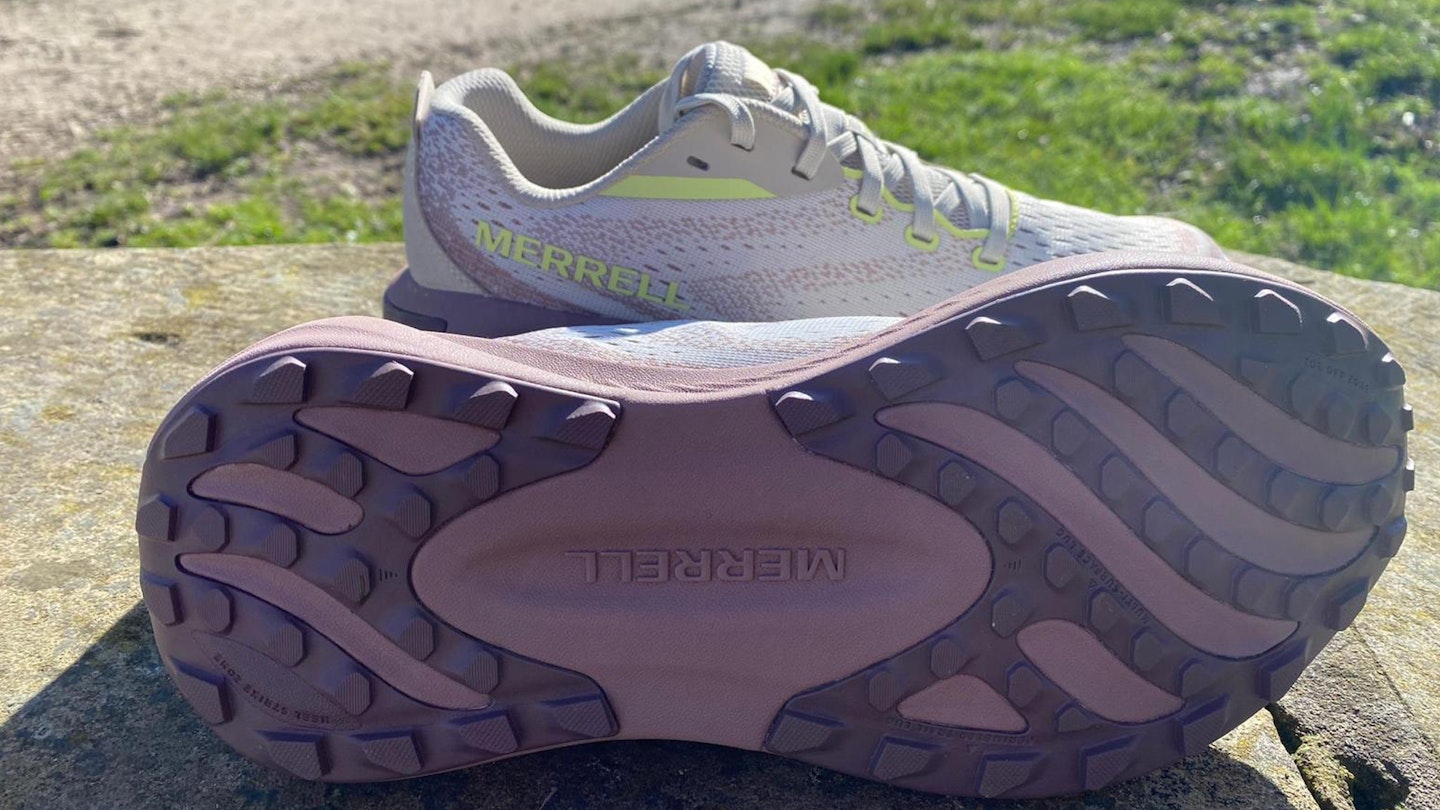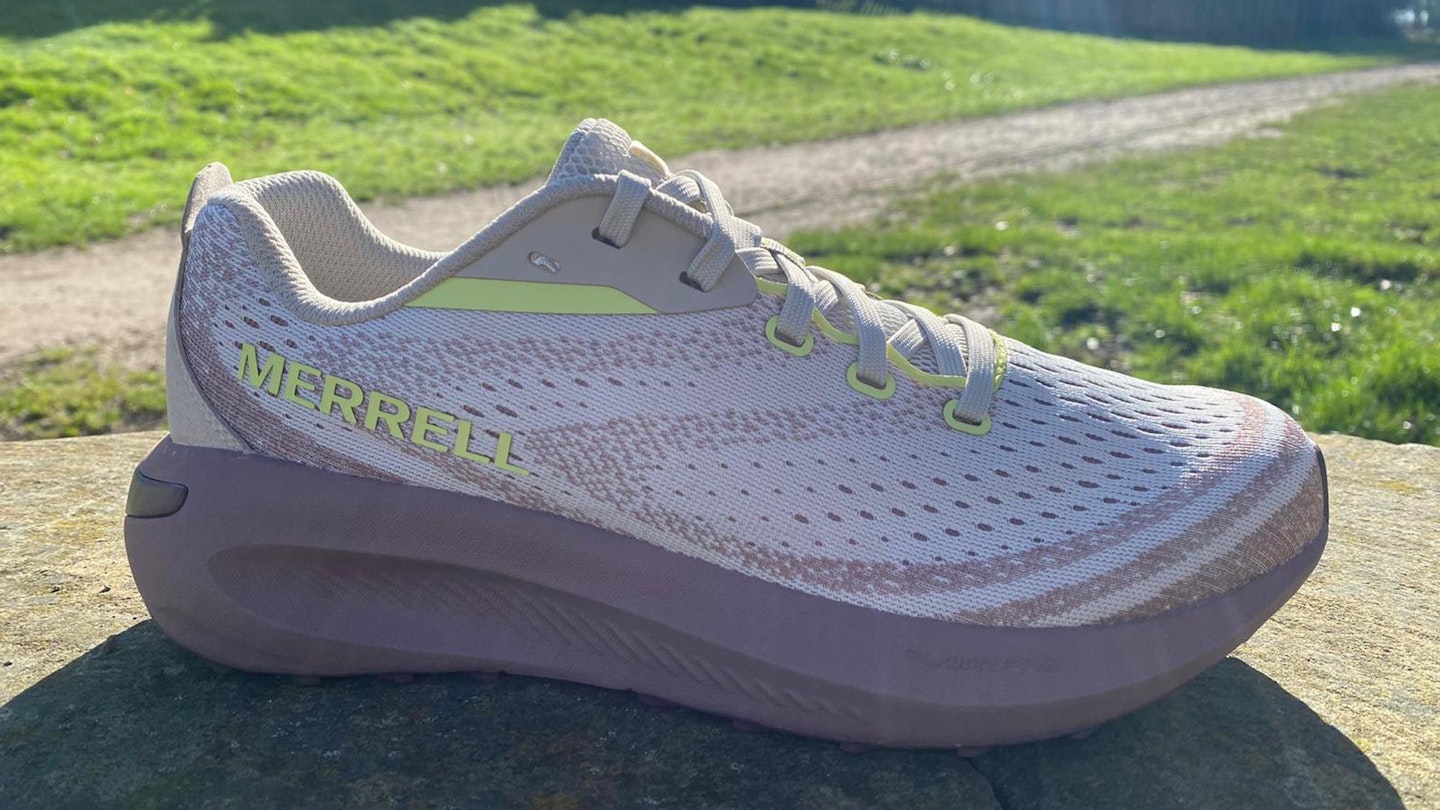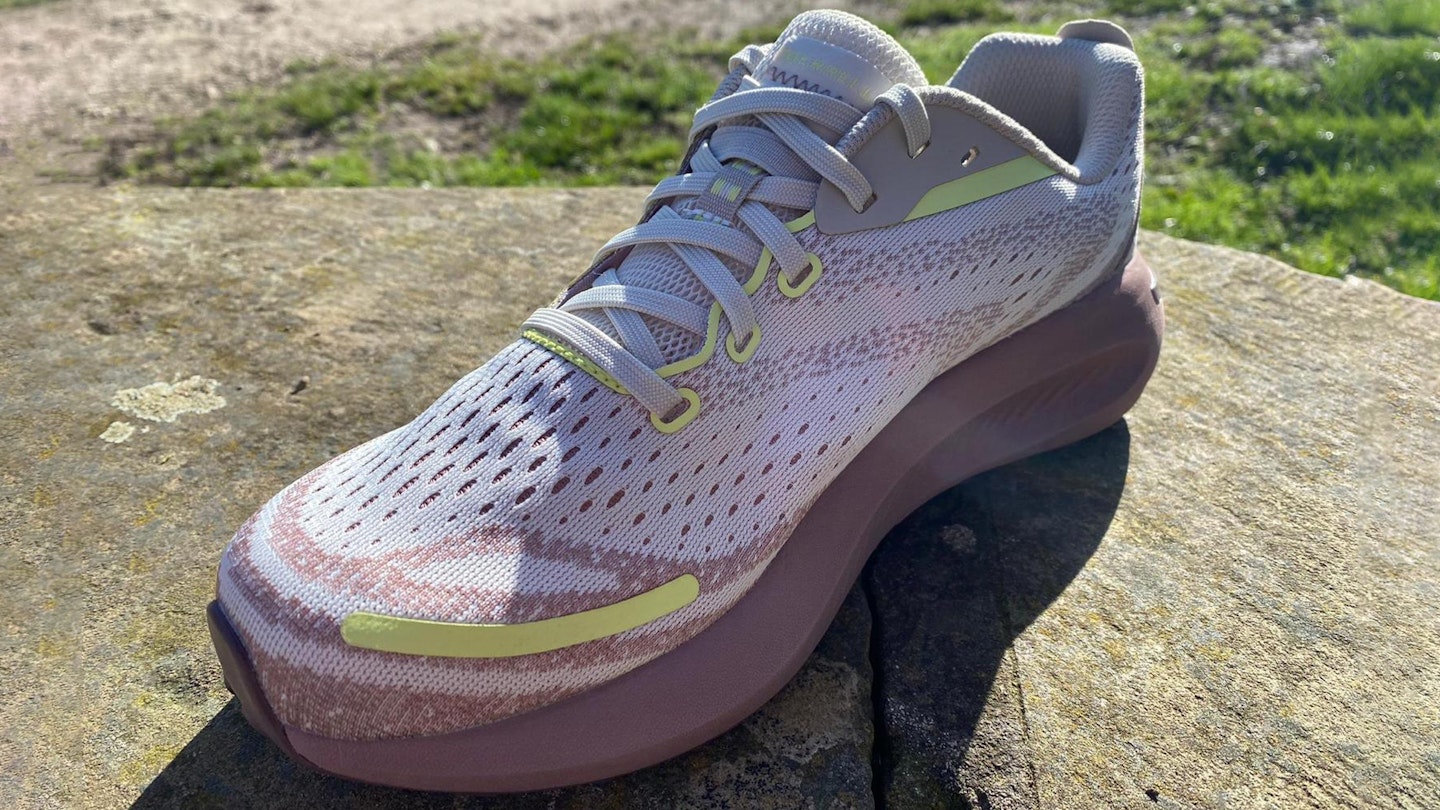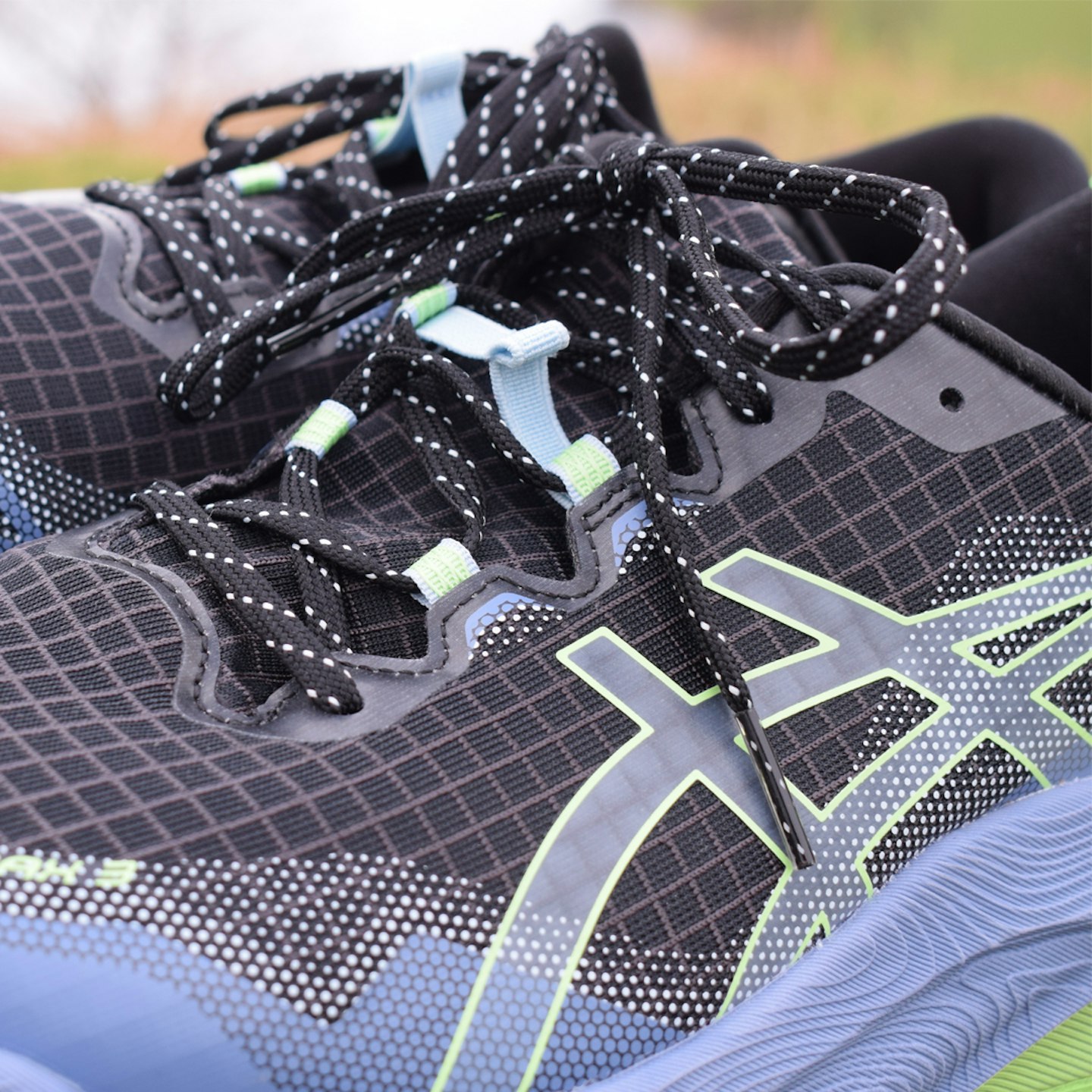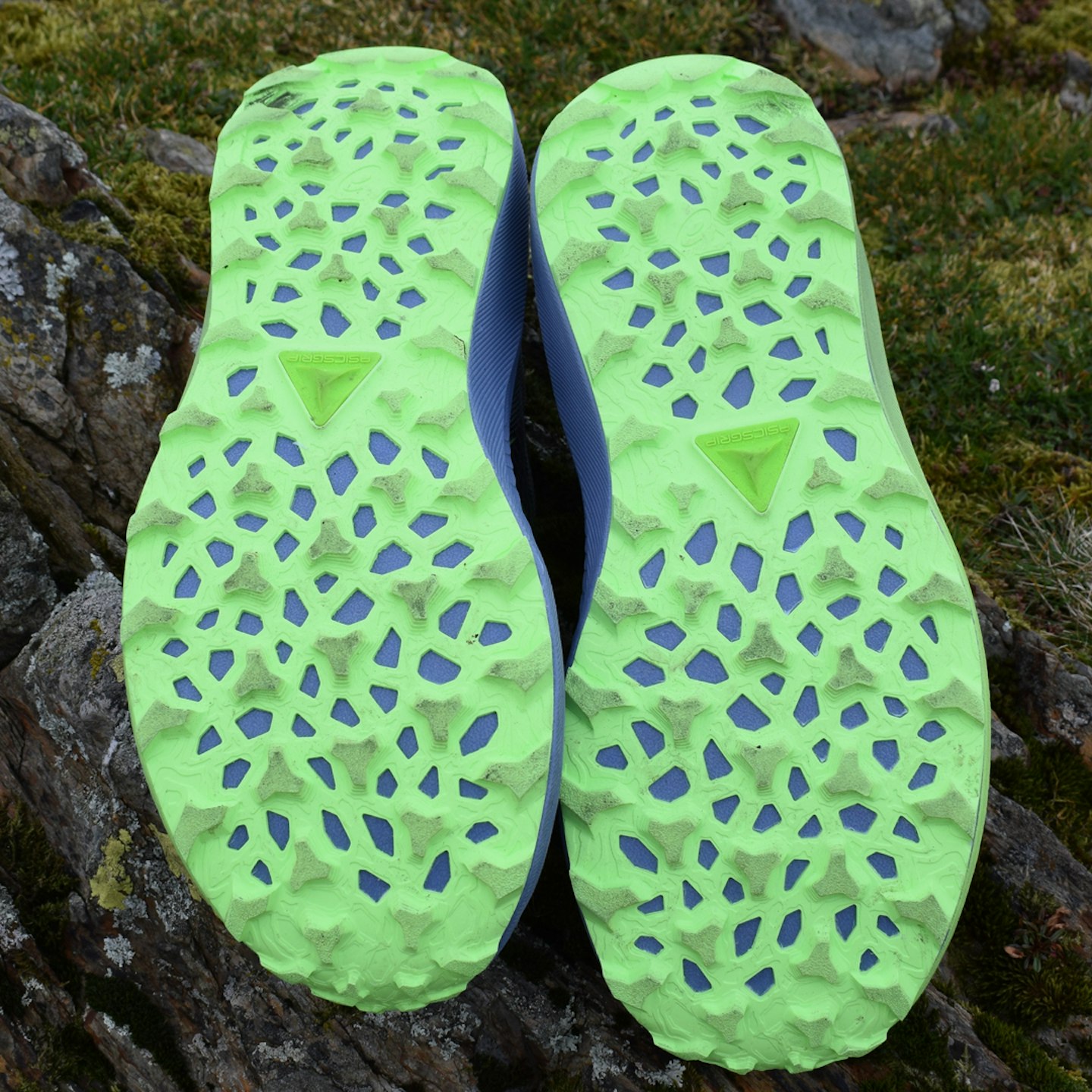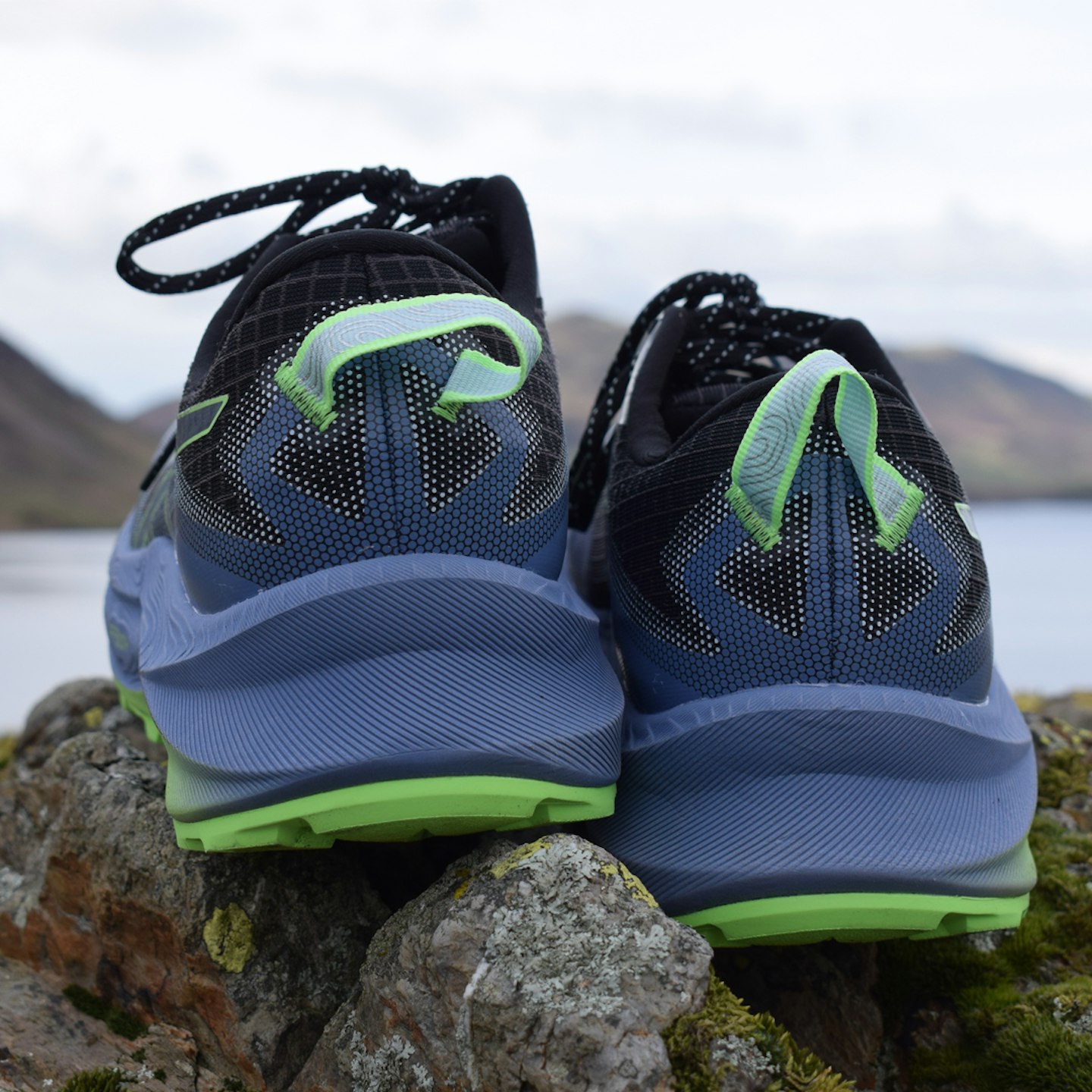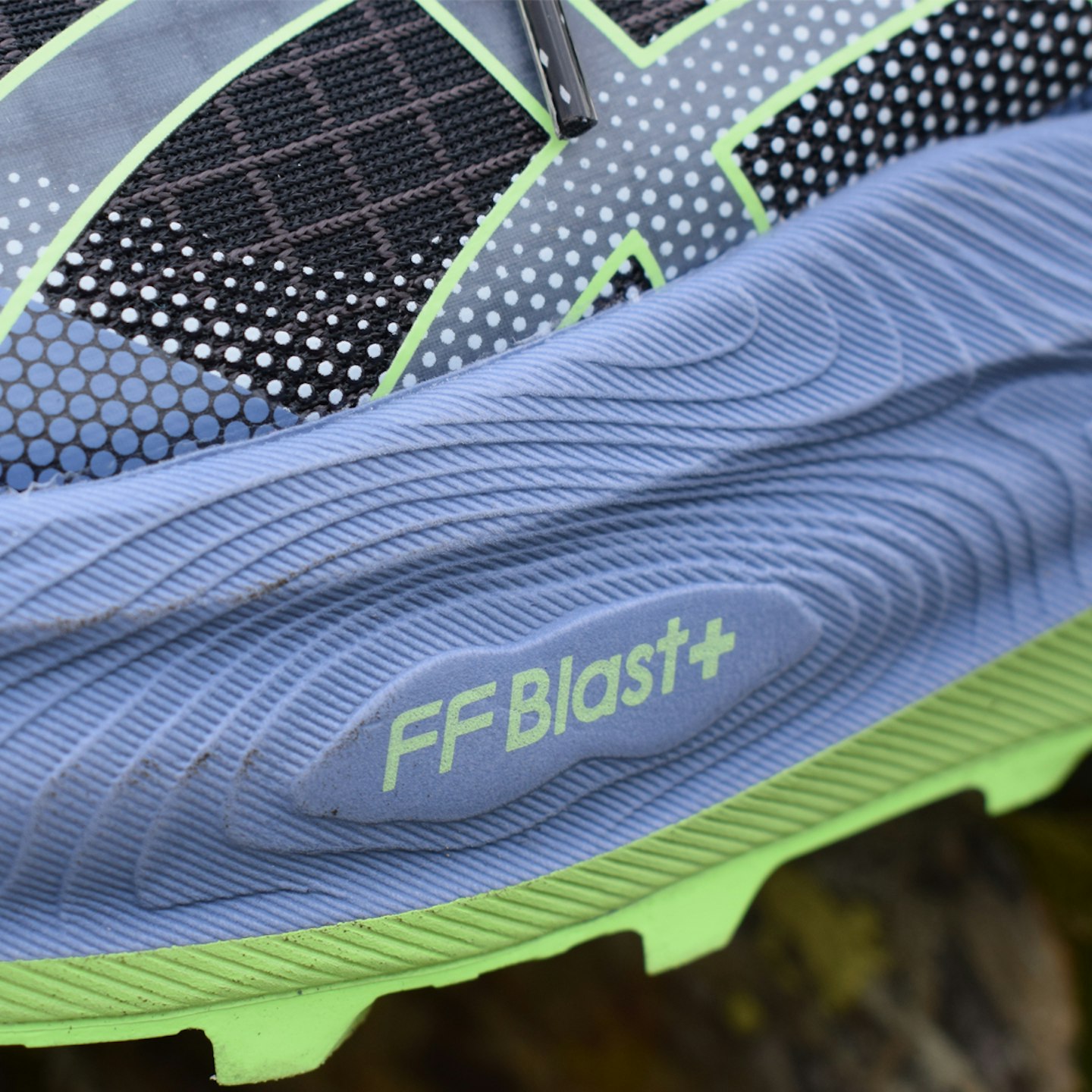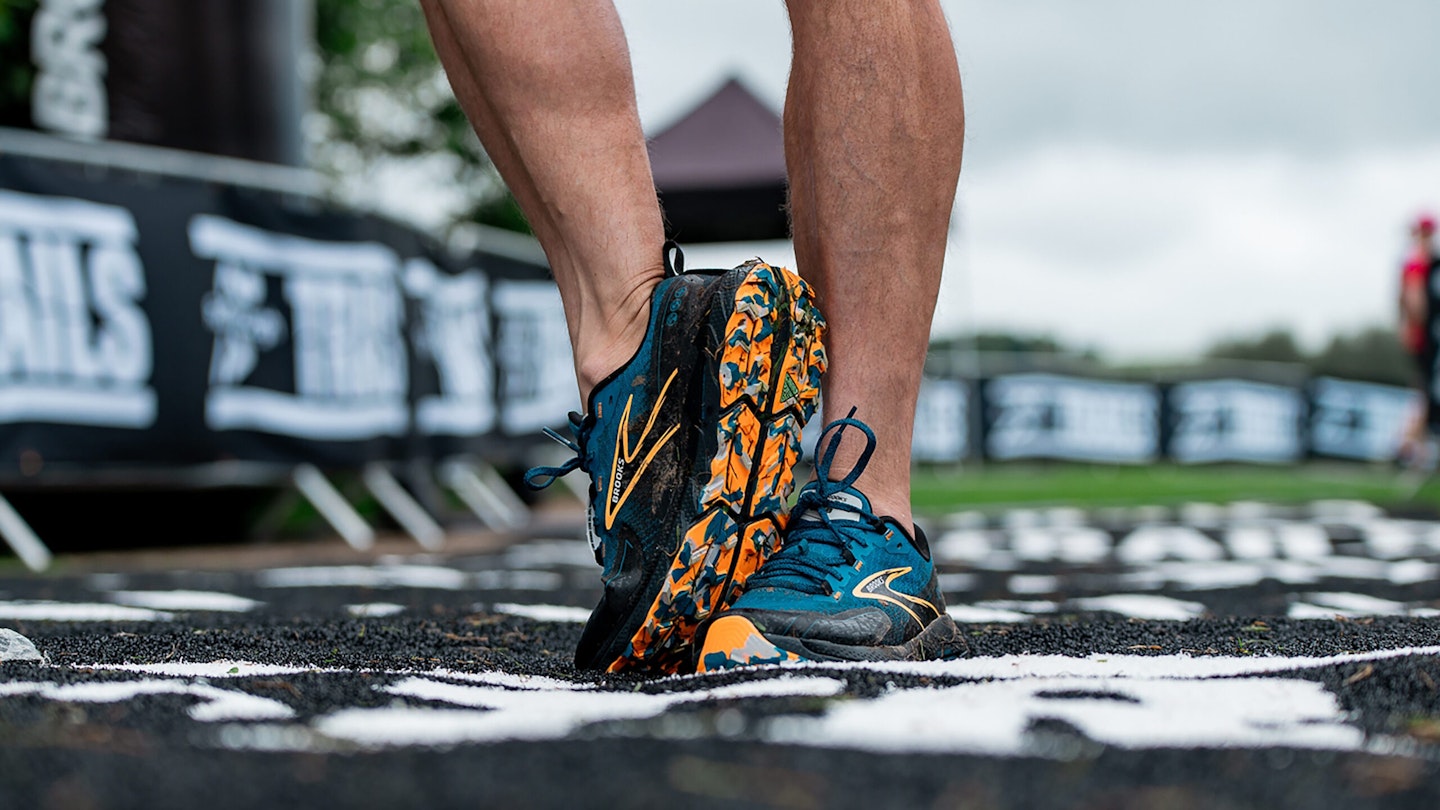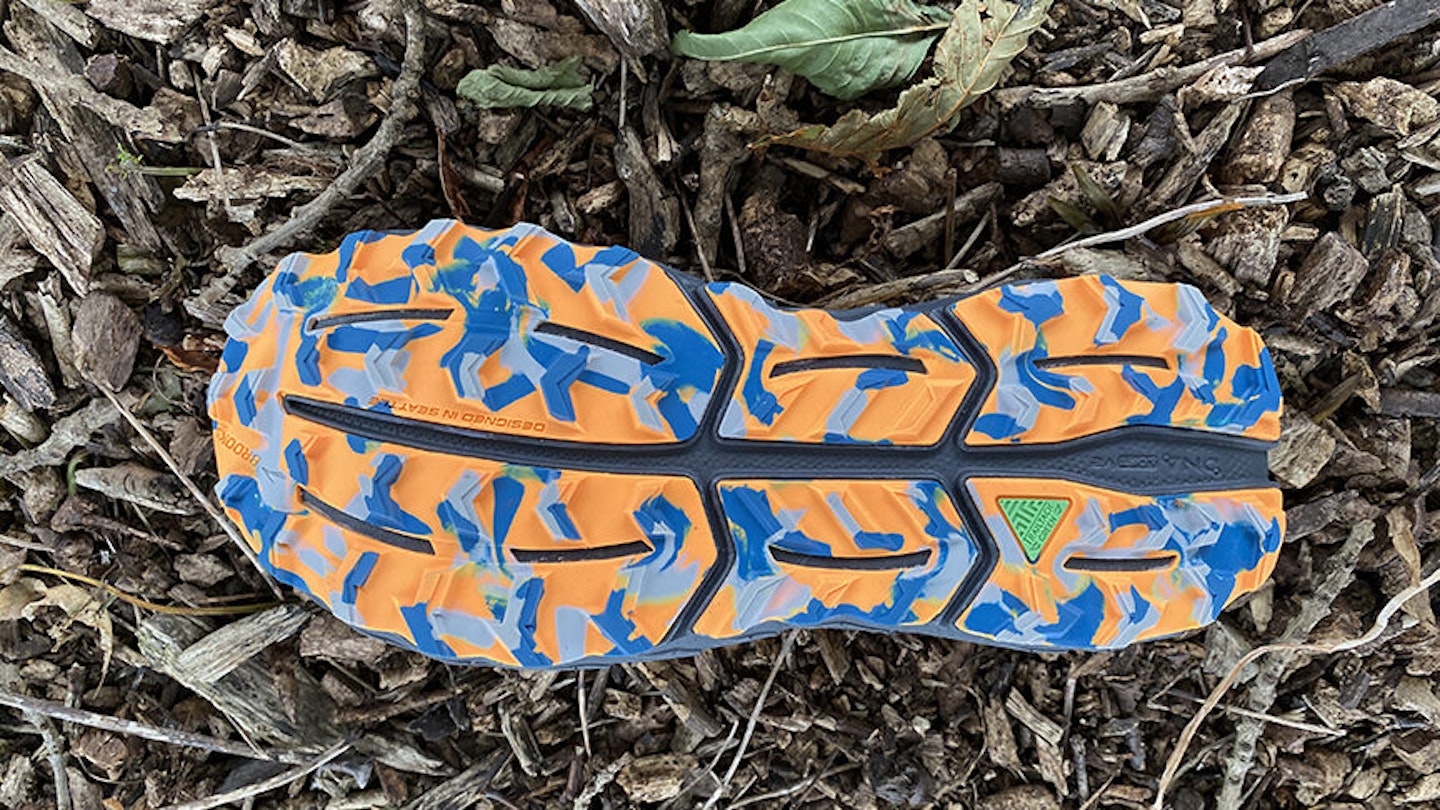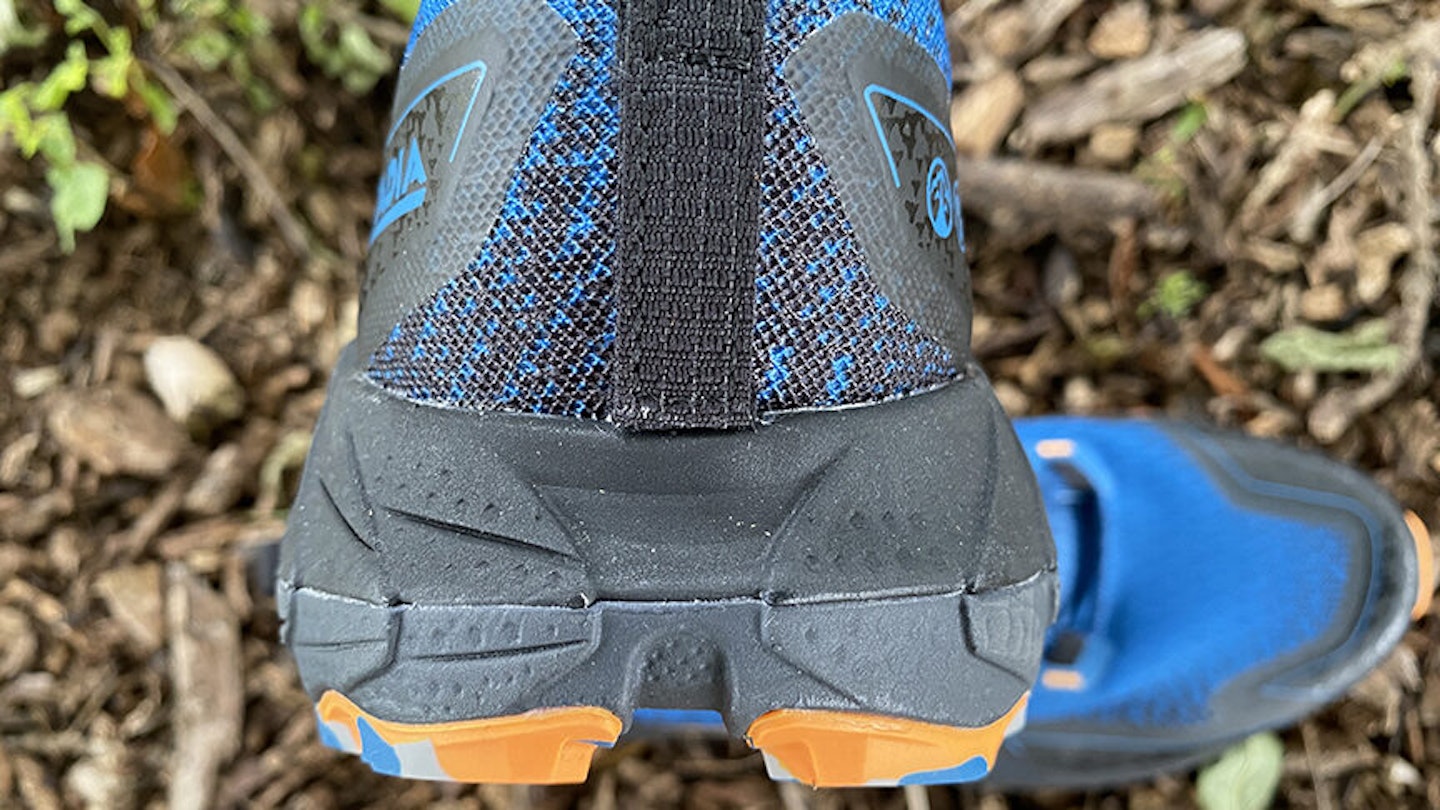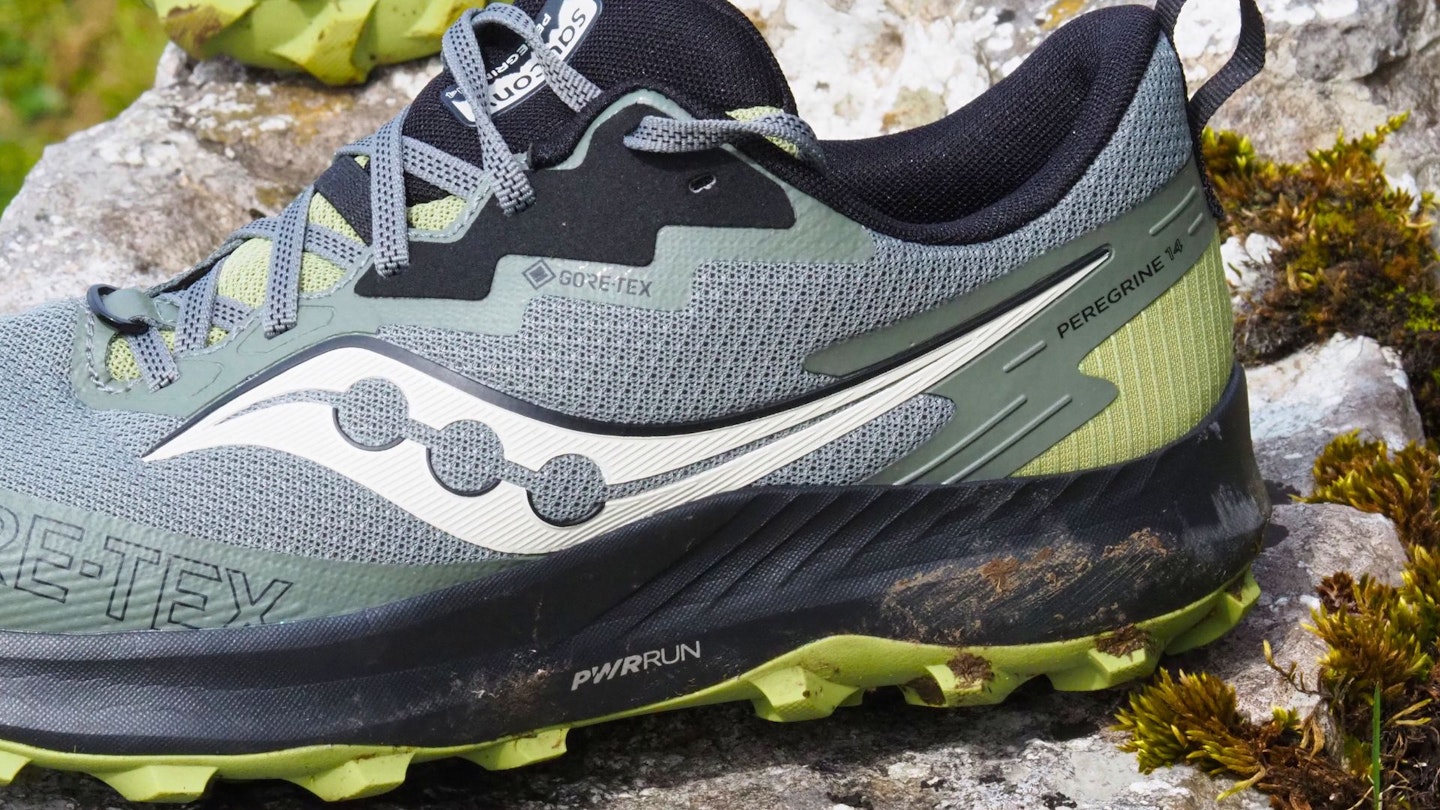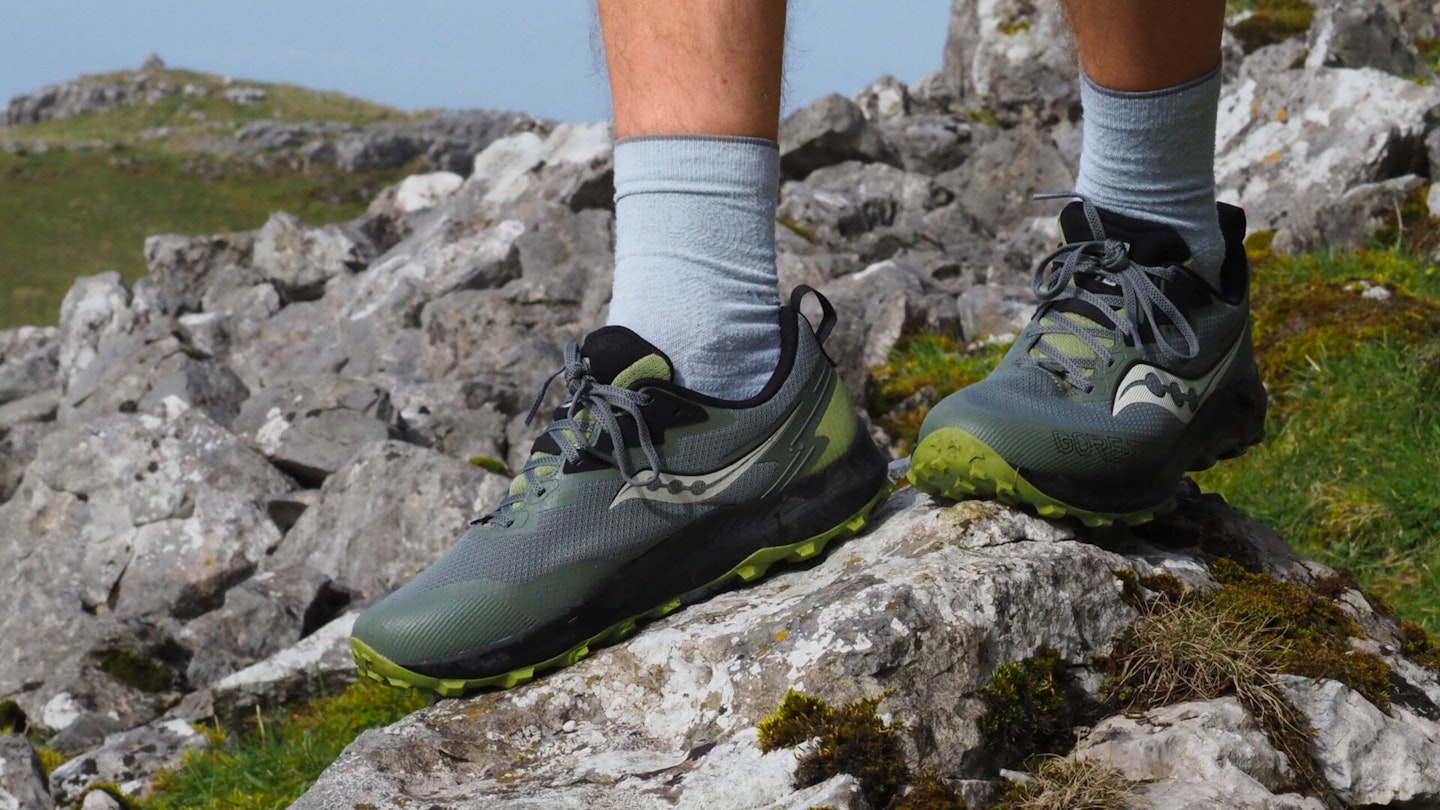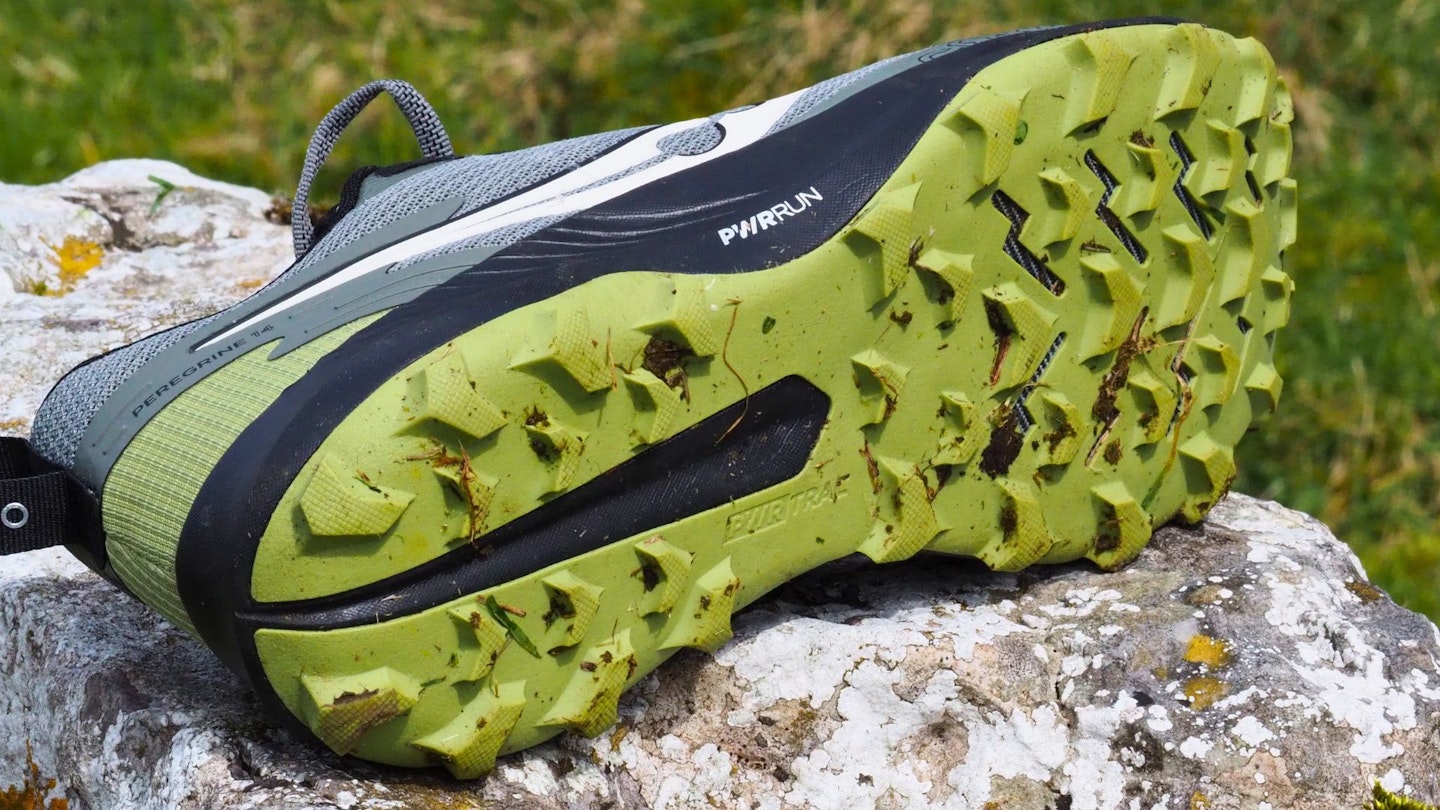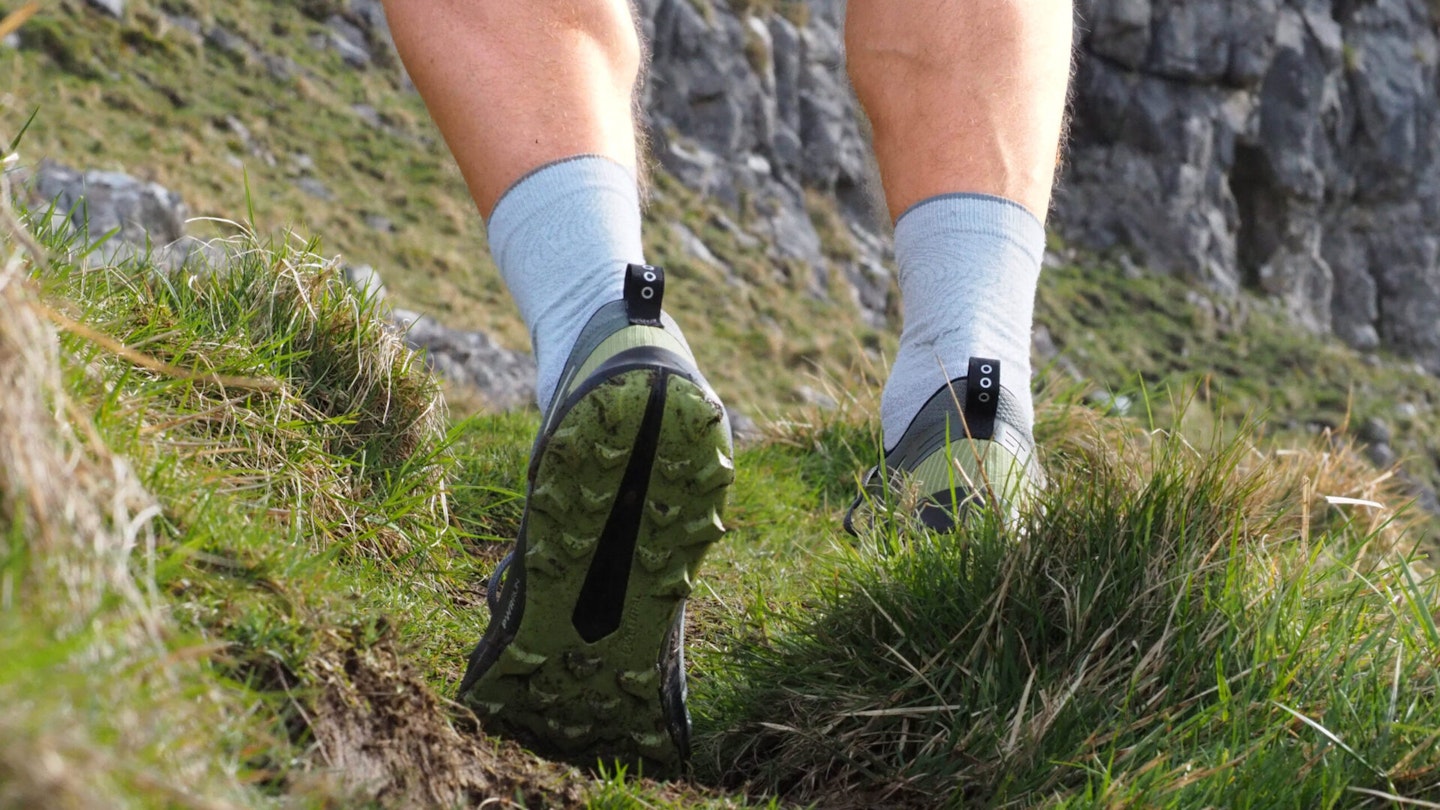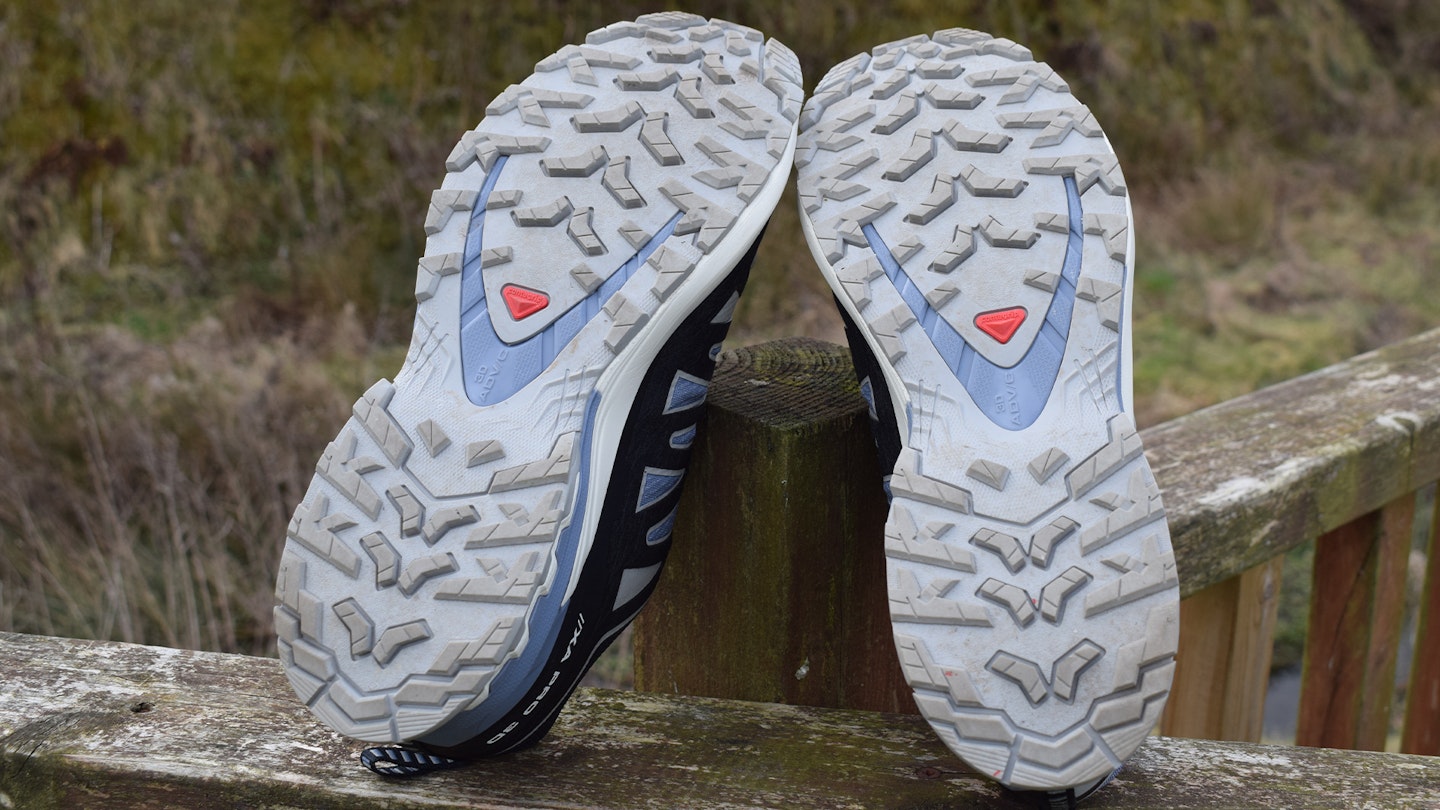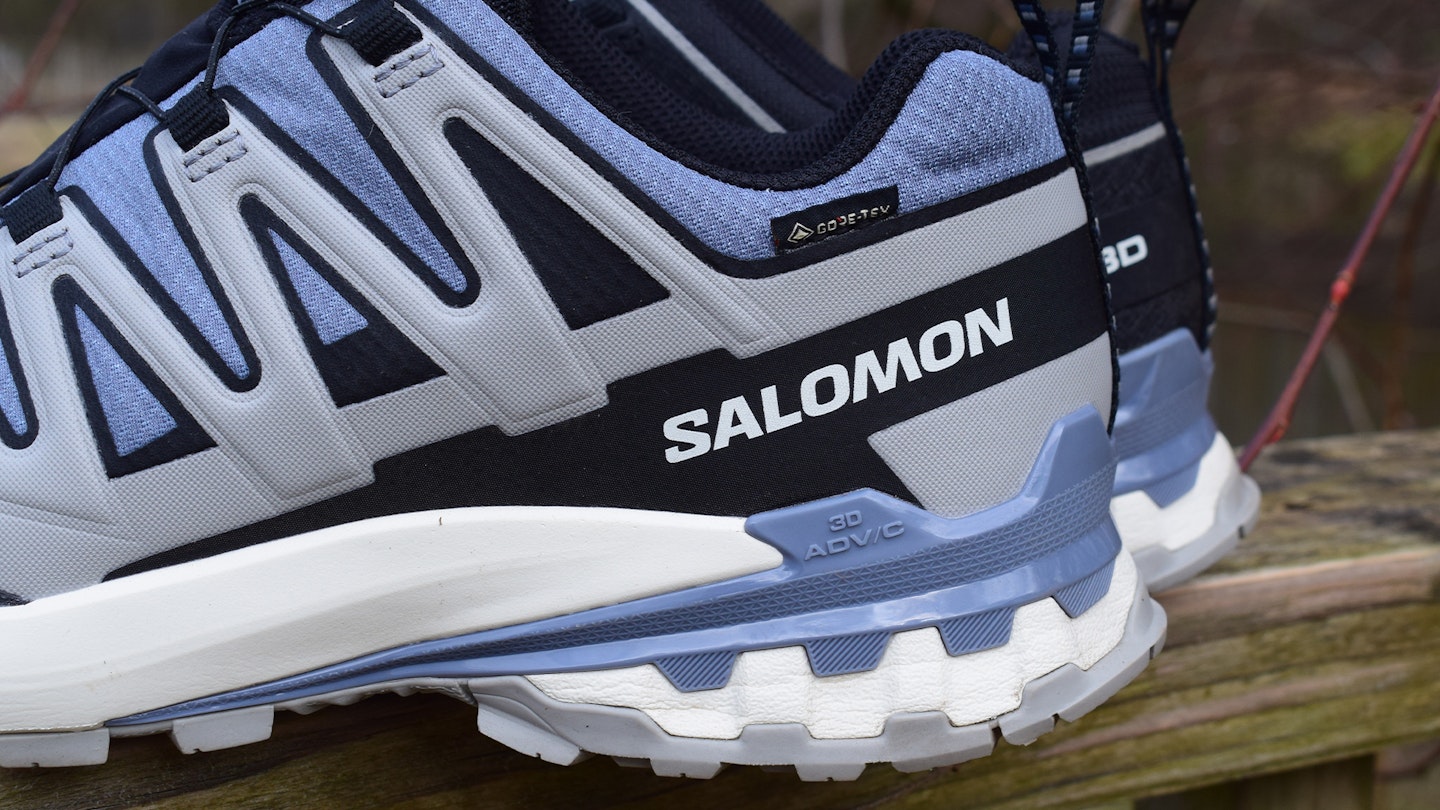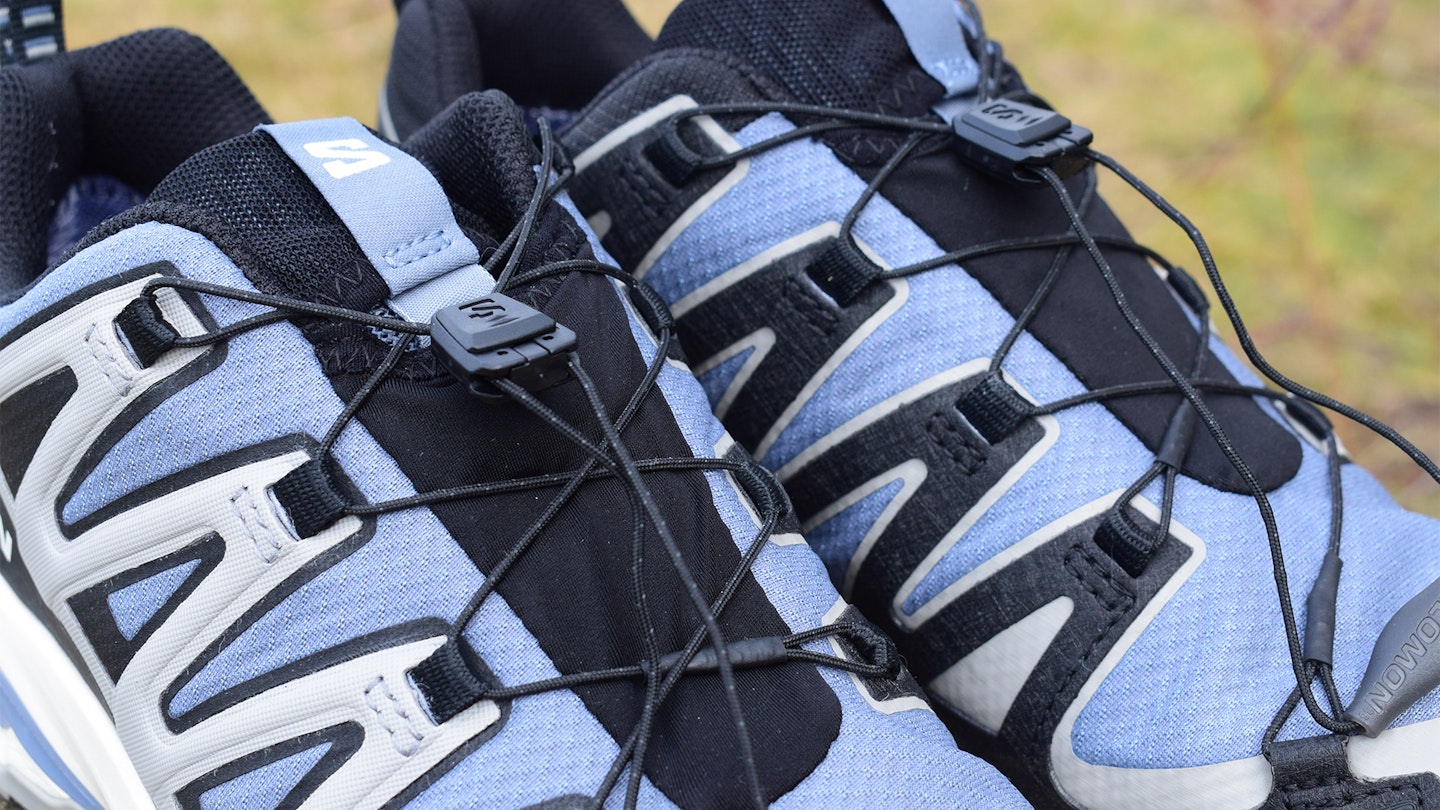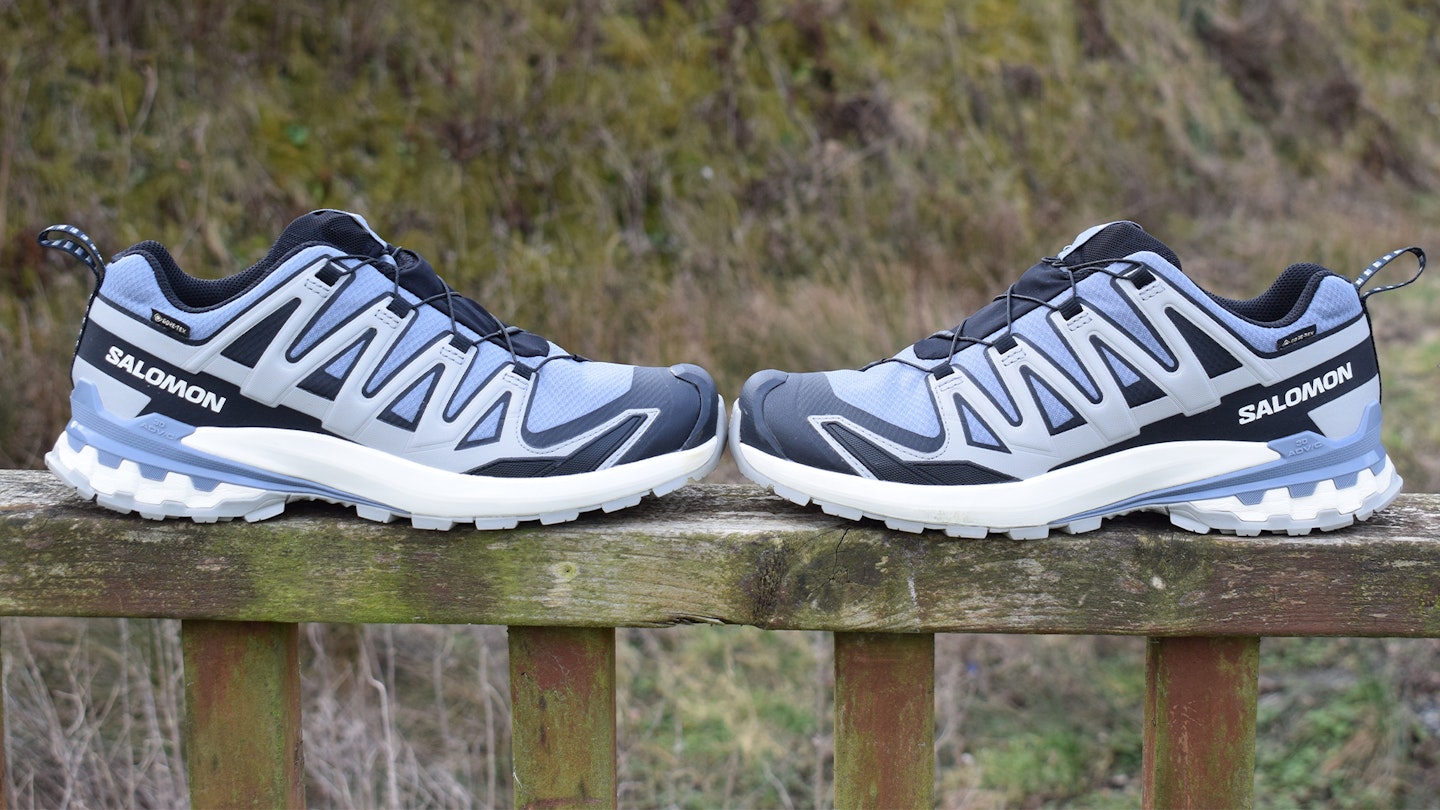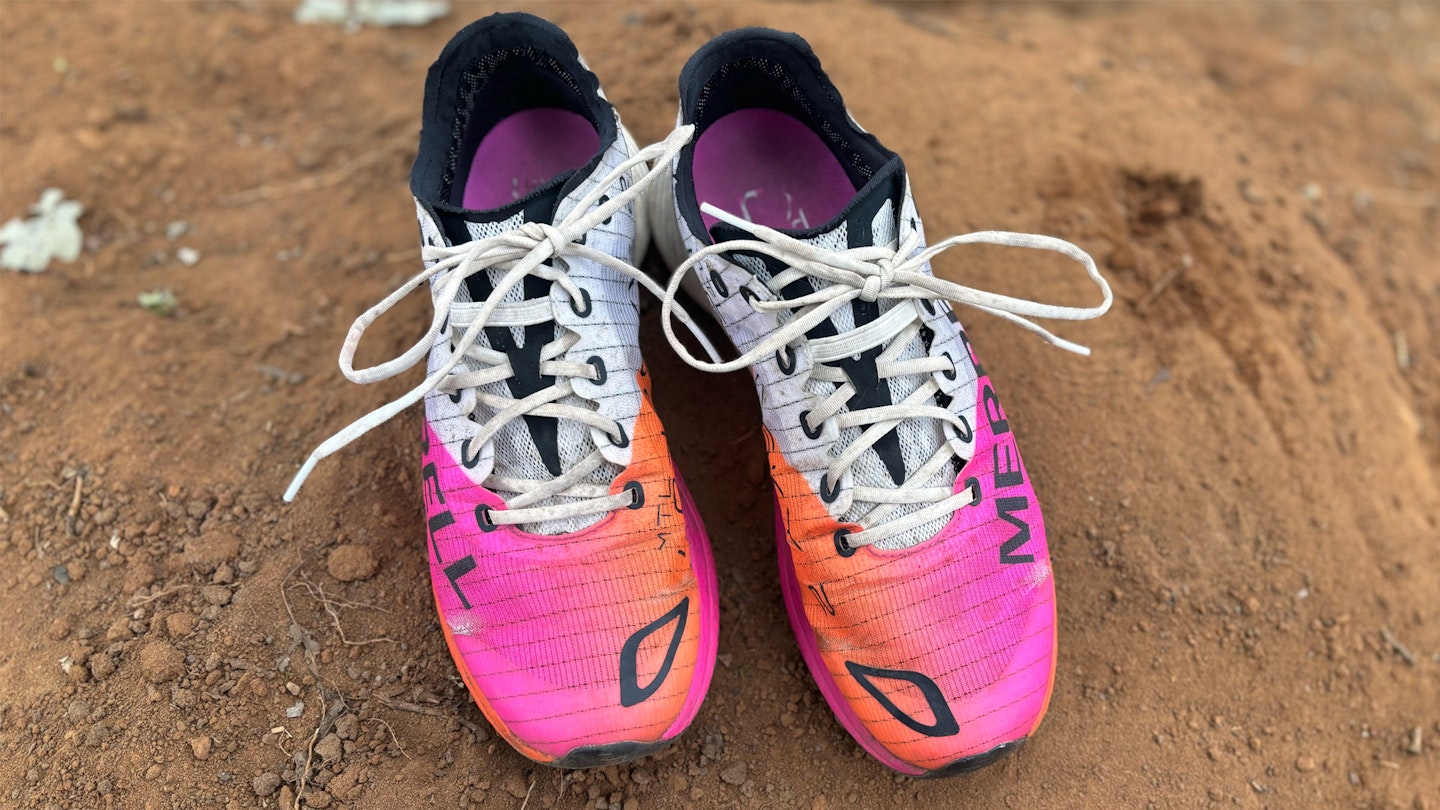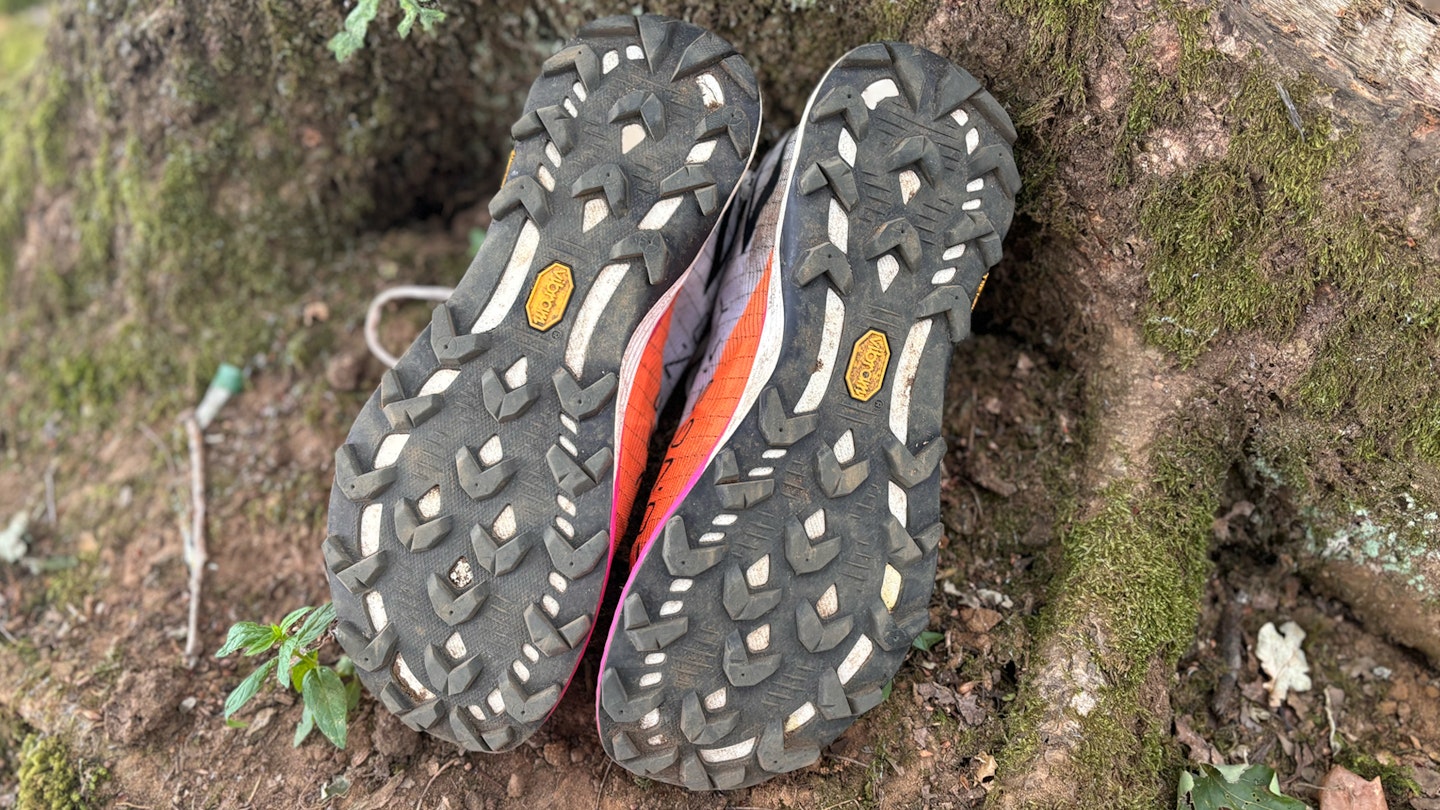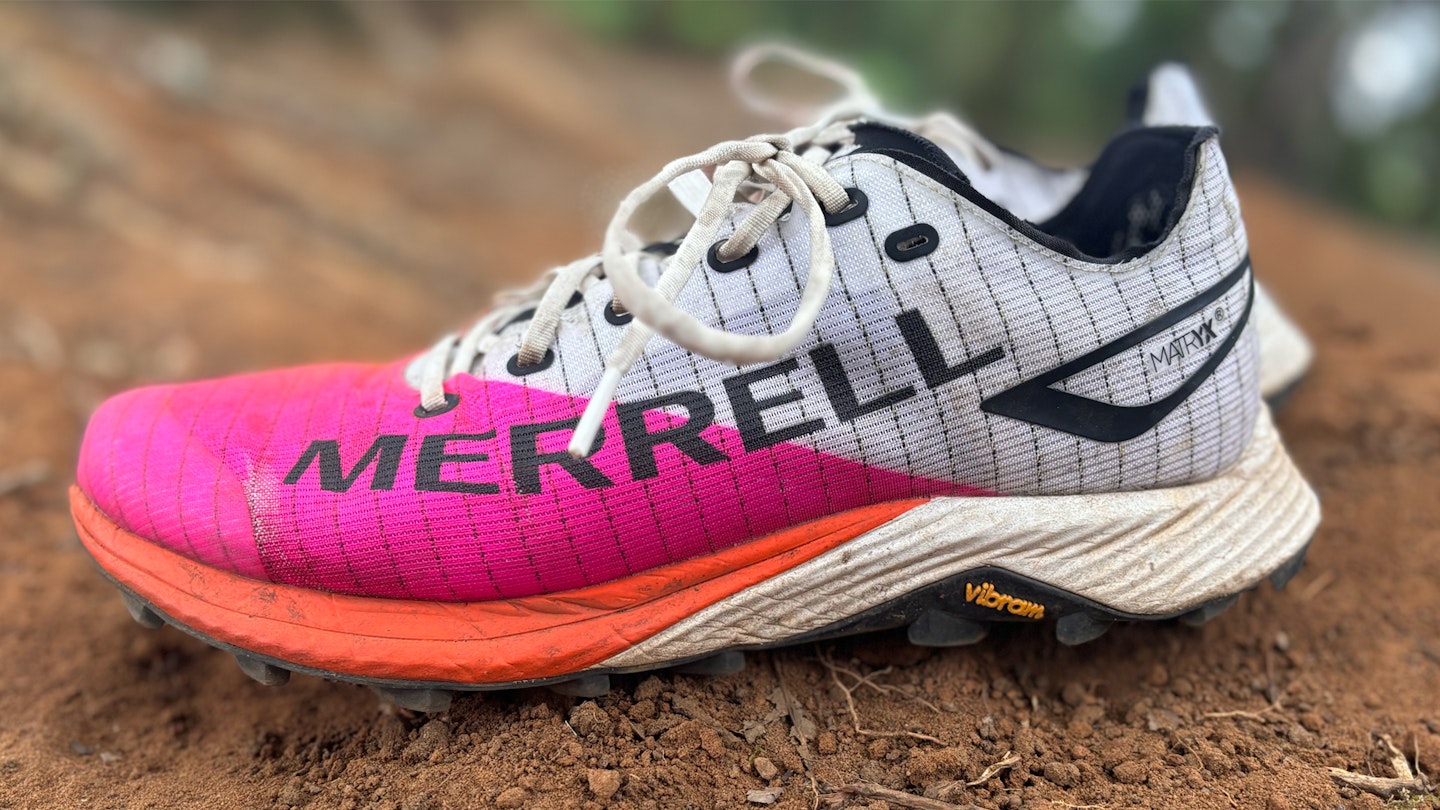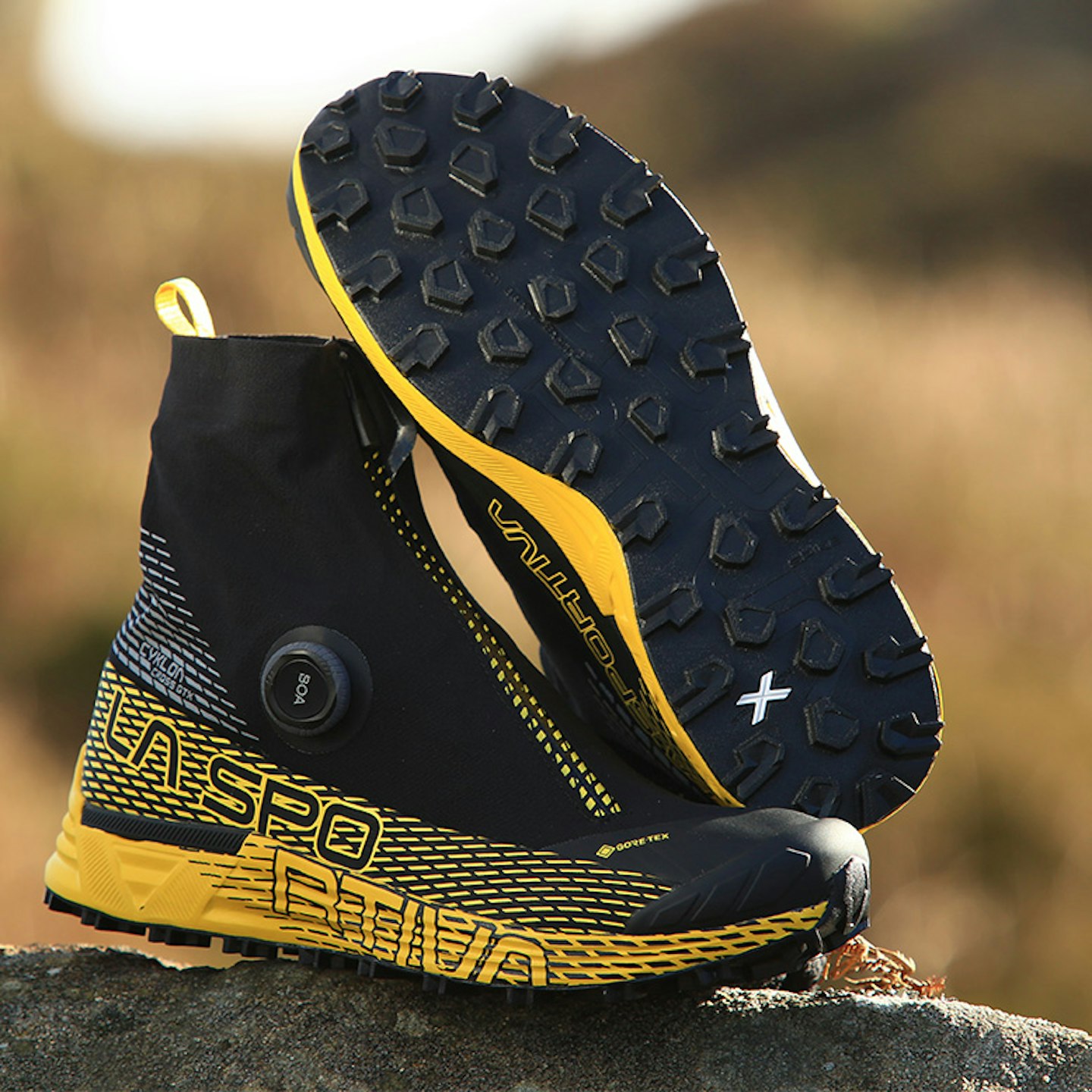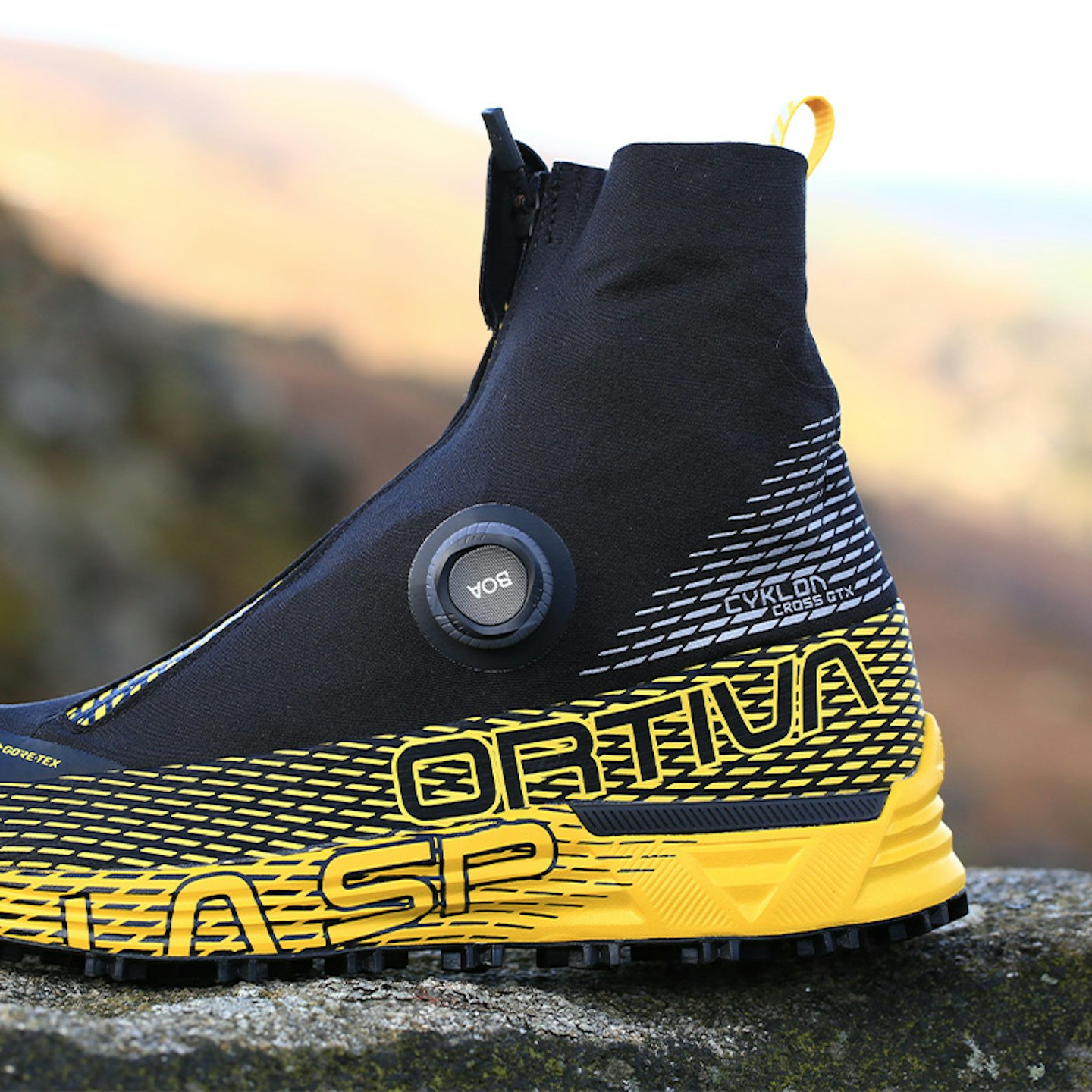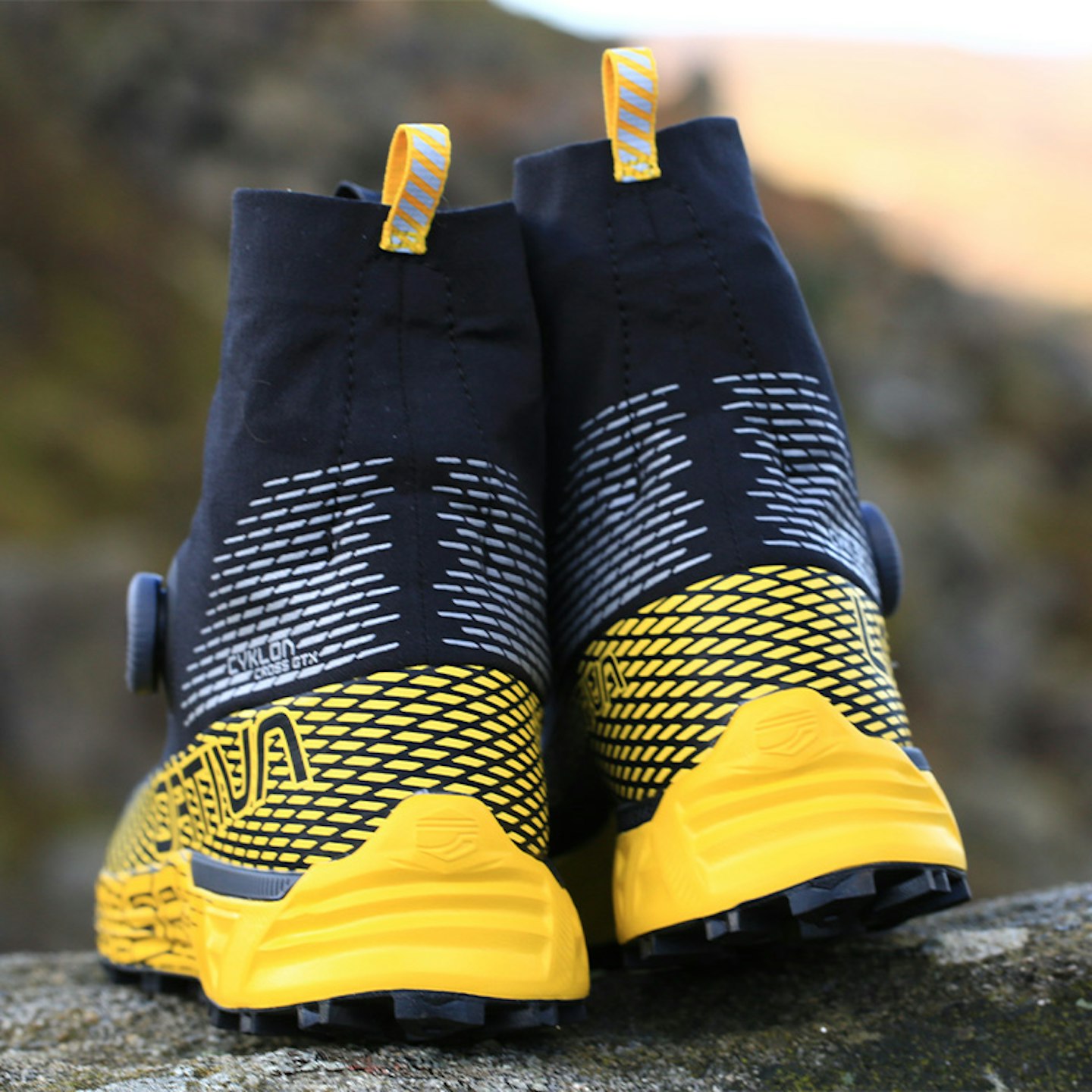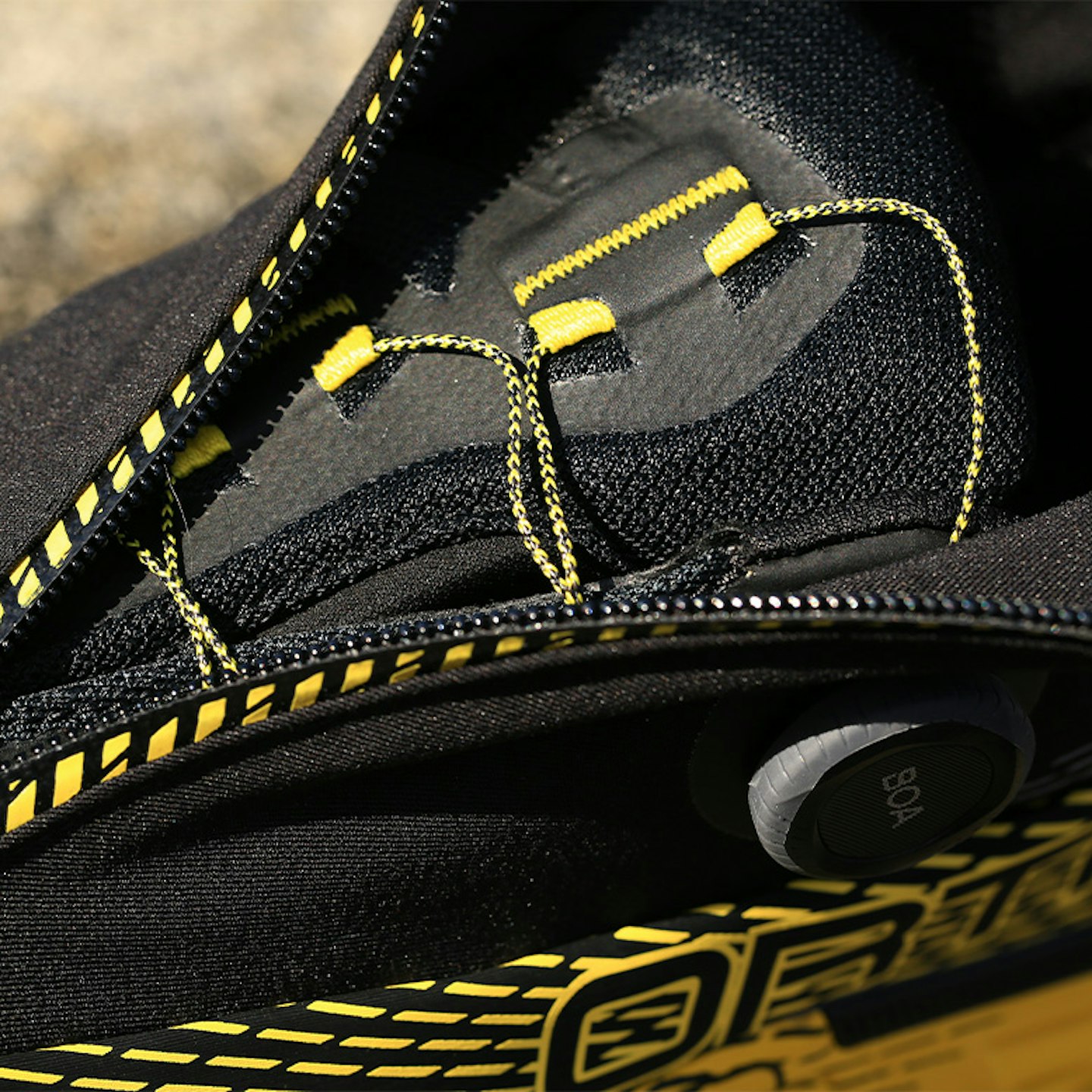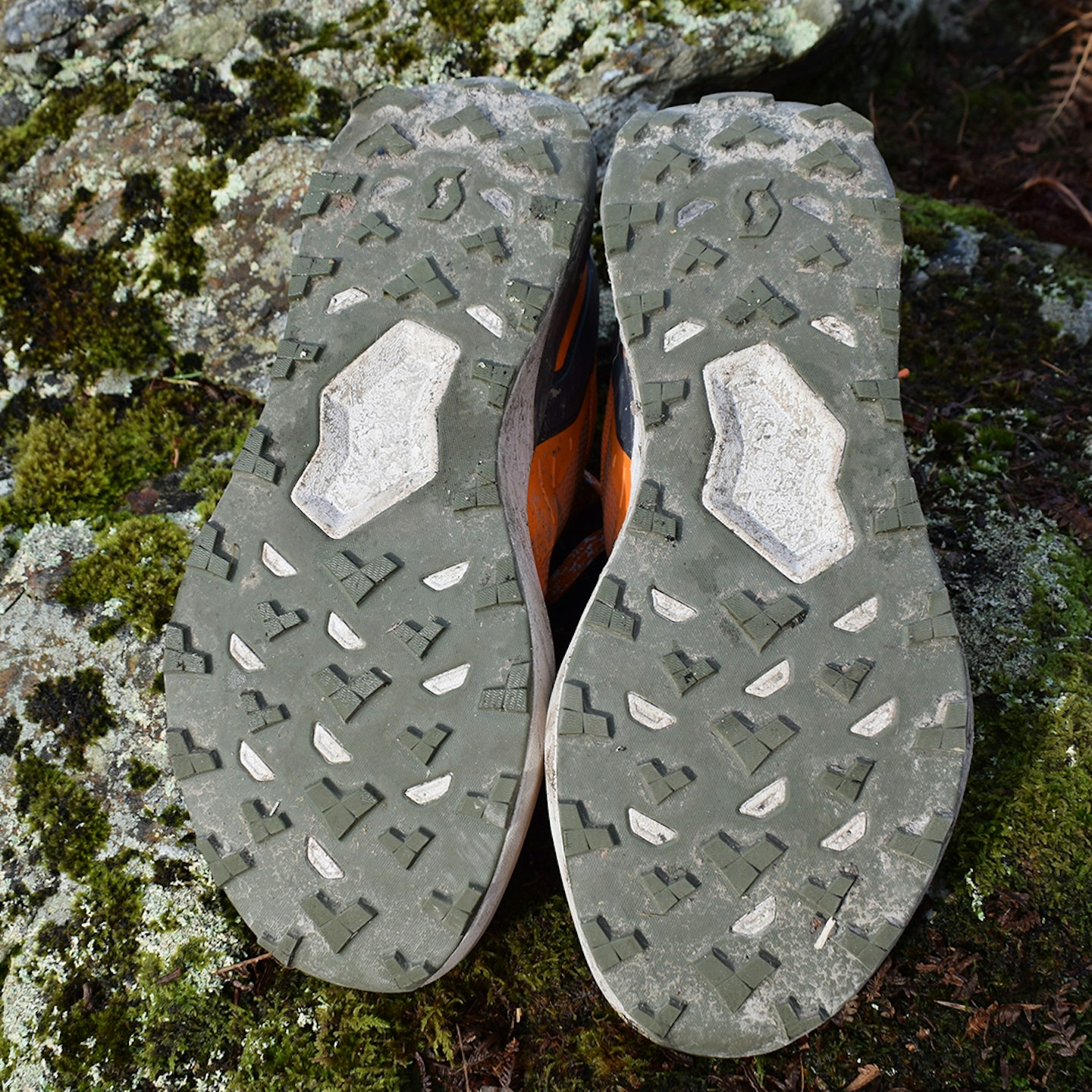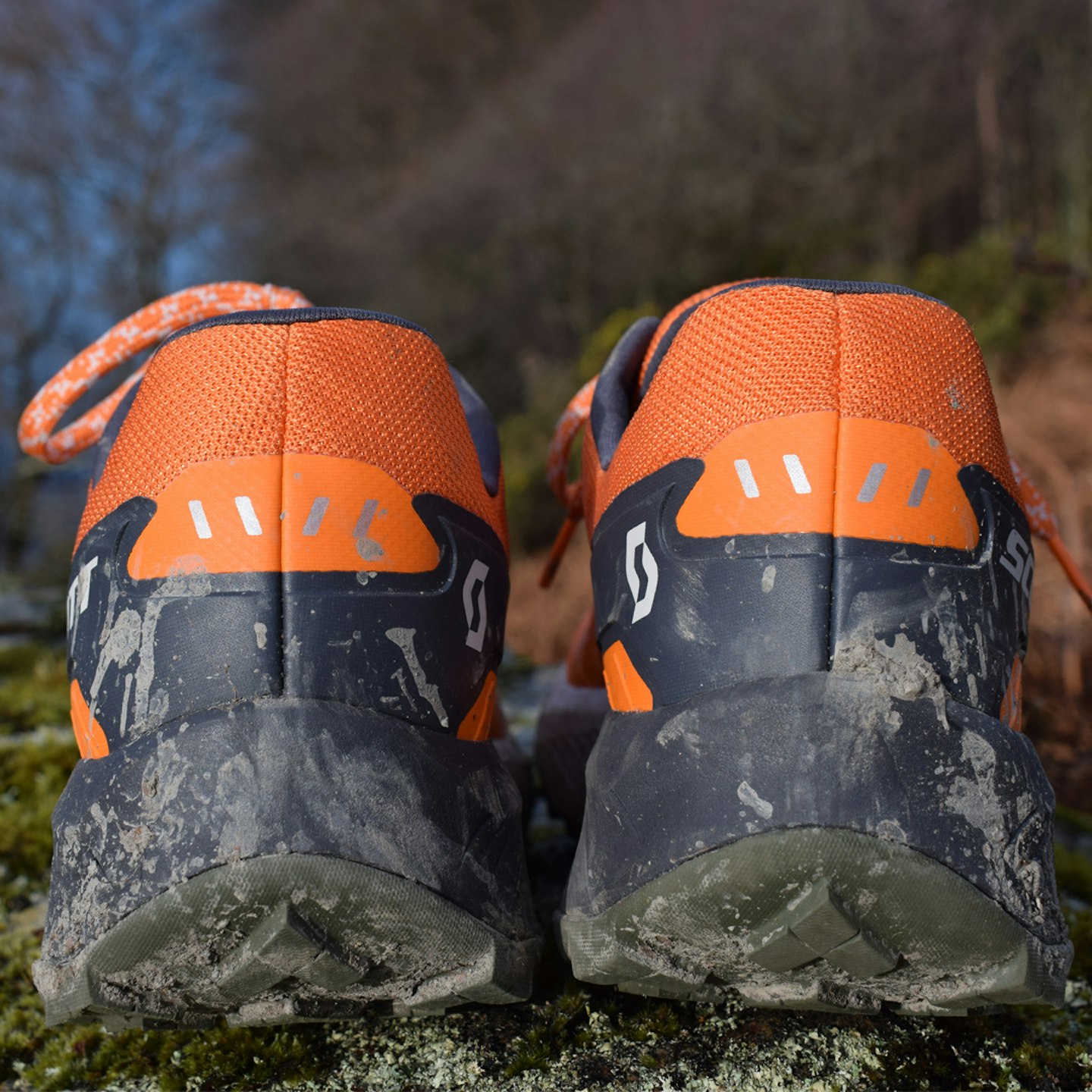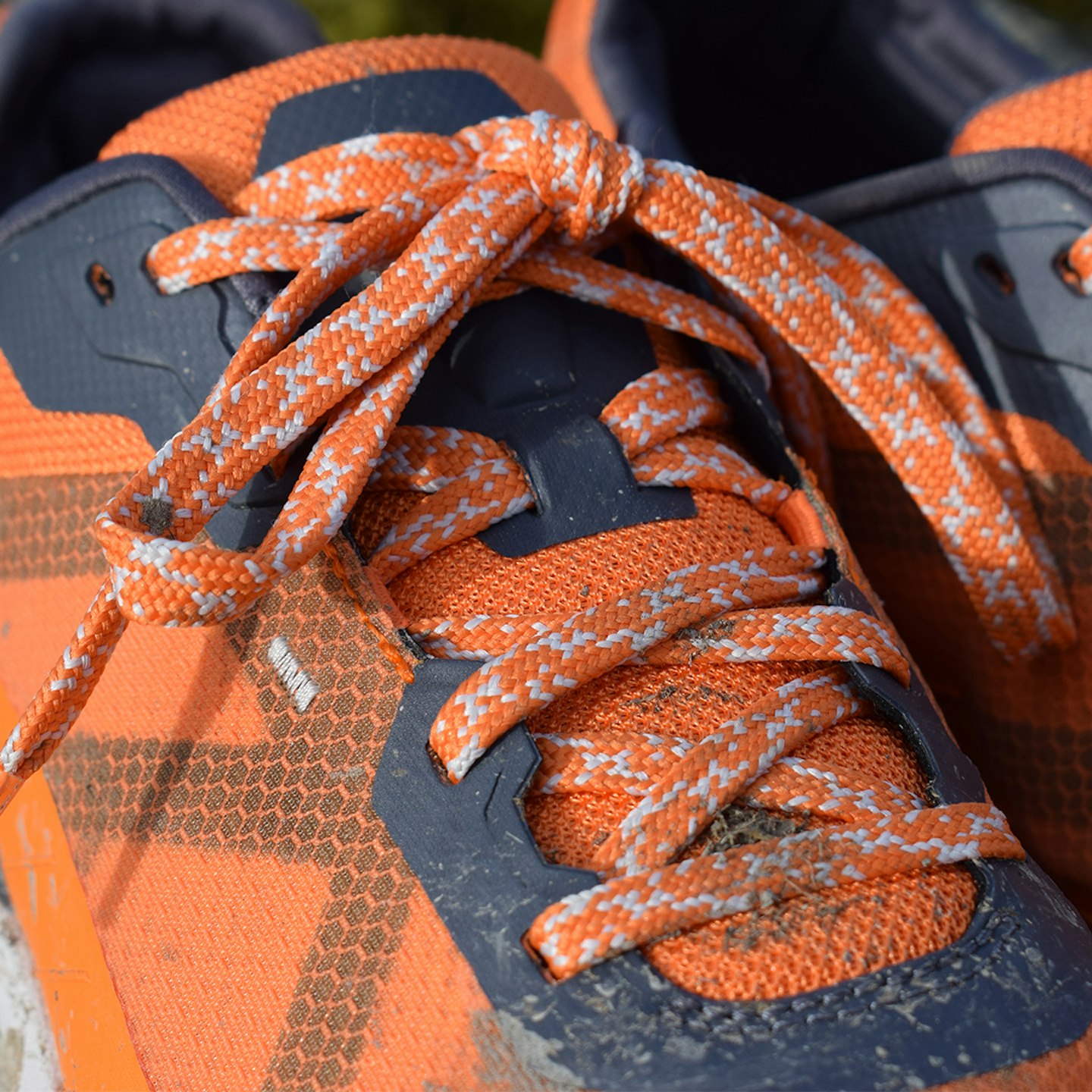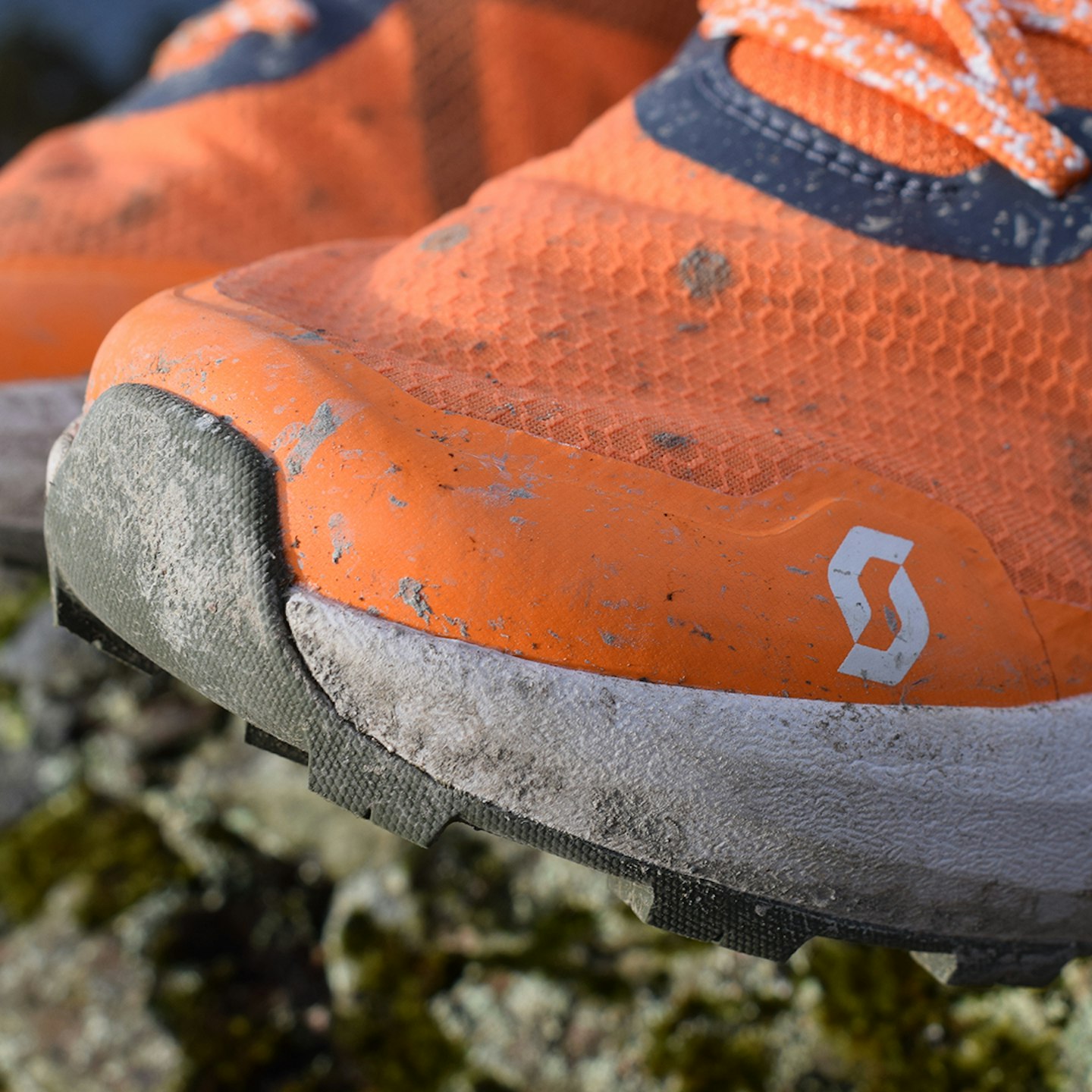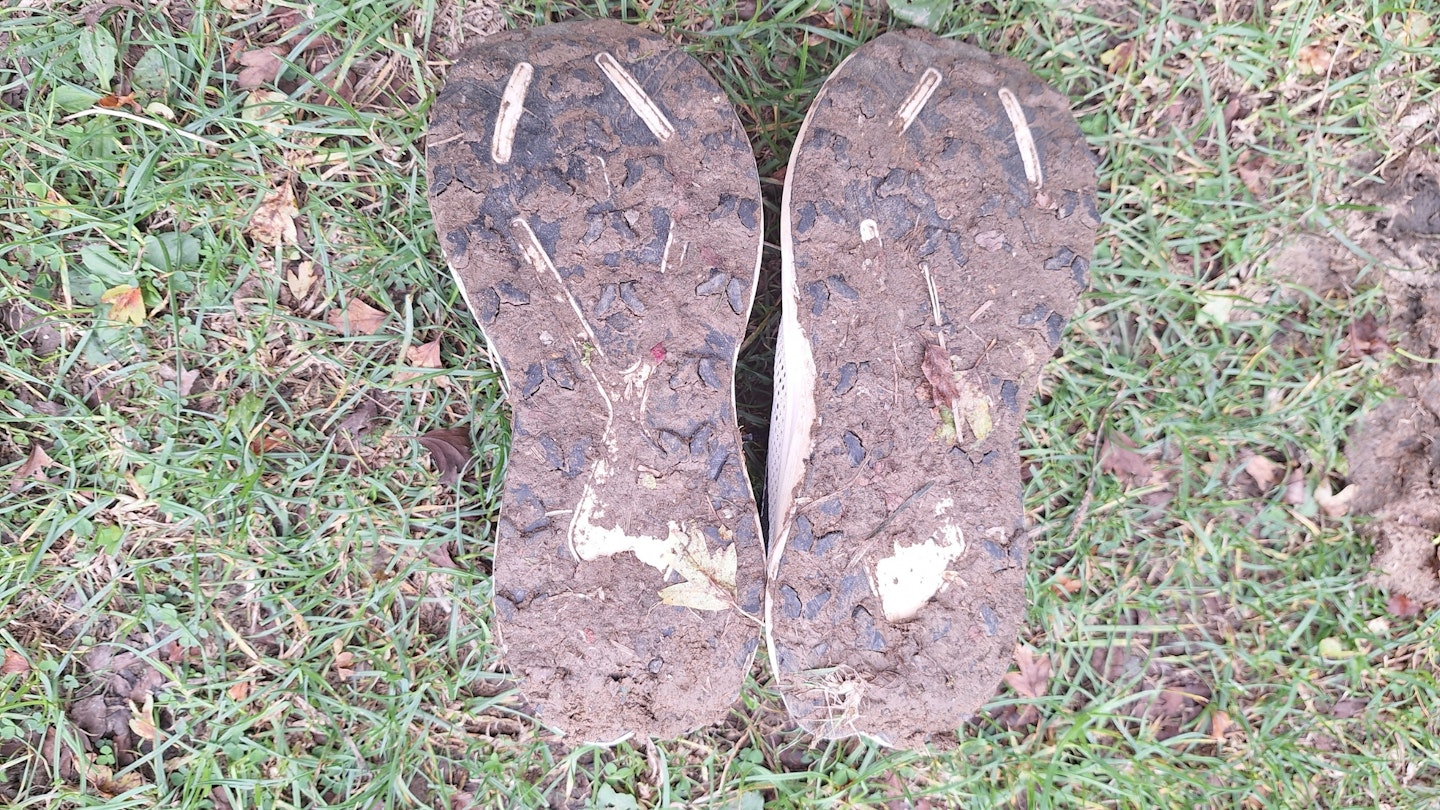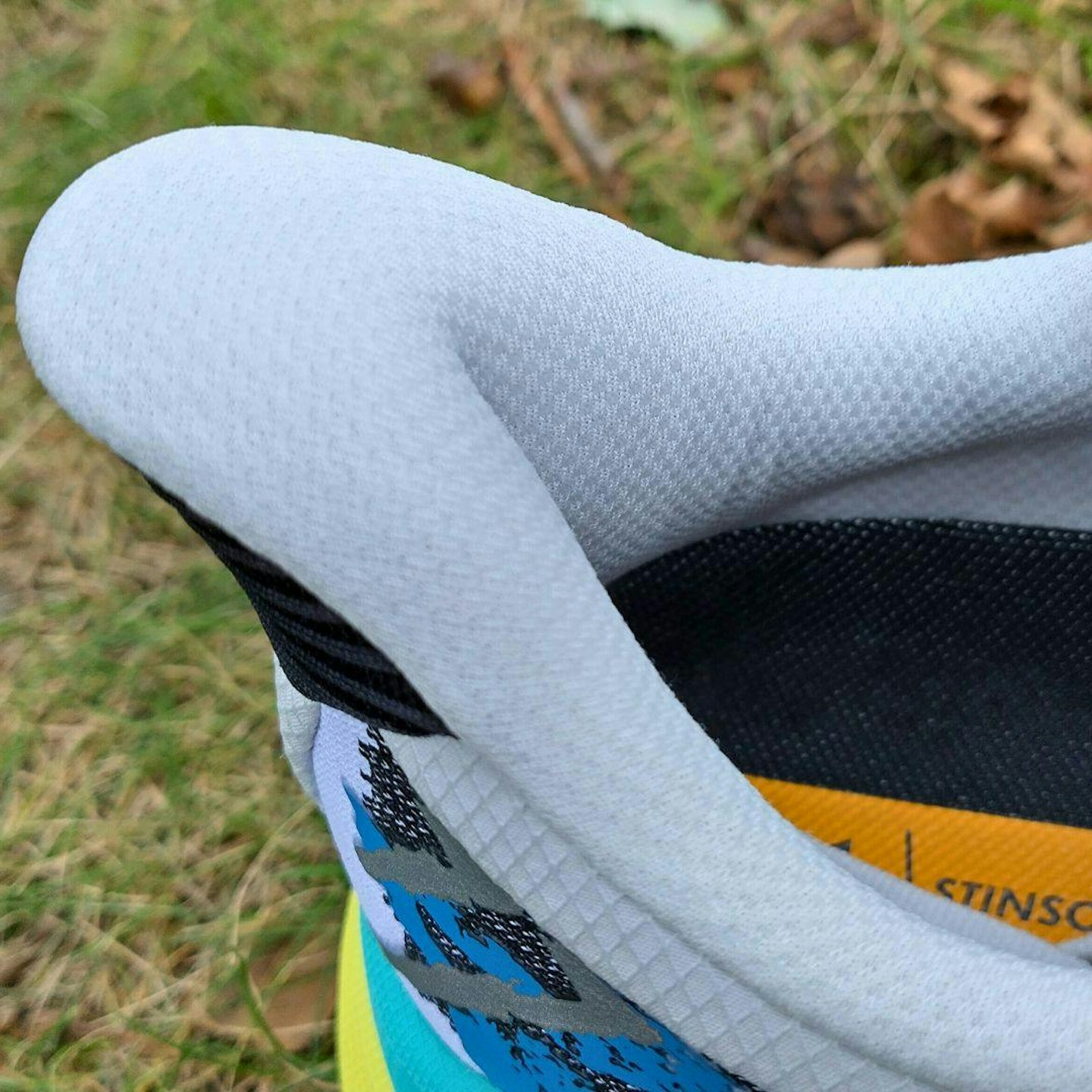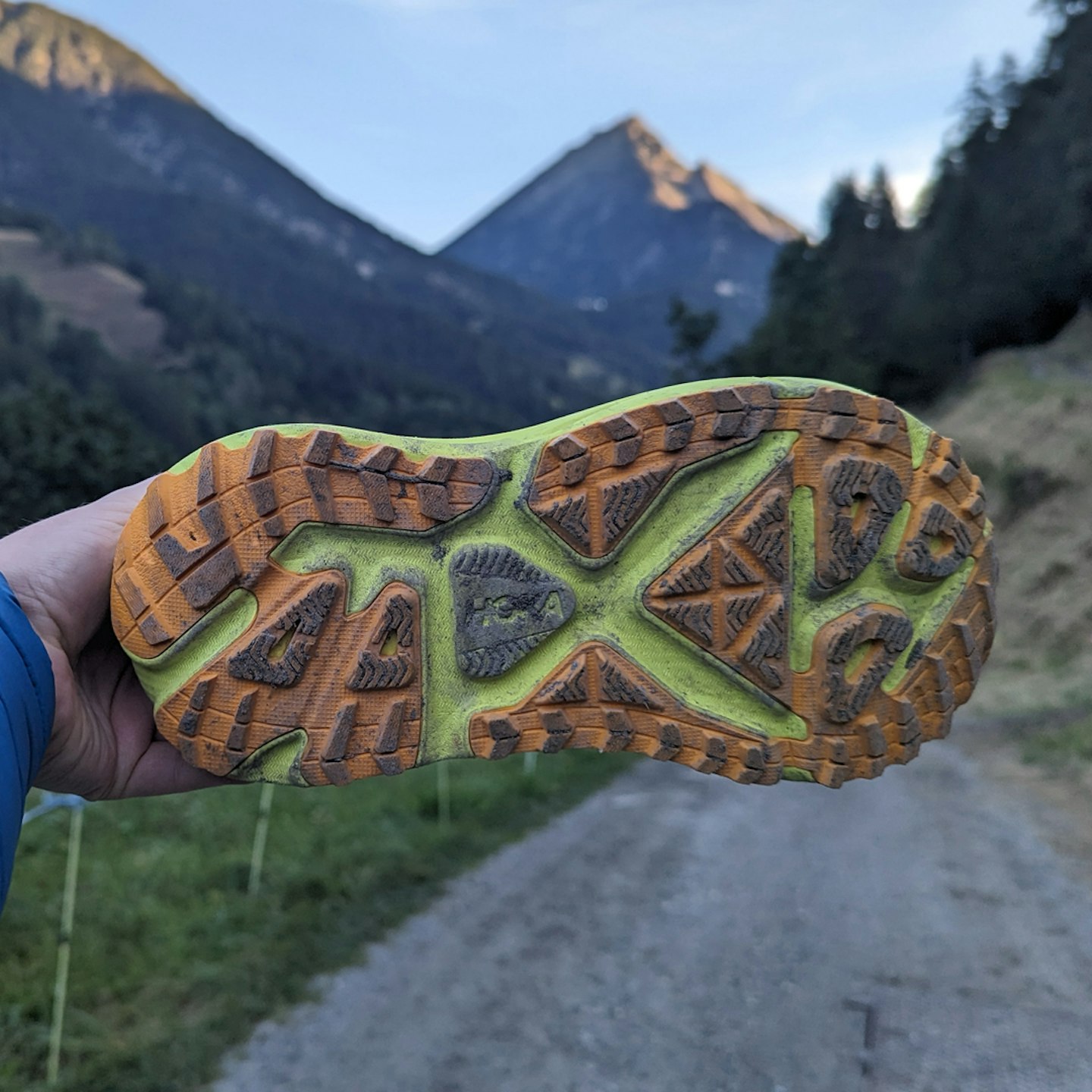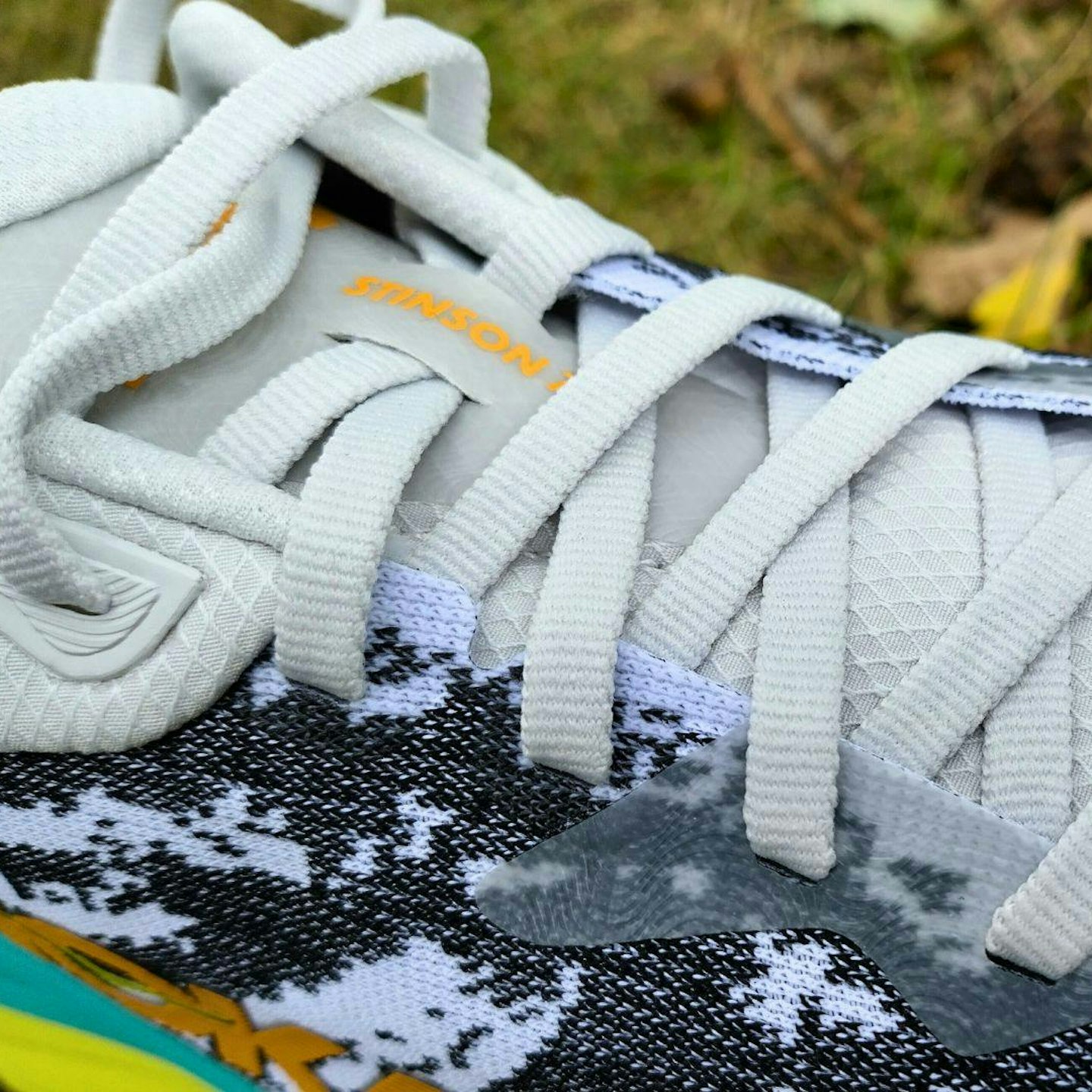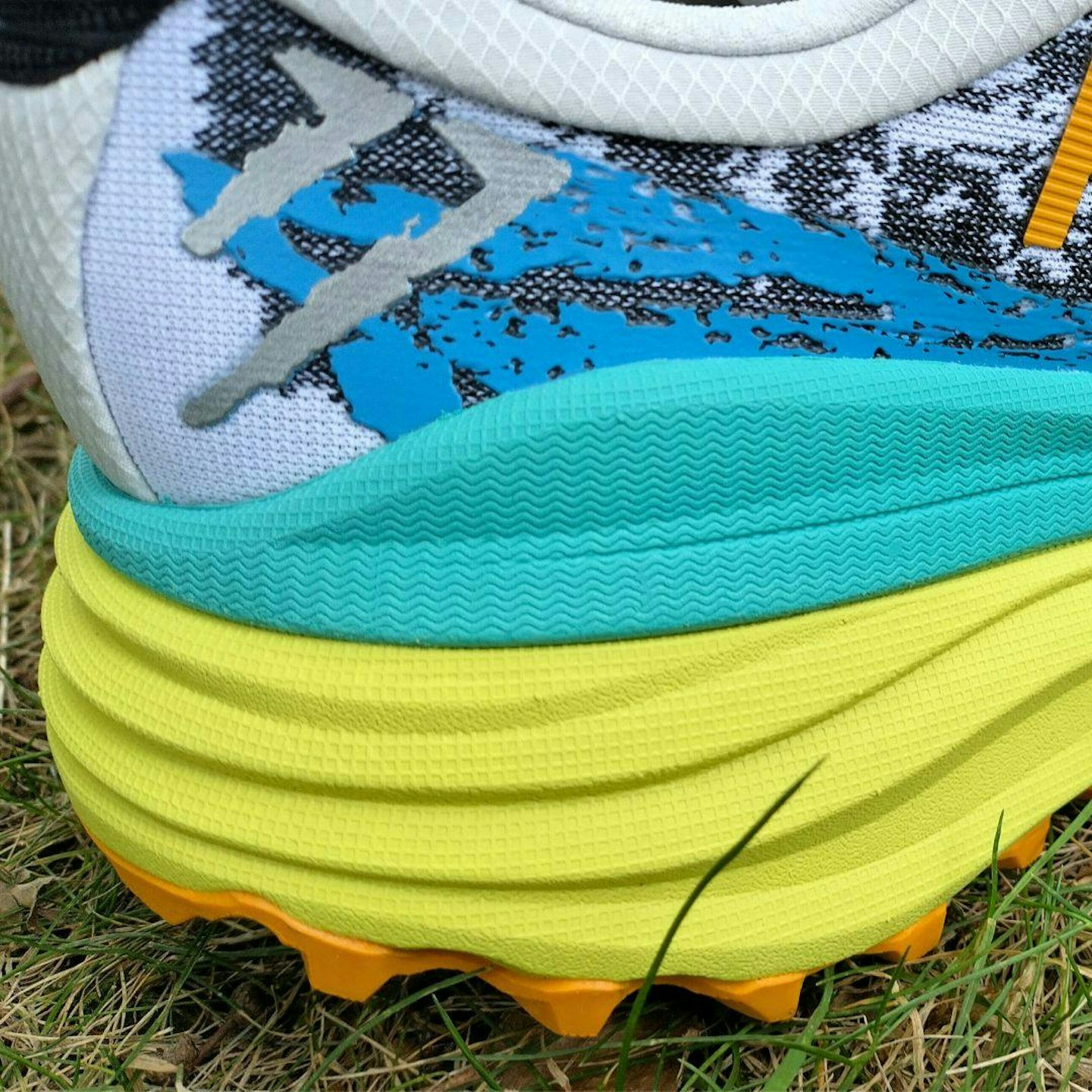No doubt you've heard by now that regular old road running is a bore, a chore, a monotonous grind that turns your kneecaps into ticking time bombs. Well, the rumours are true. Welcome to your new favourite hobby – let's talk about the best trail running shoes of 2025.
When you hit the trails, you'll need footwear that can stand up to rough and changing terrain. Not only does your shoe need to be durable and high-traction, but it's also got be cushioned and protective. This is no easy feet – sorry – which is why we at LFTO test dozens of pairs per season. We even enlisted a women's running coach to test and review the 10 best women's trail running shoes, just to cover every base!
We also test so much because there are so many different approaches to the humble trail shoe. You might want a hardy, stiff, distance-ready ultra trail running shoe to carry you through an all-day training session.
Or (perhaps more likely) you're in search of a versatile road-to-trail running shoe that provides maximum comfort from pavements to park runs to the peak of Snowdon.
What are the best trail running shoes of 2025?
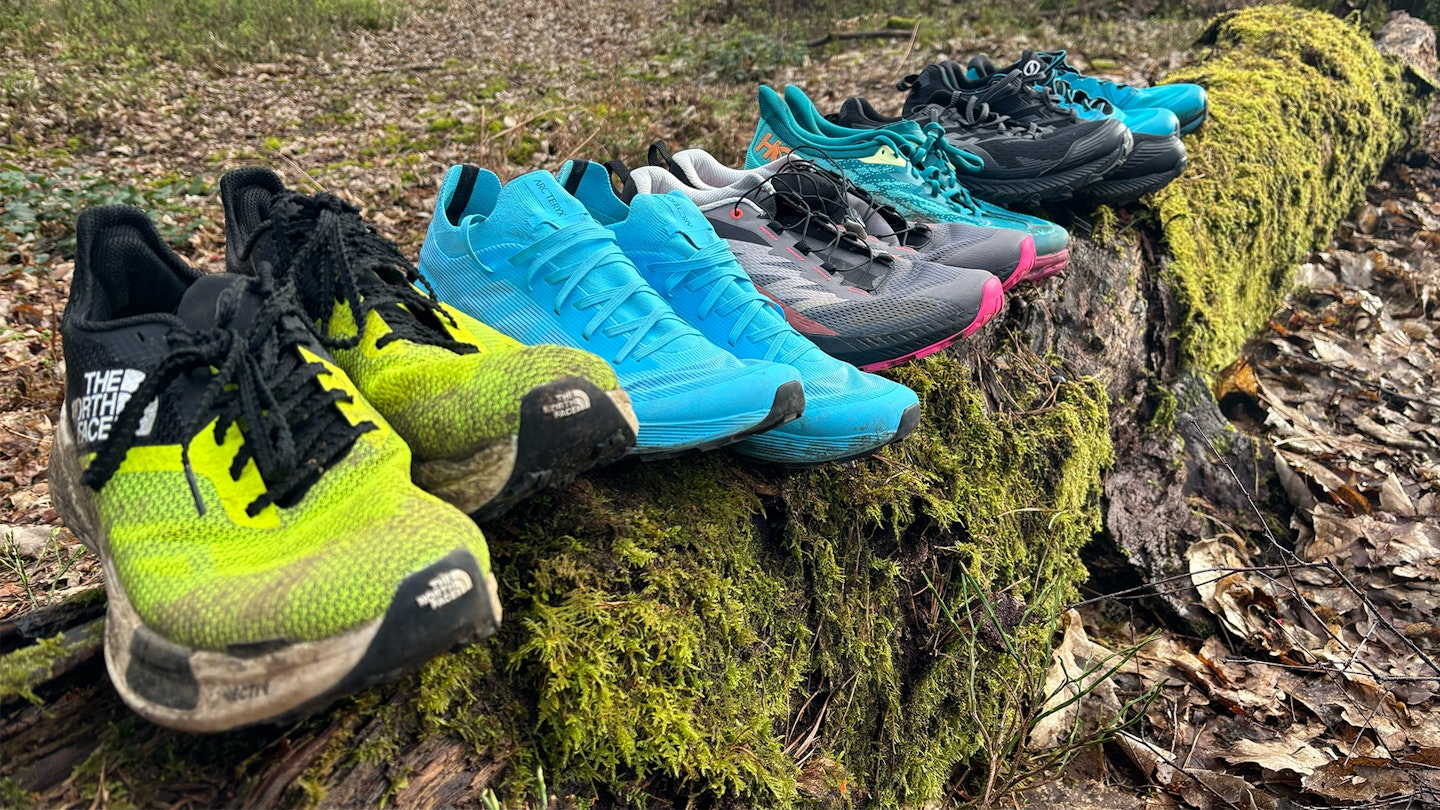
Hoka Speedgoat 6:---aw24){href='https://www.sportsshoes.com/product/hok2574/hoka-speedgoat-6-trail-running-shoes-(2e-width)---aw24' target='_blank' rel='noreferrer noopener nofollow' class='add-referrer-link'} Best in test
Merrell Morphlite: Best value
Asics Trabuco Max 3: Best road to trail running shoe
Brooks Cascadia 18: Best ultra trail running shoe
Saucony Peregrine 14 GTX: Best waterproof trail running shoe
Editor's note: This is one of our most regularly updated articles, with new releases and new releases added all through the year. It was last updated at the start of 2025, so keep checking back for reviews of the best trail running shoes.
Remember to account for your own personal running gait, foot size, and comfort level preference when choosing the best trail running shoe for your needs. We've reviewed some excellent lightweight running shoes but if you're a runner who needs that bit more support and cushioning in a shoe, then consider a chunky option. Plus, it never hurts to peruse our roundup of waterproof trail running shoes.
Equally, if you prefer to have a good level of ground feel as you run, then we'd recommend you lean more towards a zero-drop trail running shoe than one with a high stack and drop. If all this sounds like jargon to you, why not take a look at our guide on how to choose trail running shoes to better understand the best style of shoe for your feet.
How we tested the best trail running shoes
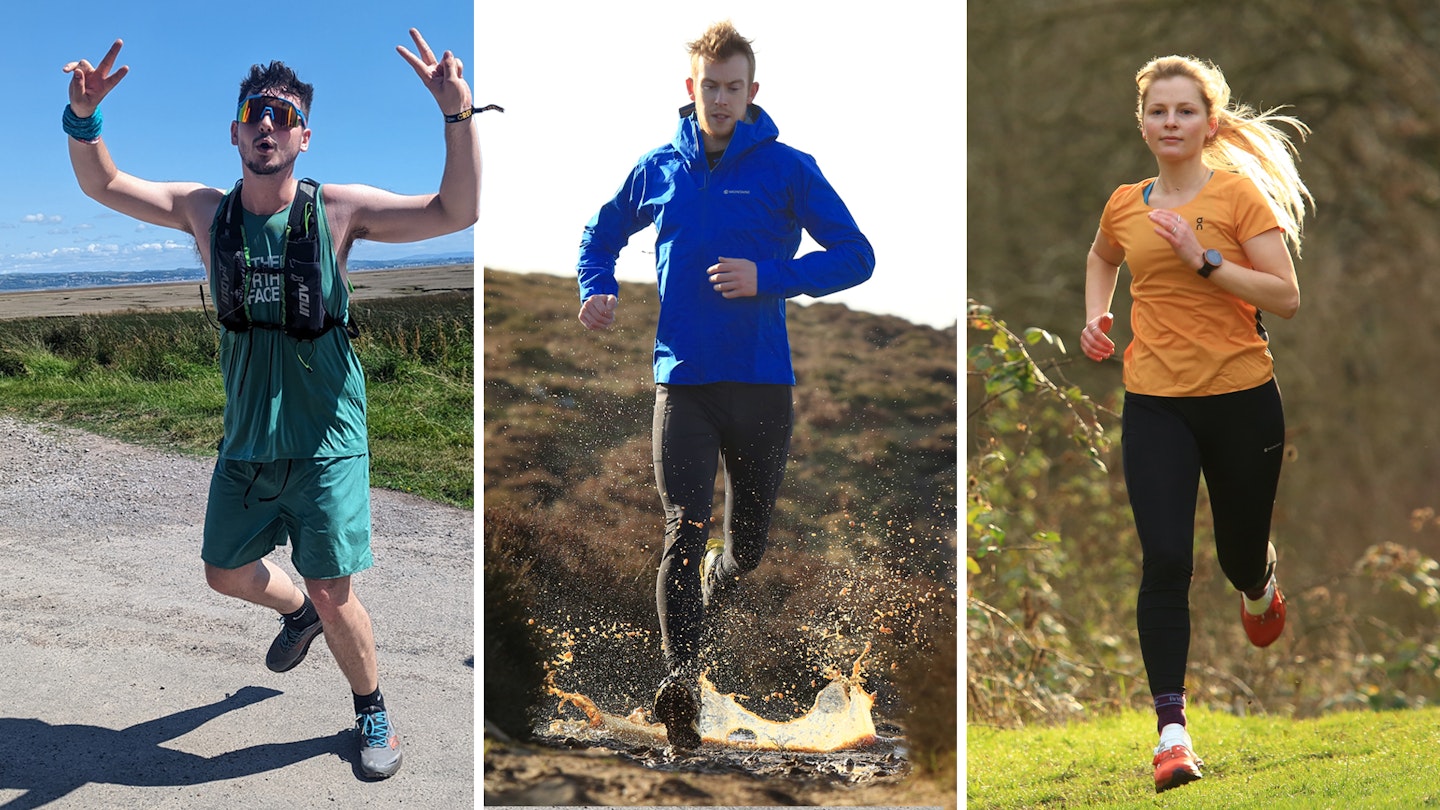
The trail running gear we review always undergoes rigorous real-world testing, usually from the trio above (Milo, Chris and Kate). As soon as a new trail shoe hits the scene, we allocate one of our expert gear testers and force them out of the office and into the hills. We do occasionally destroy shoes in our testing, but these don't make the 'best of' list, naturally. Anything that appears in our roundups has survived some serious work on a range of different terrains and distances.
We consider myriad factors when testing and reviewing trail running footwear, from the obvious, such as comfort and performance, to the less obvious and intricate, such as sustainability. Read more about how we test our trail running gear.
Best trail running shoes in detail:
Though they may look more on the maximalist side, the Hoka Speedgoat 6 are a stunningly popular pair of trail running shoes. That's all down to their versatility and agility on the trail. After our first run in the Speedgoat, we were instantly impressed by their responsive feel, lightweight, and general zippiness. Very much a wolf in sheep's clothing, here's why the Speedgoat 6 remains a cult classic...
The shoe's lightweight yet durable construction includes an updated, breathable mesh upper that enhances ventilation while providing a secure fit. With a wider forefoot and midfoot design over previous iterations, the Speedgoat feels plenty stable over loose terrain and allows for ample toe splay.
The full-length EVA foam midsole, combined with the brand's signature Meta-Rocker technology, offers good impact absorption when it comes to running over more compact ground. This isn't at the expense of propulsion though, the curved form (4mm drop) literally rocks you off your feet, keeping that footfall rolling forward with much less effort than flatter, zero-drop shoes like the Vibram 5-fingers or the Merrell Vapor Glove 6.
Moving down to the outsole, the Speedgoat is equipped with 5mm zonal rubber lugs placement which ensures traction and grip both through lateral and medial planes of movement, which are a dream when tackling awkward ascents and loose terrain.
Through our testing, we found that the Speedgoat 6 excels best over long-distance. It's one of the only shoes we've been impressed with straight out of the box, and that says a lot. There's also a Gore-Tex version available for wet-weather running. Now vegan and made from recycled components, we're happy to see Hoka take steps towards improving sustainability.
**Check out the women's version here
**
Read our full Hoka Speedgoat 6 review here
Pros
- Excellent cushioning
- Supportive and stable
- Good traction
- Relatively lightweight
- Rockered outsole
- Available in wider fit
Cons
- Not as breathable as some rivals
- Not geared towards ultra distances
- No Gore-Tex/waterproof version (yet)
| RRP: | £139.99 ($155) |
| Women’s sizes (UK): | 3½-10½ |
| Men’s sizes (UK): | 6½-13½ |
| Weight: | 286g / 10.1oz (men’s UK size 9) |
| Drop: | 5mm |
| Stack height: | Men’s 40mm heel, 35mm toe |
| Women’s 38mm heel, 33mm toe | |
| Lugs: | 5mm |
| Versions: | Regular, wide |
The Merrell Morphlite is a solid option for new trail runners seeking an affordable hybrid shoe that transitions well between road and trail. Over a month of testing on Surrey’s muddy trails and woodland paths, the Morphlite impressed with its excellent grip and breathability, performing well during quick changes in direction and on mixed surfaces.
At just 215g per shoe, the Morphlite feels light and bouncy, but this comes at the cost of comfort. Its firm FloatPro Foam midsole lacks the cushioning needed for longer runs, causing discomfort over sharp terrain or extended distances. The shoe’s flat profile also promotes overpronation, making it less suitable for runners with ankle or tendon vulnerabilities.
The outsole features a mix of 3mm perimeter lugs and 2mm multi-surface lugs, striking a balance between road and trail traction. While not fully waterproof, the double-lined toe box and splashproof upper offer a decent defence against wet conditions. Sustainability-conscious runners will appreciate the use of recycled materials, including 100% recycled laces and mesh components, though this shoe doesn’t fall under Merrell’s dedicated eco-friendly range.
If you’re starting out on trails or sticking to shorter distances, the Morphlite delivers value and reliable grip at an accessible price point. For those eyeing longer or more technical runs, a more cushioned option might be worth considering.
**Find the men's version here
**
Read our full Merrell Morphlite review here
Pros
- Sole transfers well from road to trail
- Splashproof upper
- Good breathability
- Great grip when changing direction
- Excellent value
Cons
- Flat footed style encourages overpronation
- Padding doesn't stack up well on sharp terrain
| RRP: | £89.99 / $110.15 |
| Women's sizes (UK) | 4–9 |
| Men's sizes (UK) | 7–14 |
| Weight (UK size 6.5) | 215g/7.6oz per shoe |
| Drop | 6.5mm |
| Stack height | 26.5mm – 20.0mm |
| Lugs | 3mm (perimeter) 2mm (multi-surface) |
| Waterproof version | No |
Fast becoming one of our favourite maximalist trail running shoes, the Asics Trabuco Max is a monster machine of a running shoe. With a stack of 43mm at the heel and 38mm at the forefoot, along with a healthy amount of cushioning, they have a heavenly comfy amount of cushioning. But if you think this would translate to a heavy and slow-feeling shoe. You'd be wrong.
We have an inkling this is down to the FF BLAST PLUS foam midsole, which aims to reduce landing impact and boost comfort. Unlike other chuncky-stack shoes we've tested, the Trabuco somehow manages to maintain some semblance of ground feel. Put it this way, we don't feel like we're running on stilts, one step away from a twisted ankle and for trail running, that's pretty key!
The Trabuco is made from at least 50% recycled materials, which can be found in the ventilated jacquard mesh upper, which has a protective overlay around the toes and an inbuilt gaiter system. All this combines to make the shoe feel highly structured and protective when it comes to wading through trail debris, while still managing to hold onto a bit of flex at the forefoot. Moreover, the foot hold is excellent, and while running on a recovering ankle weakness, we felt at ease and comfortably braced from ground impact.
Another star of the show is the ASICSGRIP outsole. Never have we ever ran in a stickier shoe... in a good way. You can even hear the stick at each step on wet tarmac! The Trabuco excels on wet rock and loose trails, it's comfortable and cushioned enough to take on sections on the road, while the 4.5mm lugs can tackle mud and technical off-road paths with confidence. If you're racing, you may want to reach for the agile Speedgoat 5 or a shoe a little closer to the ground, but for a supportive training shoe, you'd struggle to find much better than the Trabuco Max 3, and that's why they're our favourite road to trail running shoes.
**Read our full Asics Trabuco Max 3 review
**
Check out the women's version here
Pros
- Highly cushioned
- Well-structured and supportive
- Traction of range of terrain
- Stylish
Cons
- Not as agile as some
- Stack height may deter minimalist-lovers
| RRP: | £160 / $160 |
| Women's sizes: | UK3 - 10 |
| Men's sizes: | UK5 - 14 |
| Weight (UK5.5): | 254g / 8.95oz |
| Drop: | 5mm |
| Stack height: | 43mm/38mm |
| Lug depth: | 4.5mm |
| Waterproof version? | No |
Our new top pick in the ultra category, the Cascadia 18 from Brooks is aimed squarely at trail runners who value stability, durability, and support above all else. We found this shoe impressively tough – having battered it on mountainous and muddy trails in the lake district over a particularly harrowing winter.
Now in its 17th generation, the Cascadia model has undergone more tweaks and overhauls than most cars at this point. Where the previous model (the Cascadia 17) presented a fairly roomy and relaxed fit, the Cascadia 18 has locked down its tightly-woven mesh upper, which now fits snugly and features an effective, wide-set lace system.
The slightly stiffer feeling won't be for everyone, but if you enjoy challenging trails, this one's the biscuit. Brooks have kept the rockplate from the last Cascadia, but it's now fitted inside the midsole foam, rather than sitting between the midsole and the outsole. This provides a firm, rigid underfoot sensation, meaning we didn't get much feedback from the ground, but did feel incredibly well protected from sharp rocks and other debris.
Rounding out the truly mountain-ready approach of the Cascadia 18 is Brooks' proprietary outsole unit, called 'TrailTack'. As the name suggests, this sole has great traction. We found it had solid bite and grip on all surfaces, from grass and mud to rock and scree. A truly versatile showing, with aggressive lugs separated by mud-shedding channels.
Brooks earn a bonus point for using 25% recycled content in their outsole, though hopefully the 18 will be even more sustainable.
**Read our full Brooks Cascadia 18 review here
**
Find the women's version here
Pros
- Outstanding traction
- Excellent stability
- Toughened toe-box
- Reasonably flexible
Cons
- Its chunkiness means it’s fairly hefty
- Not as agile as sleeker competitors
| Men’s sizes | 6-14 |
| Women’s sizes | 3-10 |
| Versions | Regular, wide |
| Weight | 322g / 11.35oz (men’s UK 8½ ) |
| Drop | 8mm |
| Stack height | 33mm heel, 25mm toe |
| Lugs | 4.5mm |
he Saucony Peregrine 14 GTX sticks to its winning formula, offering minimal changes from its predecessor, the Peregrine 13, but delivering the same excellent performance we’ve come to expect. With a Gore-Tex Invisible Fit upper, this version strikes a solid balance between waterproofing and flexibility, though it still lags behind non-waterproof options in breathability.
The fit is spot-on, offering ample room in the forefoot with a secure heel hold, making it a reliable choice for a wide range of foot shapes.Its PWRTRAC outsole and 5mm lugs shine across all terrains, excelling on wet, dry, and muddy surfaces while shedding debris with ease.
Underfoot, the PWRRUN midsole provides just the right mix of cushioning and responsiveness for confident strides, while the shoe’s low weight (300g for GTX, 270g non-GTX) adds to its agility. Whether climbing technical hills or descending rocky paths, the Peregrine 14 keeps you stable and comfortable.
At £155 for the GTX version, it’s competitively priced, though its sustainability credentials are lacking compared to some eco-conscious brands. And if you don’t need the latest tweaks, the almost-identical Peregrine 13 offers similar performance at a lower price. Still, the Peregrine 14 GTX is a top contender for runners tackling variable terrain and mixed conditions.
**Read our full Saucony Peregrine 14 GTX review here
**
Find the women's version here
Pros
- Excellent fit and comfort
- Impressive all-terrain grip
- Reasonably lightweight
Cons
- Poor eco credentials
| RRP: | £155 ($140) |
| Women's sizes | UK 3 - 10 |
| Men's sizes | UK 6 - 13 |
| Weight | 300g / 10.58oz |
| Drop | 4mm |
| Stack height | 28mm/24mm |
| Lug depth | 5mm |
| Waterproof version? | Yes |
If you’re after a nimble, lightweight trail shoe, this isn’t it. But if you prioritise stability, durability, and all-weather protection, the XA Pro 3D V9 GTX is a serious contender. With a rugged build, Gore-Tex waterproofing, and Salomon’s signature Quicklace system, it’s as much a hiking shoe as a trail runner – ideal if you want one shoe that can do both.
The Contagrip outsole offers solid traction across mixed terrain, though its relatively short lugs don’t bite deep mud as well as more aggressive options. The firm EnergyCell+ midsole provides stability rather than bounce, and the 3D Advanced Chassis enhances control on technical ground.
It’s a tough, protective shoe that feels planted, but at 356g per shoe (UK 8.5), it’s on the heavier side. The fit is snug through the midfoot, with a reinforced toe cap for rock protection, though some may find the heel less locked-in than ideal.
Best for those who favour durability and support over agility, this shoe thrives on long, steady efforts in rough conditions. Not the most responsive, but it’ll get you where you need to go comfortably and in one piece. Definitely the most bombproof bit of kit on this list.
Read our full Salomon XA Pro 3D V9 GTX review
Find the women's version here
Pros
- Premium levels of protection
- Highly durable and sturdy construction
- Gore-Tex liner works well
- Versatile for hiking and trail running
- Grippy outsole
- Excellent quick lacing system
- Tough toe box
Cons
- Quite heavy
- Feel veery chunky on the foot
- Not much energetic return
- Extremely firm underfoot
- Heel isn't as locked in as we'd like
- Short lugs don't bite soft ground well
| RRP: | £160 / $160 |
| Weight (per men's UK 8.5): | 356g / 12.56oz |
| Men's sizes (UK) | 6.5-13.5 |
| Women's sizes (UK) | 3.5-9.5 |
| Drop | 11mm |
| Stack Height | 28.7mm / 17.3mm |
| Lug depth | 3.5mm |
Merrell’s MTL Longsky 2 Matryx brings major durability upgrades over its predecessor, making it a standout choice for technical trails and rugged terrain. The big innovation is the Kevlar-reinforced Matryx upper, which feels light and breathable while being tough enough for rocky descents.
However, the upper’s lack of stretch can feel restrictive, so sizing needs careful consideration.The FloatPro midsole balances softness with stability, providing excellent ground feel without sacrificing responsiveness. Paired with Vibram MegaGrip outsoles and 5mm lugs, the Longsky 2 excels in wet and loose conditions, gripping muddy Surrey trails and Lake District fells with ease.
Reversed lugs enhance control on steep descents, although exposed foam might raise durability concerns on sharp rocks.While not the most versatile shoe, it shines on demanding terrain, making it ideal for skyrunning and mountain missions. Small tweaks like more secure laces and better debris protection could elevate it further, but its performance for serious trail runners justifies the price.
**Read our full MTL Longsky 2 Matryx review here
**
Find the women's version here
Pros
- Highly durable upper
- Great traction on wet ground
- Surprisingly lightweight
Cons
- Upper material doesn't stretch
- Less versatile than other options
| RRP: | £155 ($194.63) |
| Weight | 241g / 8.5oz (UK size 9) |
| Lugs | 5mm |
| Midsole | FloatPro 100% recycled TPU EVA foam |
| Outsole | Vibram MegaGrip rubber |
| Stack | 23.5mm (heel), 19.5mm (forefoot) |
| Drop | 4mm |
Our favourite winter trail running shoe for 2025. La Sportiva's Cyklon Cross GTX may seem imposing in its profile, but it's a remarkably comfortable and versatile winter trail running shoe. When worn with running leggings, it blends in seamlessly and doesn't appear outlandish.
The integrated gaiter is highly effective at keeping out dirt, snow, and puddle splashes. Initially, we were skeptical of the BOA lacing system, but it's a fantastic addition to a shoe like this. It offers a snug fit that's easily adjustable and quick to fasten or release.
The Cyklon Cross GTX boasts an exceptional outsole featuring La Sportiva's Frixion White compound, known for its durability and superb grip. Combined with its aggressive lug pattern, this shoe excels in muddy and snowy conditions, and it's also compatible with La Sportiva's AT Grip spikes for icy terrain.
While it provides ample debris protection and generous underfoot cushioning, it does have limited toe protection, featuring only a minimal TPU toe cap. This is worth considering if your routes involve rocky terrain. Nevertheless, for cold conditions, this is our top pick.
Read our full La Sportiva Cyklon Cross GTX review
Pros
- Versatile
- Excellent debris protection
- Incredible grip
- Perfect for slushy British terrain
Cons
- Minimal toe protection
- May look a bit odd in shorts (though this may be a pro for some)
| RRP: | £209.95 ($225) |
| Women's sizes | UK3.5 - 9 |
| Men's sizes | UK5 - 12.5 |
| Drop | 7mm |
| Stack height | 26.5mm/19.5mm |
| Lugs | 6.5mm |
| Weight (UK9) | 350g / 12.34oz |
New for 2025 in its third generation, the Scott Kinabalu 3 is back again with a “full re-design” and “improved comfort, protection and running efficiency”, according to the Swiss brand. We quickly found this description to be bang on – the Kinabalu 3 feels much more agile and cushioned than its predecessor.
The upper uses a tried and tested design, with soft and lightweight ripstop mesh covering the forefoot and top of the toe, and a sturdier thermoplastic polyerethane reinforcing the heel, toe, and sides. We noticed some decent flex in the polymer, with a fairly standard fit that feels locked in on the top but still accommodates your usual swell and splay.
The big highlight on the Kinabalu 3 is the midsole cushioning and rocker shape, which feels nicely springy and energetic, especially for a trail shoe that looks, at first glance, a bit chunky. The midsole is fairly thick, providing a comfortable and plush feel, and ultimately making us pleasantly surprised by how fast our test runs ended up being.
This is partially thanks to the rocker shape of the midsole which increases efficiency and gets you into a good flow on the trail. We were also quite impressed with the materials underfoot, which are all proprietary. Scott's 'Kinetic Foam' comprises the midsole and was notably light and responsive – Scott claim the material "provides 14% more energy than standard EVA".
Meanwhile, the proprietary outsole leans into this smooth flowing approach with 3.5mm chevron-shaped lugs. It's not a very aggressive pattern or depth, but similar to the North Face Vectiv Pro, it excels when you're wanting to move fast over hard packed paths in the hills or woodlands.
We tested this shoe on a mixture of trails in the Lake District, and while they certainly aren't fell running shoes, the Kinabalu 3 is an excellent pick for mixed terrain, including the odd pavement which, let's face it, we can't all avoid.
Read our full Scott Kinabalu 3 review
Pros
- Excellent midsole
- Good cushioning
- Light
- Comfortable ride
Cons
- Not the most aggressive outsole
| RRP: | £144.99 ($150) |
| Women's sizes: | 3-8.5 |
| Men's sizes: | 6-13 |
| Versions: | GTX, non-GTX |
| Drop: | 7mm |
| Stack height: | 29.5mm heel, 22.5mm forefoot |
| Lugs: | 3.5mm |
| Weight (men's UK 8): | 327g / 11.5oz per shoe |
The North Face Summit Vectiv Pro II offers a solid upgrade over version one, featuring a redesigned carbon plate lower in the midsole for better comfort.
The shoes deliver a responsive, propulsive ride, especially at faster paces. However, they suffer from a narrow fit, with some difficulty getting feet in and out.
The midsole provides good stability and cushioning, while the outsole, though effective on dry terrain, lacks traction in muddy or wet conditions.
Overall, the shoe is better suited for fair-weather trail running, but those with wider feet or needing more aggressive traction may find it lacking.
Read our full The North Face Summit Vectiv Pro II review
Pros
- Geared for high-performance runs
- Cushioned enough for long distances
- Highly breathable upper
- No-slip laces that actually work
Cons
- Higher stack takes some getting used to
- Not the best choice for difficult downhills
| Men's sizes | UK7-12 |
| Women's sizes | UK3-9 |
| Waterproof version? | N/A |
| Weight (UK9) | 287g |
| Drop | 6mm |
| Stack height | 32mm/26mm |
| Lugs | 3.5mm |
The Stinson 7 is, in typical Hoka fashion, the exact opposite of a sleek, minimalist running shoe. It features a thick EVA midsole with a towering 42mm/37mm stack height (40mm/35mm in the women's version). We wore worried this would affect the stability of shoe, but Hoka have compensated by giving the Stinson 7 an extra wide platform.
Between the width and height of this sole unit, of course the Stinson 7 is outrageously comfortable. We'd even call it pillowy. The midsole features a design touch called Metarocker which aids heel-to-toe transitions, which works nicely with the huge amounts of cushioning to create a seamless flow when you're running.
Of course, this only lasts until things get hairy on the trail. Weighing 365g (men's 10) and sporting that wide outsole makes the Stinson 7 a tad clompy, which is great for long distances, but does come at the cost of agility. We wouldn't pick it for skyrunning.
That said, the Durabrasion rubber outsole performed pretty well across a range of terrains. It features 4mm lugs and wide mud channels which did their job on wetter outings. We've seen this sole before on the Hoka Challenger 7, and we were impressed then as well. Being able to handle damp grass is critical, and we were pleased to find that the Stinson 7 could hold its own all throughout the Yorkshire moors.
It may not be the best for tricky terrain, but if you're hitting more typical UK trails and looking for comfort and stability, then this shoe is the ticket.
Read our full Hoka Stinson 7 review
Pros
- Sumptuous cushioning
- Stable
- Vegan
- Decent grip
- Versatile
Cons
- Big stack height not for everyone
- Look a bit clumpy
| Men's sizes | UK6.5 - 14.5 |
| Women's sizes | UK3.5 - 9.5 |
| Waterproof version? | No |
| Weight (men's 10) | 365g |
| Drop | 5mm |
| Stack height | 42mm/37mm |
| Lugs | 4mm |
The Adidas Terrex Agravic Speed trail running shoes stand out for their exceptional breathability, lightness, and responsiveness. Designed for fast-paced trail races, they feature a synthetic upper with seamless overlays that provide comfort and agility. However, their breathability comes at the cost of water resistance, making them less ideal for wet conditions. They dry quickly, but frequent wet runs may call for a more waterproof option.
The midsole combines Lightstrike and Lightstrike Pro foams, delivering a cushioned yet responsive feel that absorbs impact and boosts energy efficiency. The shoe's rocker-like structure promotes forward momentum, making it excellent for straight-line running on relatively even trails. However, the lack of lateral support can be a drawback on uneven terrain or during directional changes.
The Terrex Agravic Speed's Continental rubber soles with 3mm lugs offer good traction on most surfaces, though they perform best in dry or mildly wet conditions. The lugs' design favors linear movement, aligning with the shoe's overall purpose. Despite their strengths, the shoes can be uncomfortable on slopes due to minimal padding around the ankles.
Other notable features include textured laces that stay tied and a lightweight asymmetric tongue that enhances comfort. The shoes are incredibly light and responsive, making them ideal for runners seeking a swift, energetic experience. Overall, the Adidas Terrex Agravic Speed excels in providing a fast, enjoyable run on suitable trails, though it may not be the best choice for very uneven or consistently wet terrain.
**Read our full Adidas Terrex Agravic Speed review here.
**
We've also just reviewed the GTX Version!
Pros
- Lightweight
- Great breathability
- Excellent responsiveness and propulsion
- Inexplicably cool looking laces
Cons
- Not much lateral support
| Men's sizes (UK) | 5.5-14.5 |
| Women's sizes (UK) | 5.5-14.5 |
| Waterproof version? | N/A |
| Weight | 240g (UK 8.5) |
How to choose the best trail running shoes for you
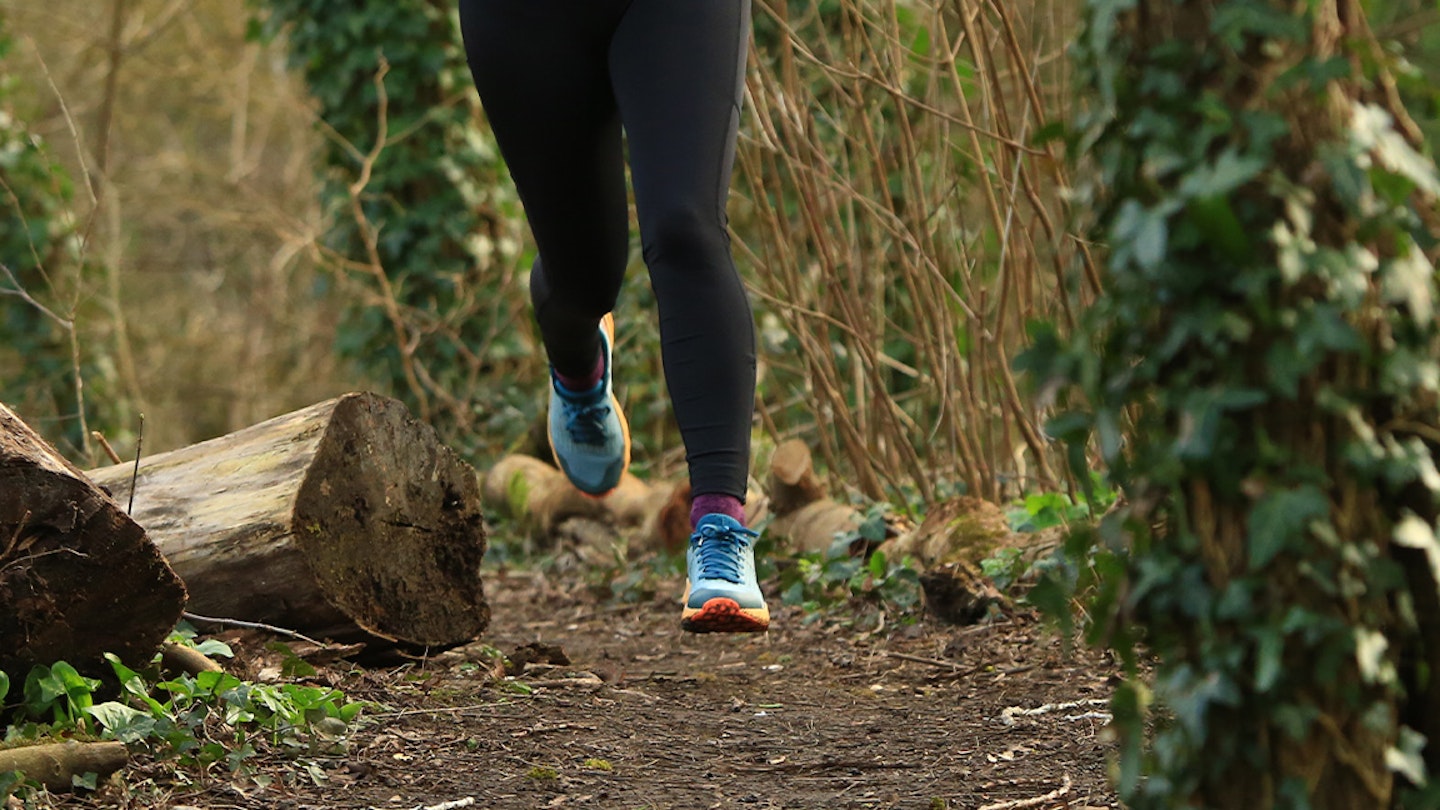
Carbon: For many of us, the summer or dry spells are all about running that bit quicker, and there's no argument carbon provides runners with more response on the harder, more uniform trails this season provides. Some will run faster, while some will benefit from the reduction in impact carbon provides. Yes, there's a cost, but it's well worth the investment.
Breathability: In the same way you'd look for fabrics that breathe in t-shirts, go for materials that allow air and water vapour to escape from inside the shoe while also allowing cooler air from outside to enter.
Weight: Of course, there's no definitive weight in a running shoe as more than any other product, it's very much individual. But, as a general rule, summer shoes are lighter and swifter feeling, so you'll be thinking of shoes that weigh less than 300g for that rip-roaring 10km PB.
If you're thinking long distance though, think about additional cushioning and, therefore, in some, but not all, additional weight, bringing the shoes into the mid-300s.
Toe box: The rocks will be there year-round, so look for protection in that department.
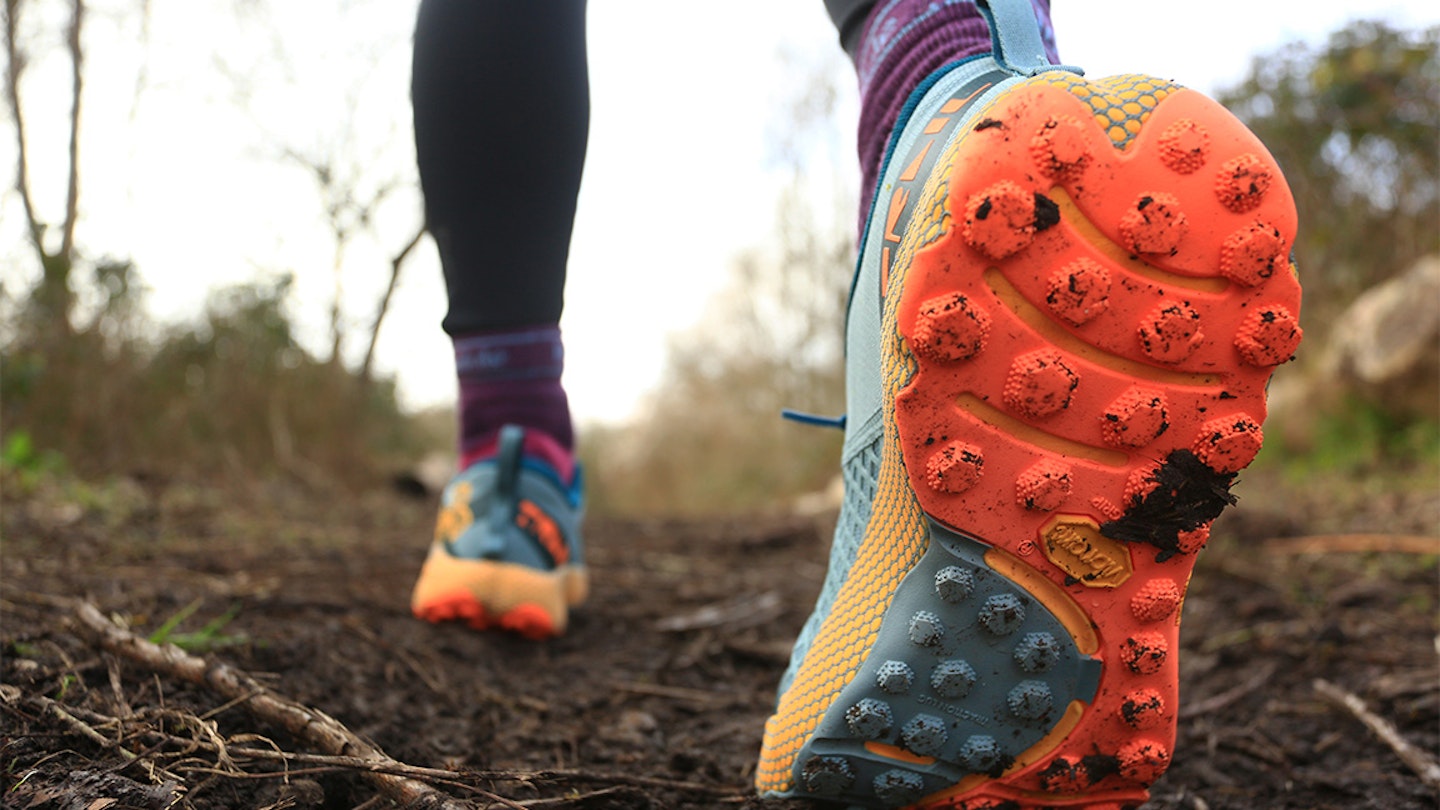
Drop: There's almost a generational gap here. Older shoe models work off an 8mm-12mm drop for a higher, more cushioned ride, while many of today's shoes come in at around 4mm-6mm for a closer-to-the-ground, faster feel. As with any shoe advice, it's always about what feels good personally.
In theory, it's worth progression to lower drop shoes as they do feel quicker (half the job), but it can be at a cost for your calf muscles. There are lower drops as well, with 0mm replicating barefoot. The jury is out at the moment as to what is best!
Midsole: EVA, PU, TPU or Pebax are the foams of choice for most brands. All offer softness and flexibility to different degrees.
Fit: There's the traditional lacing system, of course, but the Salomon system and the Boa fit in a variety of brands, including La Sportiva and Adidas do offer superb stability on rough, steep terrain. Consider the surfaces you'll be running. Tough descents and contouring lend themselves to this new fit system.
Lug length: Summer shoes will offer less in the grip department, so lugs around 3mm at the most, while winter shoes go all the way up to 6mm and even beyond on occasion. Rubber, of course, wears quicker, so longer lug-length shoes need to stay strictly off-road!
If you want even more info, take a look at our full guide on how to choose a pair of running shoes.
Are trail running shoes worth it?
If you're planning on exploring more off-piste than your usual pavements and local park, then we'd highly recommend you invest in a pair of trail running shoes like those reviewed above. As you transition from road to trail, you’ll find you need extra help in stabilising your feet and pushing off from the ground as you run.
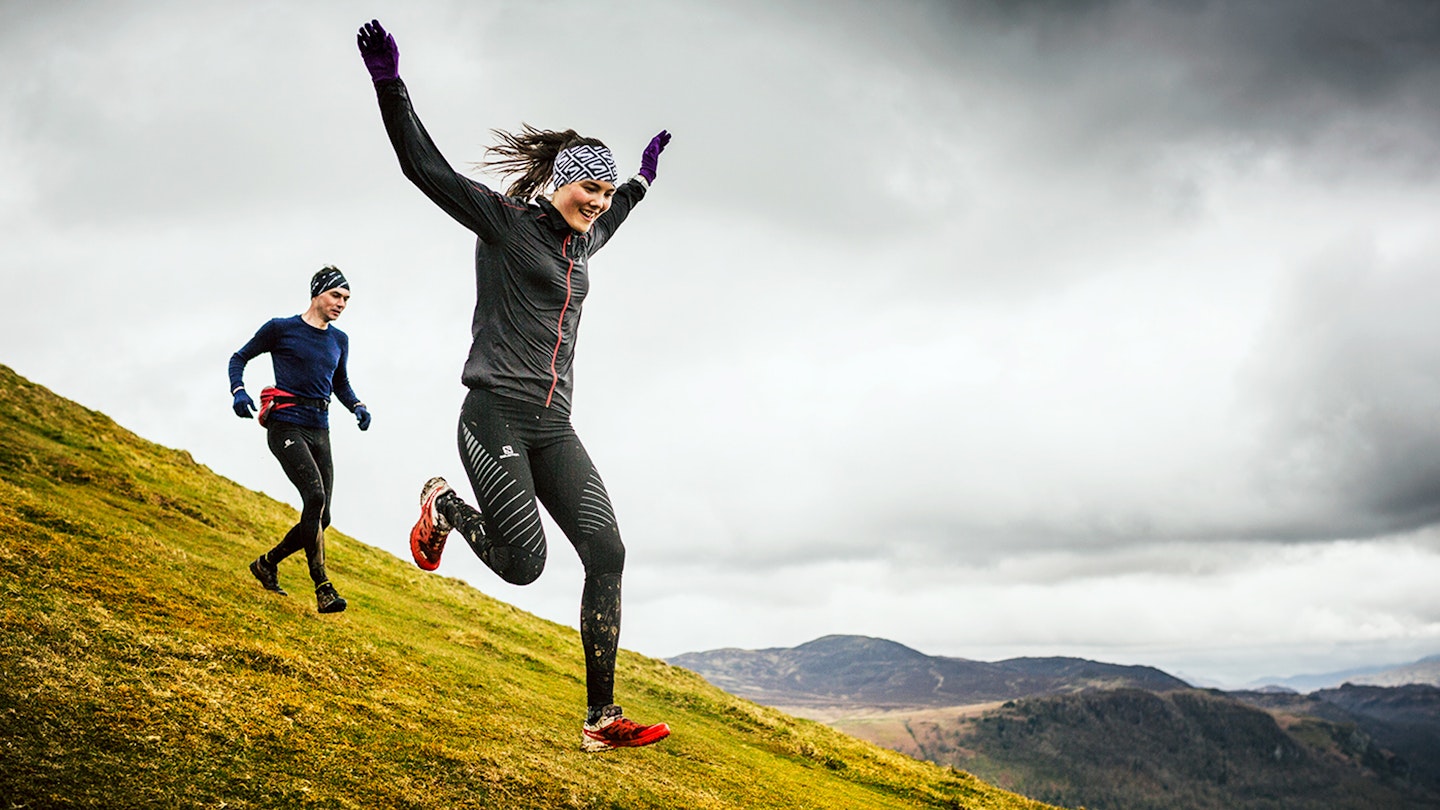
This is because trails can be wet and slippy, with loose terrain and unpredictable bumps and dips. You need running shoes with extra protection to ward off errant rocks and roots, and lugs along the outsole (grippy spikes on the bottom) to latch onto the ground and help propel you forwards as you enjoy the trail.
The more off-road and wild you get, the more likely you’ll need longer lugs and more protection from the elements. You may even want to consider a semi-aquatic shoe like the Vivobarefoot Hydra for when the trails get boggy after a good British watering. If you’ve got lofty ideas of building up to the longer distances, you should definitely consider grabbing a stability-focused long-distance trail running shoe with a bit of extra cushioning (we've just spotted a discount on the Inov8 Trailfly Ultra G 300, which fits the bill nicely!) to keep you comfy as the miles stack up.
Can you use trail running shoes on the road?
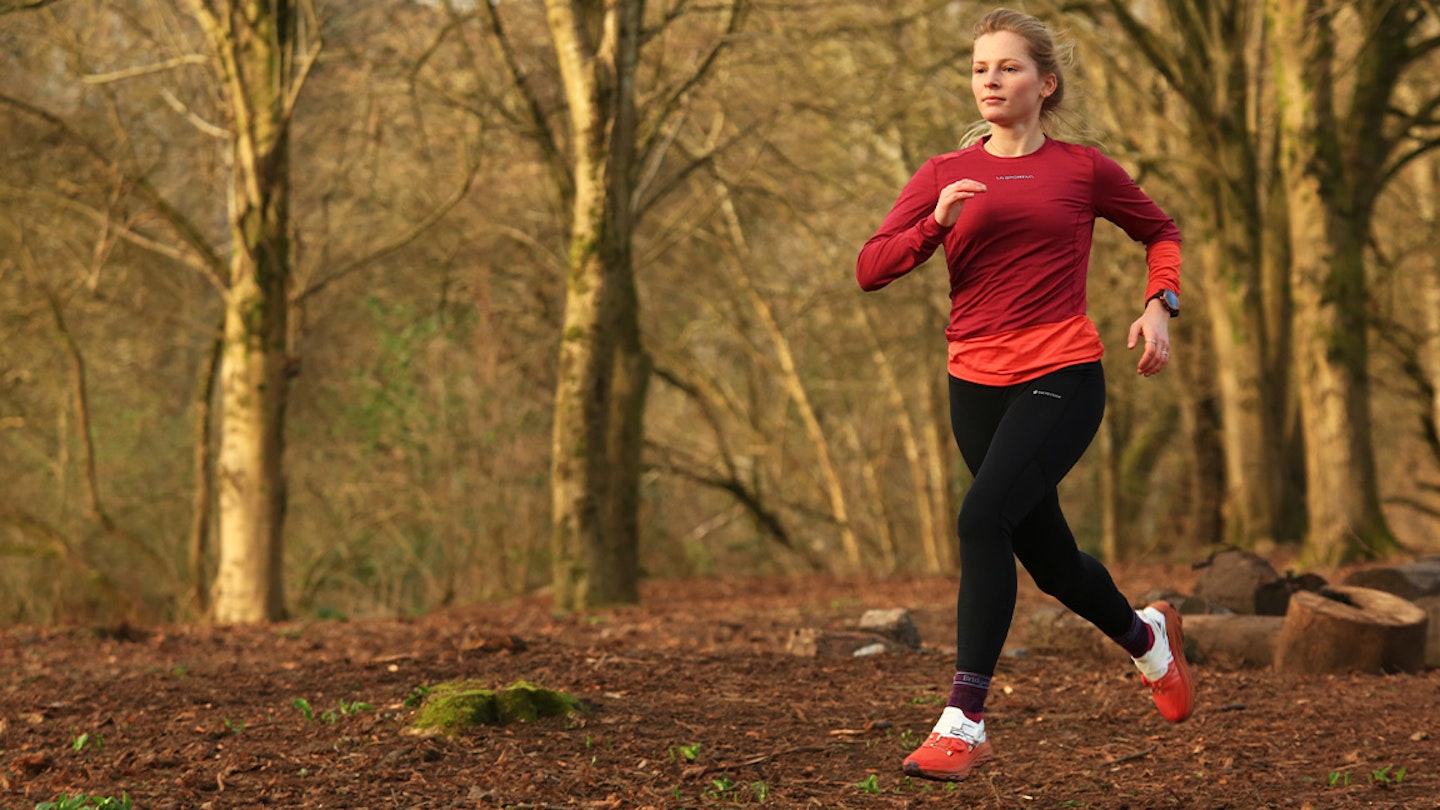
Many trail running shoes will not feel comfortable to wear on the road for extended periods of time. This will especially be true for those with long lugs along the bottom, which will dig into the soles of your feet as you run if the shoe has a slim midsole. Thankfully, there’s a specific category of trail running shoes emerging in recent years called road-to-trail.
It’s in the name, but these handy run shoes strike the perfect balance between cushioning, midsole impact absorption, and grip, to deliver a shoe that can cope with extended sections of road running as well as some mildly muddy and gentle trails. These days, mostly everyone will need to contend with both road and trail on their everyday run routes, so investing in a road to trail shoe can make your runs much more enjoyable and smooth.
Are trail running shoes good for hiking?
Trail running shoes are good for some types of hiking when you want optimal speed and agility (even if you aren't running), such as fastpacking or short, sharp treks. Trail running shoes are lightweight and have grippy soles - key traits for these types of hikes. However, trail running shoes lack the durability and support needed for long distance or technical hikes, where walking boots are much better.
How trail running shoes should fit
The size you choose for your next pair of trail running shoes really depends on what distance you're planning to run. Now we’re not suggesting you go crazy and order several sizes up from your usual digits, but it’s worth bearing in mind that as you run, four-times your bodyweight goes through your feet upon impact with the ground. That’s basically like repeatedly hitting the soles of your feet with a frying pan for the duration of your run.
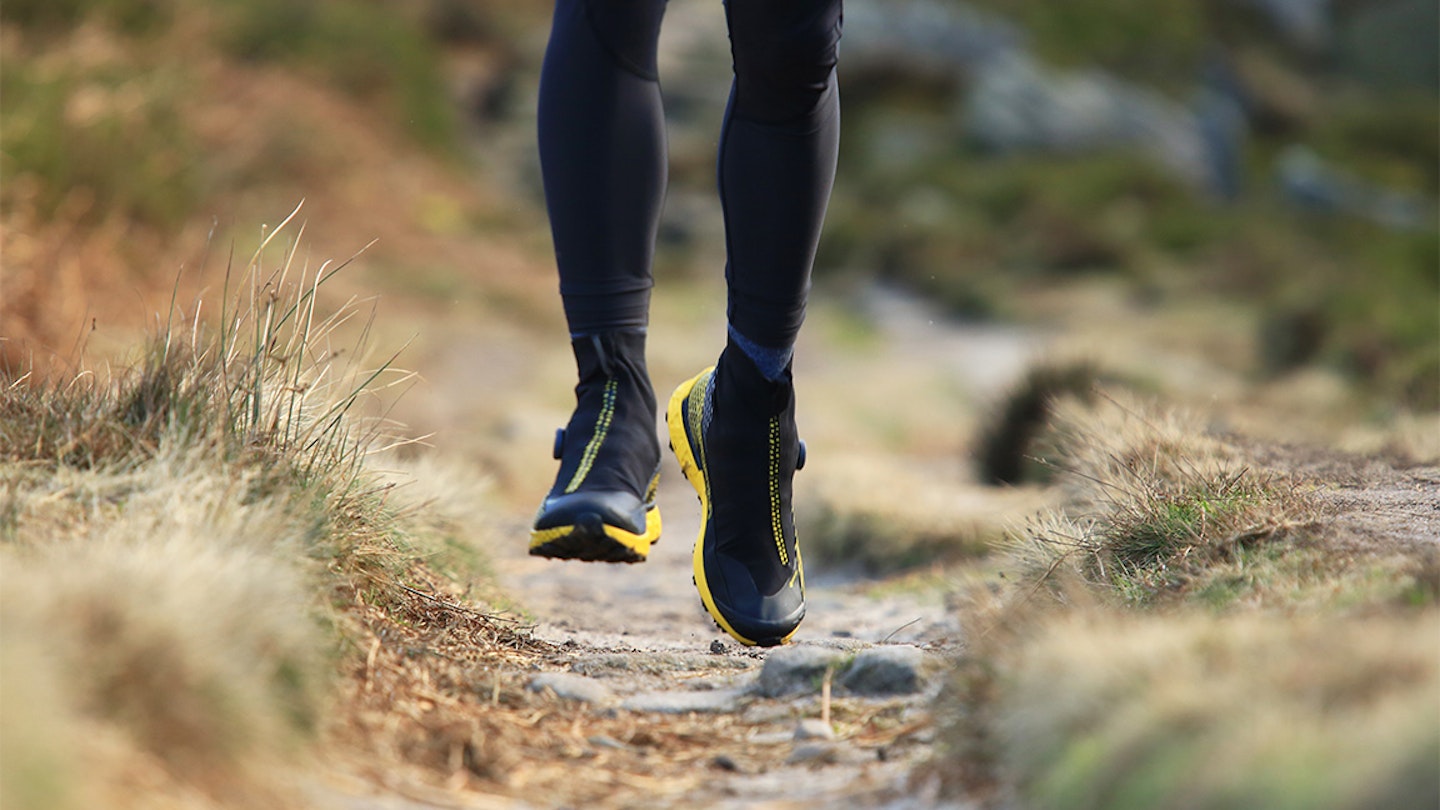
Obviously, this is going to have an impact on your feet - they will swell. So to ensure you remain comfortable and rub-free, it’s worth sizing up 0.5-1 sizes on what you’re normally used to wearing, especially if you’re planning on running long distances. Other than that, make sure if your feet are particularly wide you get a wide-fit shoe or look at brands like Altra whose shoes are designed with extra room in the toe-box. Equally, if your feet are extra narrow, you’ll need slimmer shoes like some Salomon ones, in order to still be able to achieve that locked-in, blister-free fit.
When to replace trail running shoes
When it comes to deciding when to replace your trail running shoes, you may be tempted to follow the same rule you would with your road running shoes. That is that typically, we replace running shoes every 500-800km. However, since trail running shoes are (sometimes literally) put through the wringer much more when out on the trails, you may want to adjust this depending on how much you’ve managed to wreck them in the good muddy stuff.
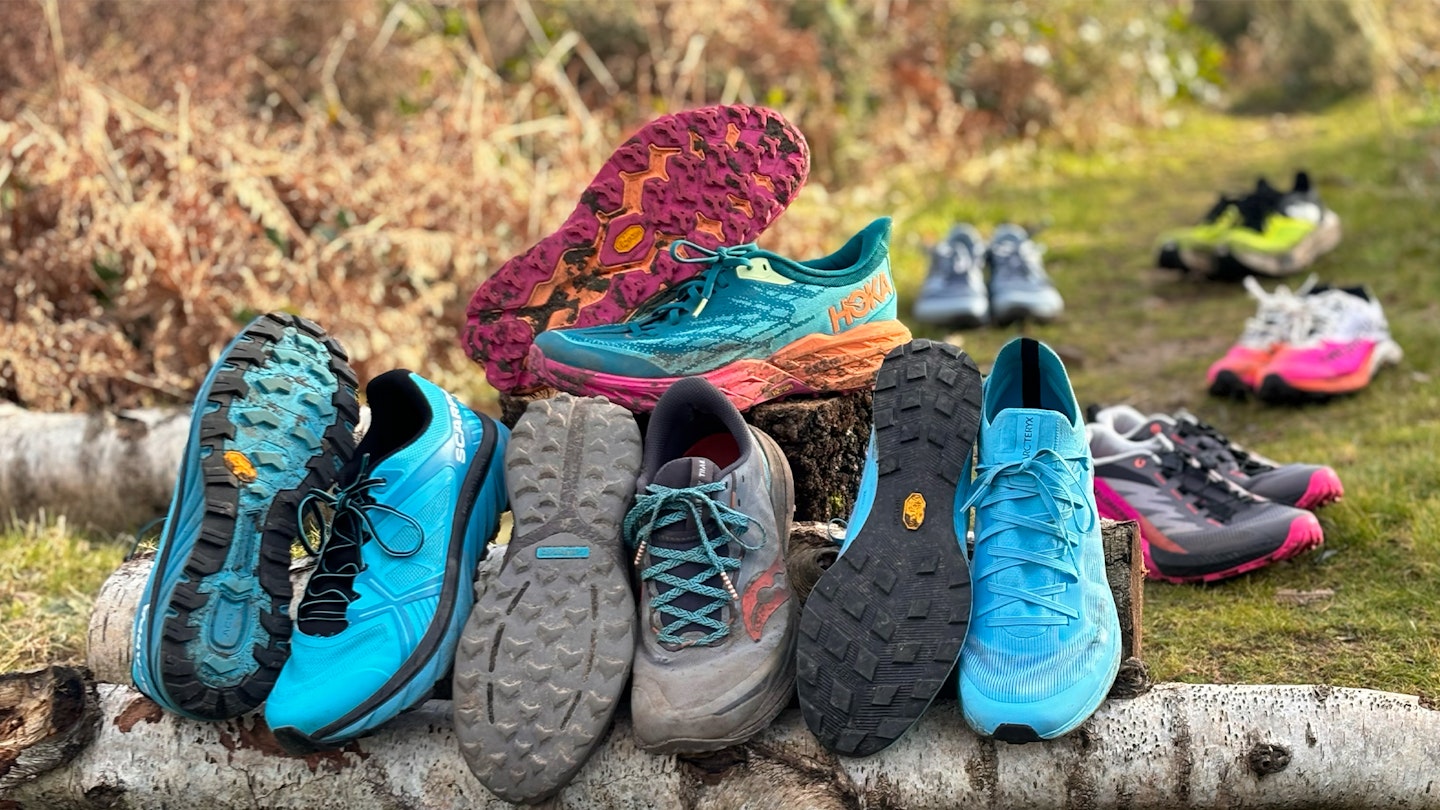
Other factors to take into account when considering the right time to replace your trail running shoes are whether the midsole has been substantially flattened from repeated impact, and how worn the lugs are along the bottom. Trail shoes are first and foremost used to give you traction when running along slippy and unpredictable terrain, so if the main component that provides traction is worn out, it’s probably time to reinvest in another pair like those we've reviewed above.
Caring for your trail running shoes
Outdoor footwear gets a hard life. If you want to keep yours performing as well as they can for as long as possible, a little TLC is needed. Keep fabrics clean to maintain breathability, and waterproof fabrics need reproofing every so often to maintain water repellency. Here are the products we'd recommend to help extend the life of your running trainers...
Keep your shoes dry
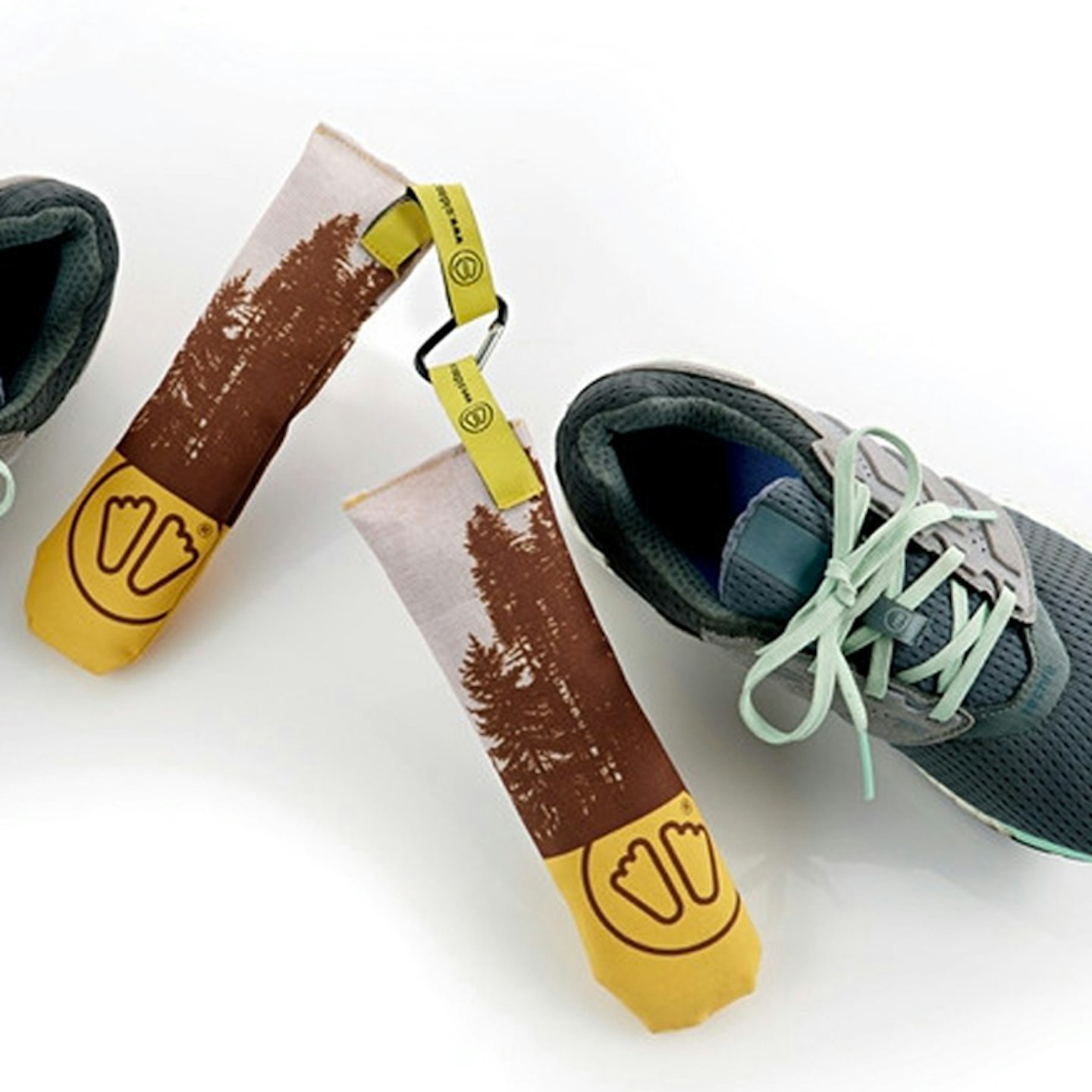 Sidas
Sidaswww.sidas.com
While the other products in this list will keep your shoes squeaky clean on the outside, these dryer bags will help soak up the moisture from your running shoes on the inside. Keeping them feeling fresh and free of that post-run 'pong'. We've never come across such a handy product to help refresh our kicks after wet runs. These sacks are stuffed with 100% cedar wood, which absorbs moisture out of the inside of a shoe four times quicker than air drying. They're also re-useable – simply hang them up to dry after use for six hours in between runs, then they're ready to go again!
Keep your shoes clean
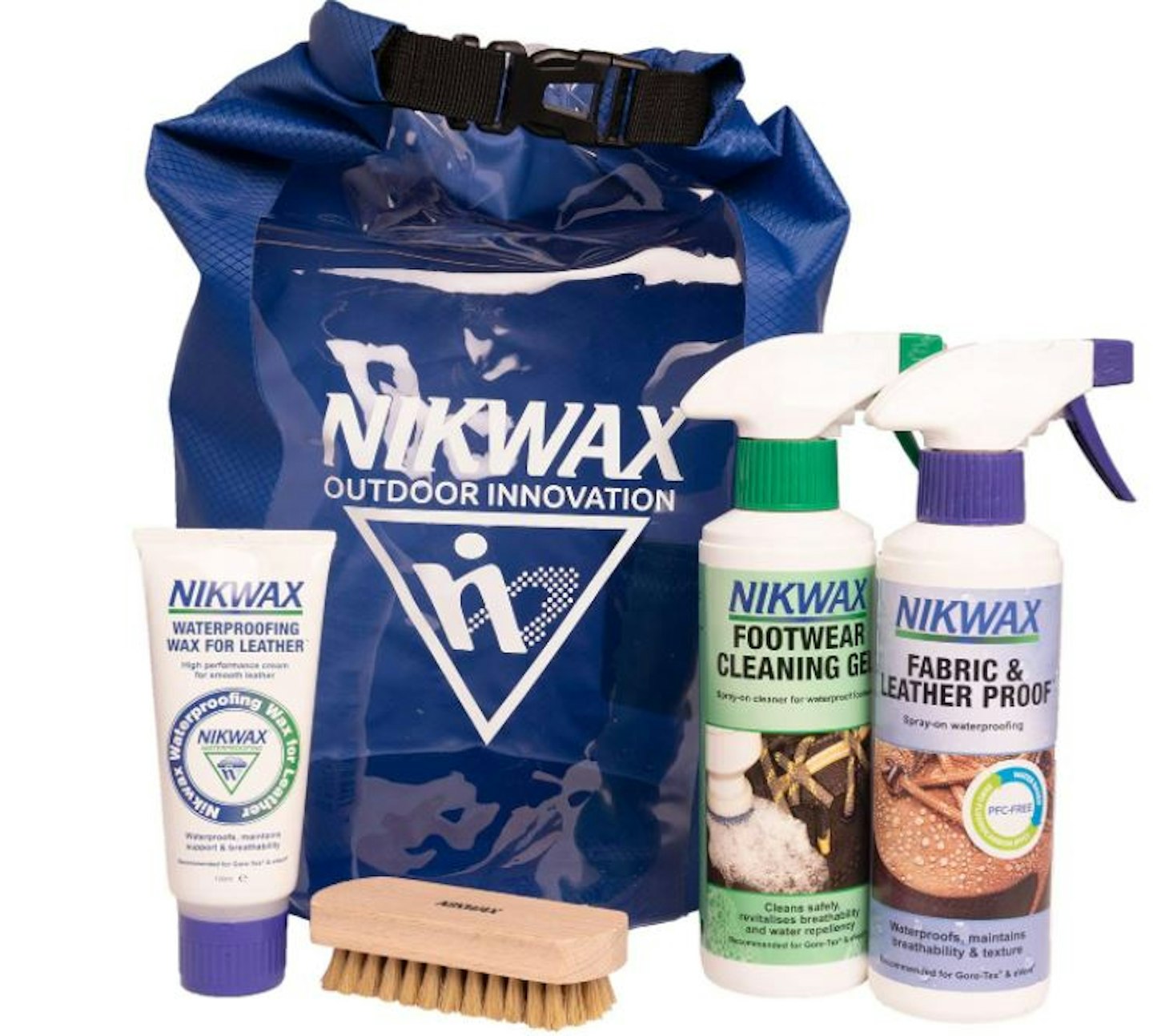 Amazon
AmazonThis Nikwax bundle is a footwear care kit for leather and fabric materials, complete with a brush and a dry bag. This kit earns high marks for its sustainability credentials, and the included dry bag proves invaluable during extended running trips and adventures.
Keep your feet protected
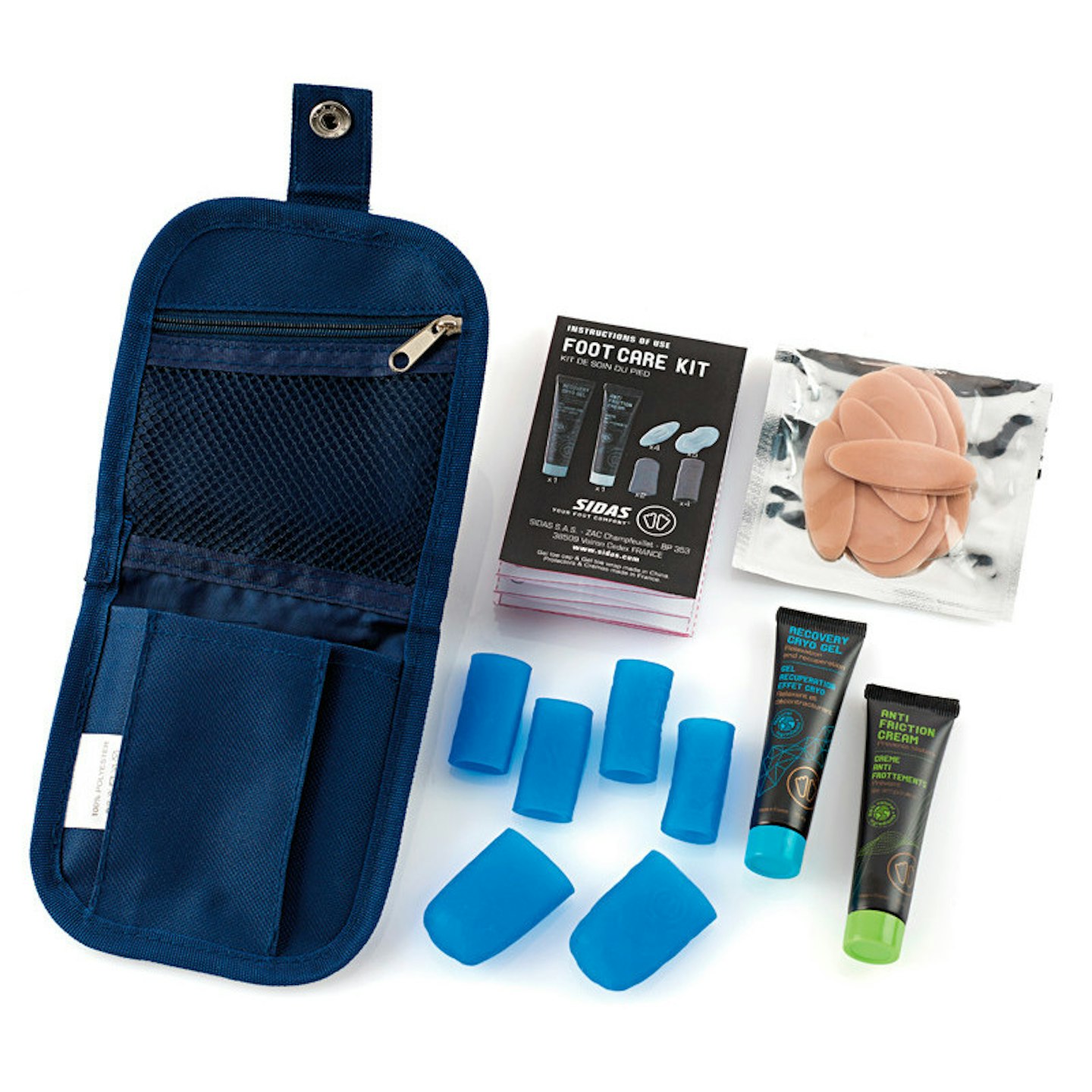
www.sidas.com
This compact Footcare Kit from Sidas contains a bundle of mini-sized items geared towards caring for your feet over long distances, and getting you to the finish line pain-free should any issues flare-up mid-run. This is truly a Hail Mary rolled up in one smart little pouch!
Those who enjoy long days out on the trails will know that they often come hand in hand with sore feet, black toes, and sometimes blisters. The Sidas Footcare Kit is small enough to fit into any running pack and includes heel and toe protection pads to stick over blisters, gel toe sleeves to protect against black toes, or lessen any pain from black toes already forming (make sure your trail running shoes have a little extra room in the toe-box to accommodate these). Along with two 15ml tubes of anti-friction cream and recovery cryo gel.
About the authors
Kate Milsom
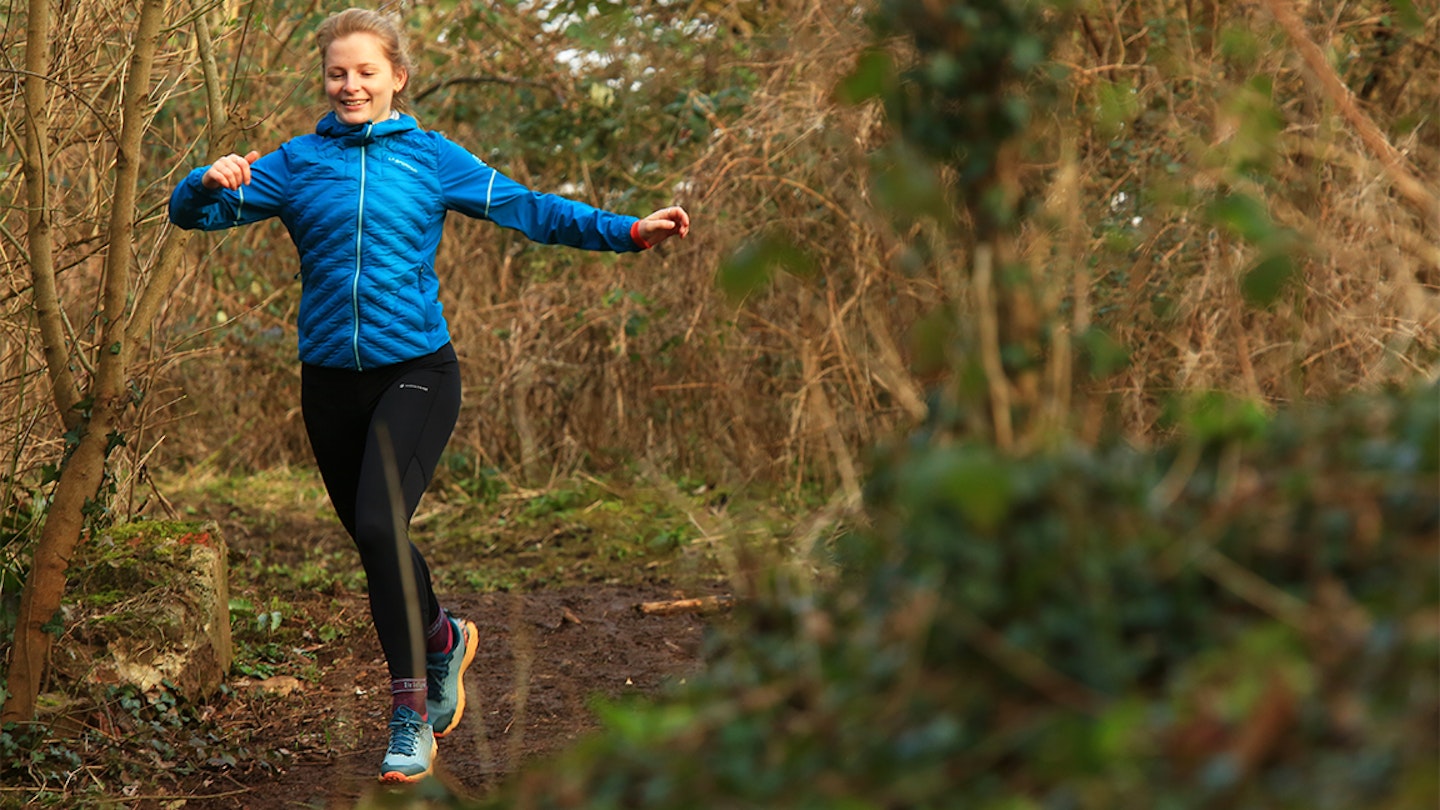
Kate Milsom specialises in trail running content, including expert gear reviewing, training advice, and breaking news in the world of trail running. She loves a comfy cushioned shoe, and gets on very well with midsole monsters like the Hoka Challenger 7. Kate is also an ultra runner and triathlete herself, having previously worked on cycling and triathlon publications. Kate has been working with LFTO since 2022.
Chris Williams
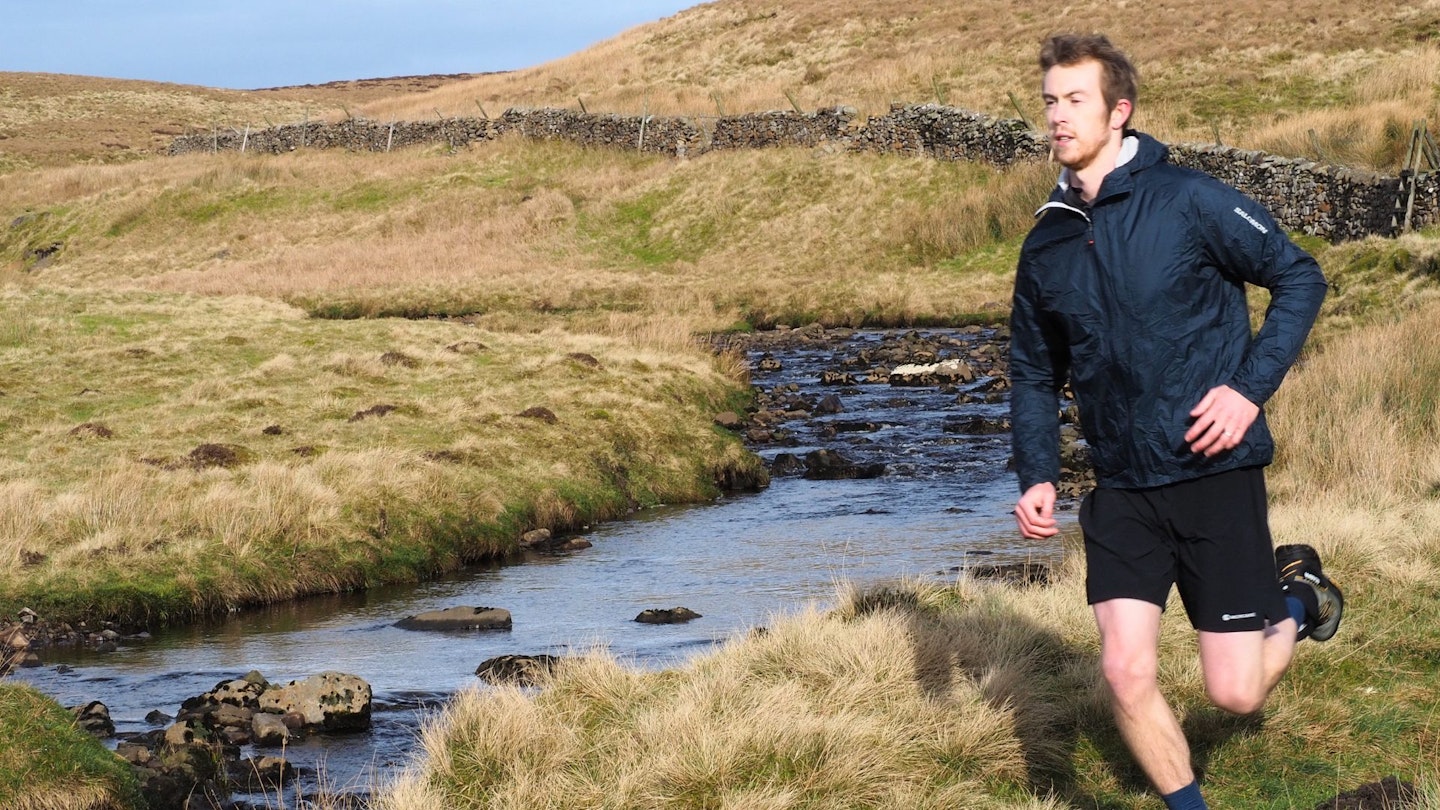
Chris Williams trained as a journalist in New Zealand, and then made the fatal error of leaving his mountainous home for the relatively flat UK. However, we're glad he did, as he's been working on Live For The Outdoors since 2021, testing gear across camping, hiking, and most recently, trail running. Chris is our expert in sustainability, having already got his hands on the latest bio-based trail running shoes, and is continuing to seek the perfect balance of sustainable construction and top-level performance.
Milo Wilson
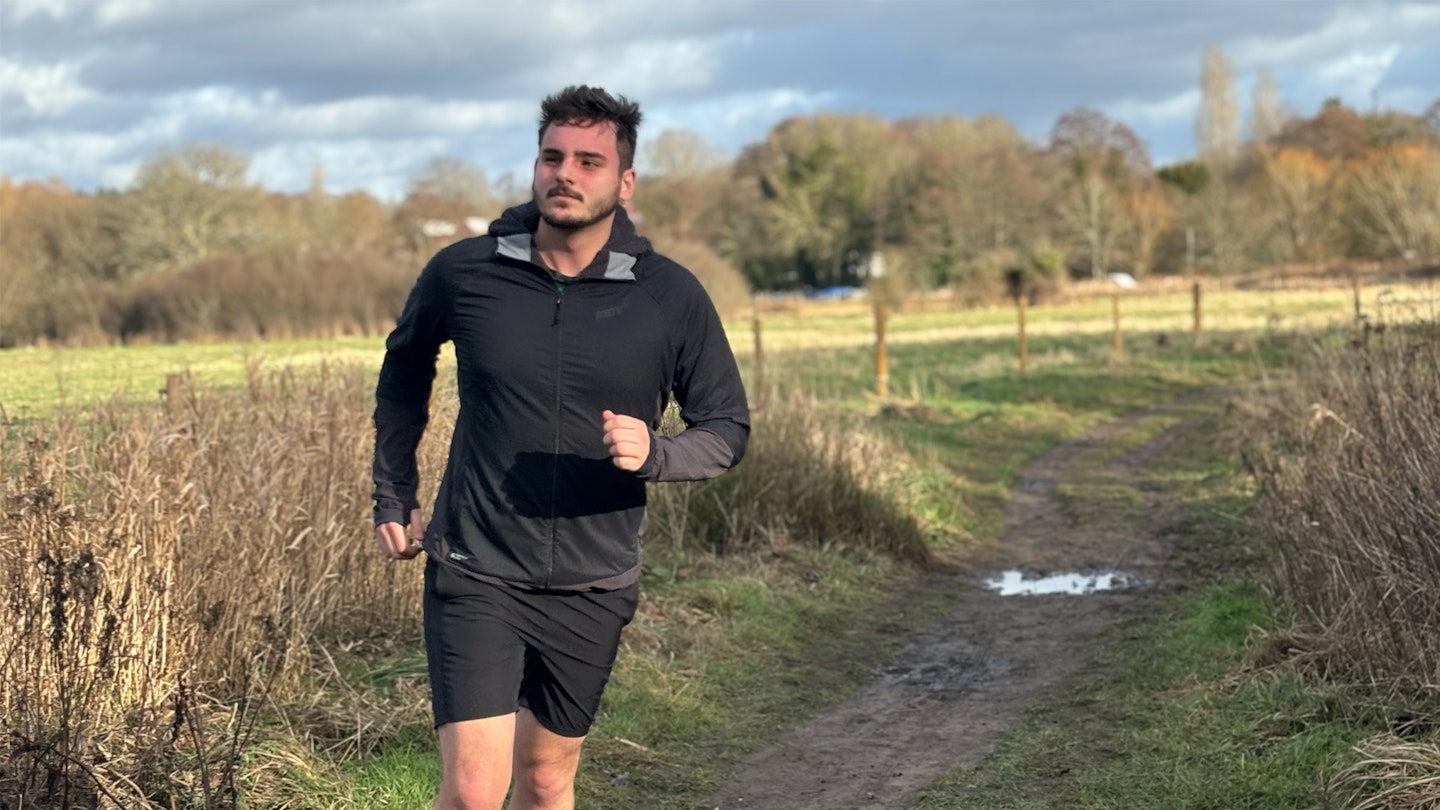
Milo physically cannot stop himself from running everywhere. Which is useful, because he can't drive. He joined LFTO in May 2023 and immediately began testing trail running shoes over the often-sloppy and cow-ridden Surrey hills. He's a big fan of carbon plates and fast shoes, and you'll more than likely catch him vasodilating during the pub crawl run at Love Trails.
